Antinuclear Antibody Test – (ANA)
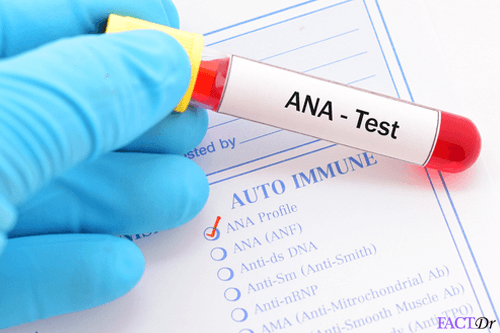
Home » Diagnostics » Blood Tests » Antinuclear Antibody Test – (ANA)
Last Updated December 20th, 2021
What is an Antinuclear Antibody Test?
The ANA test is used to detect the presence of antinuclear antibodies (ANA) in blood. In case the presence of the same is detected, it can be used to determine whether you have an autoimmune disorder. The test is generally accompanied by a physical examination and a detailed study of the symptoms.
The white blood cells generate antibodies that fight off the invading elements in the body. In some exceptional cases, these antibodies make the mistake of treating the body’s own cells as foreign. These are called autoantibodies and they make the immune system attack your own body creating the autoimmune diseases.
How do these antibodies affect us?
The ANA targets the nuclear material of a cell, specifically those released from that of a dying or an injured tissue. The normal cells generally remain out of their reach as the nuclei are not accessible. The ANAs can cause damage to the joints, skin, muscles and many other parts of your body. Most of us have some minor percentage of ANA in our blood but having too much of it can be a sign of an autoimmune disease.
In many cases, infections, cancers, liver diseases and some other forms of problems can also result in a higher count of ANA. A positive test for ANA cannot diagnose any particular disease and it is generally used in association with other tests.
What diseases are associated with high ANA count?
This group of antibodies is responsible for various conditions which include systemic lupus erythematosus, Sjogren’s syndrome, systemic sclerosis, inflammatory myositis, mixed connective tissue disorder, and rheumatoid arthritis.
Not everybody who has higher levels of ANA will be having an autoimmune disease. Individuals with multiple infections and those consuming certain medications can have elevated levels of ANA. The ANA levels also have a tendency to increase with age and almost one-third of healthy adults, especially women, over the age of 65 have elevated levels. Only in a few specific cases, can give rise to a cascading effect causing various forms of inflammation and resulting in a serious condition.
Why do I need to undergo an Antinuclear Antibody test?
The test is ordered when the doctor suspects the presence of a systemic autoimmune disorder. The symptoms of such a disorder have a wide range and they generally fluctuate between periods of flare-ups and remissions. These are the few symptoms that are noted before the test is ordered.
– Low-grade persistent fever
– Persistent fatigue and weakness
– Arthritis-like pain in one or more joints accompanied by muscle pain. The pain can be more during the morning hours.
– Red rash (for lupus, a special kind of rash resembling a butterfly appears across the nose and cheeks)
– Skin sensitivity to light
– Hair loss
– Numbness or tingling in the hands or feet
– Inflammation and damage to organs and tissues, including the kidneys, lungs, heart, lining of the heart and blood vessels.
In many cases, the doctors can also suspect an autoimmune disorder, particularly systemic lupus erythematosus, and order the test. Since the test is indicative and cannot point out a specific disease, the doctor may need to order further specific tests to determine the exact cause of the symptoms. Specific tests linked with signs of inflammation, active lupus, active autoimmune disease, and kidney problems are also conducted.
How is an Antinuclear Antibody test performed?
The ANA test is like any other normal blood test which needs a sample of your blood. The process is conducted through the method of venipuncture and it is carried out through the following steps.
– An elastic band is tied in the upper arm to make the veins swell with blood, thus making it easy for the technician to mark the right spot.
– The collection site is generally around the elbow region and the area where the needle is inserted is disinfected.
– A needle is inserted into the vein and the required volume of blood is drawn through it in an attached tube. You will feel a sting or some pain when the needle is inserted and it leaves a small mark on the skin.
– The needle is withdrawn and you will be asked to apply pressure on the site through a gauze or a cotton role to prevent any excess bleeding. The spot is then covered with a sterile bandage and the sample is sent to the laboratory for testing.
– In the case of infants and children, the skin is punctured by a scalpel and the blood is collected in a tube for necessary testing. For some individuals locating a suitable vein might be difficult and multiple punctures may be needed.
– In some cases, the test can result in excessive bleeding or the formation of a hematoma, which is blood building up under the skin. Infections at the puncture site are rare but can occur in some cases.
– There are multiple methods that are used for conducting the test. Some of these methods are indirect immunofluorescence, immunodiffusion,counter-immunoelectrophoresis, and enzyme-linked immunosorbent assay.
What is the price of the antinuclear antibody test in India?
The cost of the test generally ranges from Rs 300 to Rs 800 depending on the location and the facilities involved.
When will I get the test results?
The report is generally delivered with 24 hours. Some laboratories may take longer.
What is the normal range for an Antinuclear Antibody test?
A positive ANA test is usually reported as a ratio, termed titer, and sometimes as a pattern, such as smooth or speckled. A titer ratio indicates the dilution of the blood with saline water and a ratio of 1:80 means that one part of blood is mixed with 80 parts of saline. If the presence of ANA is detected at a ratio of 1:640 or greater, the probability of an autoimmune disease is higher.
Certain laboratories use a reference number and use an arbitrary unit of measurement to indicate a result that is above the reference figure, as positive. A negative result indicates that no ANA is present in the blood.
What do the results indicate?
A positive test result might be indicative of any of these conditions.
– Around 50 to 70 % of patients with Sjögren’s syndrome have positive test results. The doctor can order tests like anti- SSA and anti-SSB antibodies for the confirmation of this condition.
– Systemic lupus erythematosus (lupus) can affect different parts of your body, including the heart, kidneys, joints, and skin.
– Rheumatoid arthritis can affect and demobilize the joints and can also affect organs like lungs, heart and the eyes.
– An autoimmune disorder called scleroderma that primarily affects the skin and other connective tissues.
– Conditions like polymyositis or dermatomyositis which cause muscle inflammation and pain, along with rashes.
– Ailments related to the thyroid gland like hypothyroidism and hyperthyroidism.
– Polyarteritisnodosa is a rare autoimmune disease that causes the blood vessels to swell up and damage the organs.
The doctor will have to order additional tests to confirm the presence of a particular autoimmune disease. If the symptoms persist and the test results appear negative, further tests will be conducted for a better diagnosis. The following conditions can also result in a positive test result.
– Raynaud’s syndrome
– Thyroid diseases like Hashimoto’s thyroiditis and Grave’s disease
– Liver diseases like autoimmune hepatitis, primary biliary cirrhosis
– Inflammatory bowel disease
– Some lung diseases.
Do I need to fast for the Antinuclear Antibody test?
Fasting is not necessary before undergoing the test.
What else do I need to know before I appear for an Antinuclear Antibody test?
The following points will help you to get a clearer idea about the test.
– The test does not need any preparations but you should inform the doctor about any medicines that you might be consuming. Some medicines can impact the test results and you might be advised to stop the intake for some period.
– A large section of healthy adults will test positive for antinuclear antibodies even if they do not have any autoimmune disease. This can be due to multiple factors mentioned earlier.
– Since the ANA test cannot confirm the exact disease that you have, other tests will be needed. Make sure that you clearly understand the results and the details about how the other test results will affect your treatment by discussing it with your doctor.
– If the reports lead to the diagnosis of a specific autoimmune disease, keep in mind that such diseases can be treated effectively.
Can pregnant women undergo an antinuclear Antibody test?
A pregnant woman can undergo the test as it is simple and free from risks.
Is the Antinuclear Antibody test possible for new-born babies?
The test is possible for new-born babies as directed by the doctor.
- https://www.rheumatology.org/I-Am-A/Patient-Caregiver/Diseases-Conditions/Antinuclear-Antibodies-ANA
- https://www.southtees.nhs.uk/services/pathology/tests/anti-nuclear-antibody-ana/
- https://medlineplus.gov/lab-tests/ana-antinuclear-antibody-test/
- https://labtestsonline.org.uk/tests/antinuclear-antibody-ana-test
Want to live a healthy lifestyle?
Subscribe to free FactDr newsletters.
REVAMP YOUR
LIFE
HEALTH
WELLNESS
If you're enjoying our website, we promise you'll absolutely love our new posts. Be the first one to get a copy!
Get factually correct, actionable tips delivered straight to your inbox once a week.
We hate spam too. We will never share your email address with anyone. If you change your mind later, you can unsubscribe with just one click

By clicking Subscribe, I agree to the FactDr Terms & Conditions & Privacy Policy and understand that I may opt out of FactDr subscriptions at any time.
Help Others Be Fit
Related Posts
 Joint Pain There can be a wide range of causes for joint pain. Some…
Joint Pain There can be a wide range of causes for joint pain. Some… Anterior Cruciate Ligament (ACL) Reconstruction Surgery ACL surgery is a tissue graft replacement surgery of the anterior cruciate…
Anterior Cruciate Ligament (ACL) Reconstruction Surgery ACL surgery is a tissue graft replacement surgery of the anterior cruciate… Osteoporosis Osteoporosis or “porous bone” is a systemic skeletal disease in which bones…
Osteoporosis Osteoporosis or “porous bone” is a systemic skeletal disease in which bones… Connective Tissue Diseases Since connective tissues form the structural framework within our bodies, diseases affecting…
Connective Tissue Diseases Since connective tissues form the structural framework within our bodies, diseases affecting…
Top Stories
- Ferritin Test
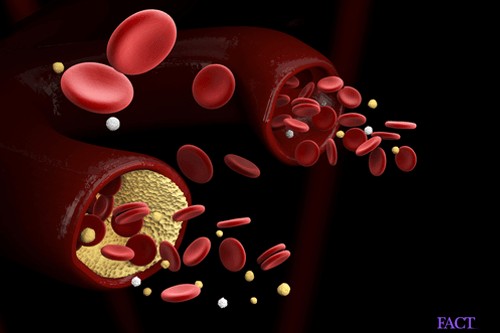
- Blue Balls

- Tonsil Stones
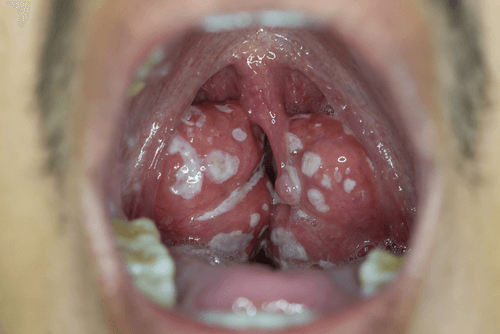
- Sebaceous Cyst

- Muteness

- Rubella IgG Test
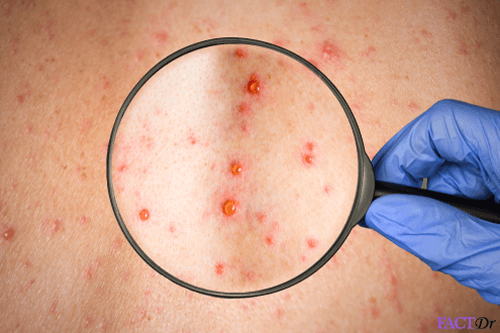
- Lipid Profile
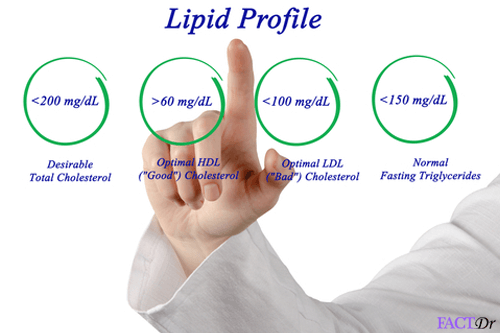
- Lectin: The common link of proteins between peas and people

- Enterogermina

- Bifilac

- Leukoplakia
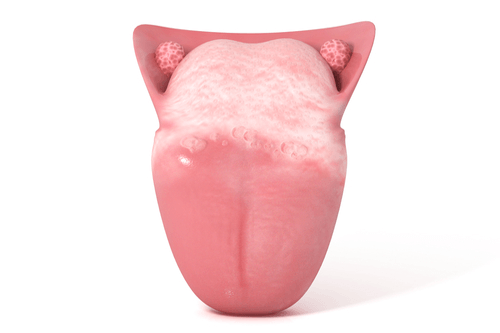
- Pulmonary Function Tests

- Skin Rashes

- Random Blood Sugar Test
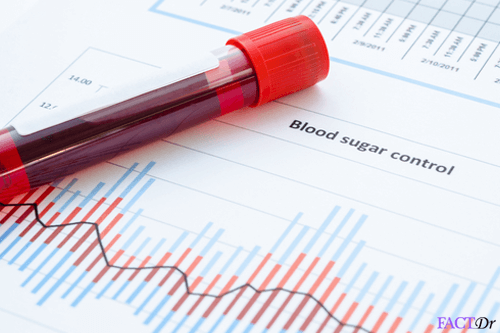
- Cervical Cysts

- Dyshidrotic eczema

- Dexorange

- The real reason why you shouldn’t be eating ramen noodles

- Rheumatoid Factor (RF)
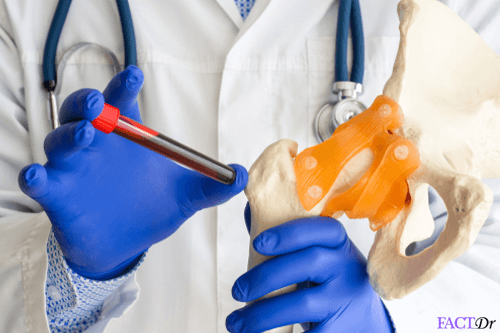
- Augmentin 625

- Anti-Thyroglobulin Antibody test
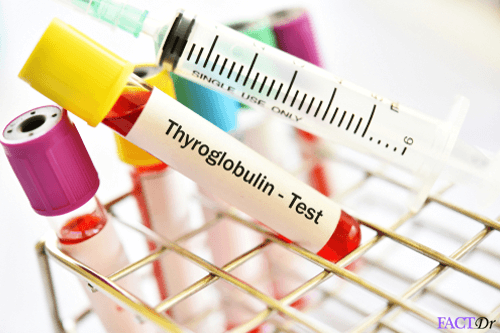
- Lupus Rash
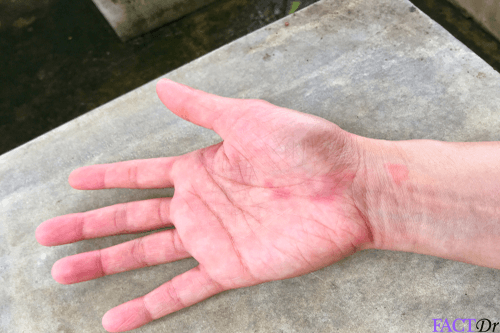
- TBHQ: A carcinogen lingering in your child’s favorite snacks

- Pott’s disease

- Passion fruit: How one exotic fruit can help you fight infections and cancer!

- Tongue infections

- Thyromegaly

- Cervical Polyps

- Primolut N

- Post-Prandial Blood Sugar
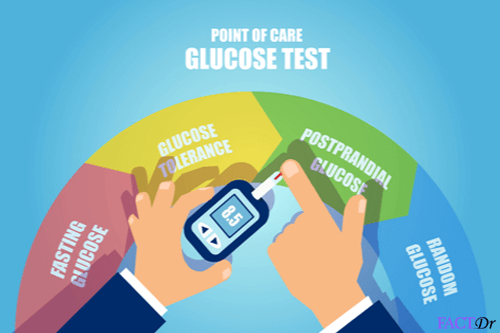
- High platelet count

- Beriberi

- Hepatitis B Envelope Antigen (HBeAg)

- Orofer XT

- T Bact Ointment

- Wasp Sting

- Nurokind LC

- Amoebiasis

- Betadine

- Herpes Simplex Virus I (HSV)-IgG Test
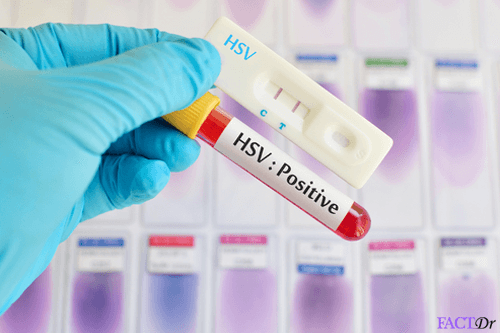
- Chiggers

- Non-Hodgkin’s Lymphoma

- Blue Waffle Disease

- Hangnails

- Balanitis

- Evion LC

- Flunarizine

- AST- Aspartate Aminotransferase Test
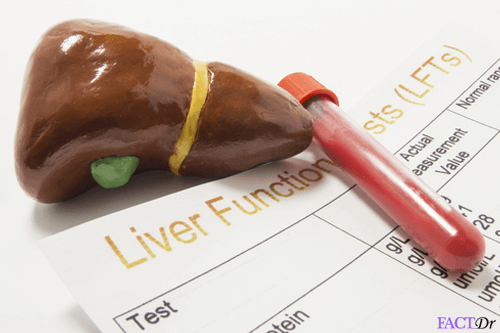
- Inverted nipples

- Treponema Pallidum Antibody(TPAB) test

- Avil

- Vitamin K2: 8 reasons why you need this bone-building & cancer-fighting nutrient

- Thyroglobulin (TG) Test
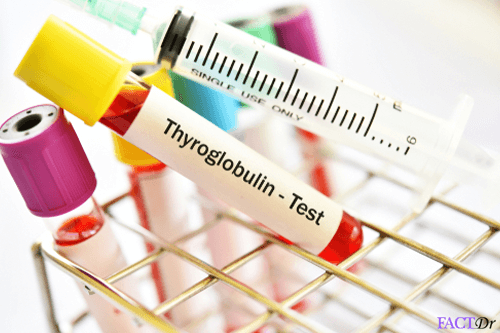
- HLA-B27 test
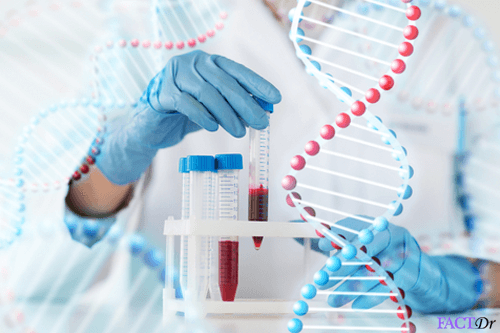
- Abscess
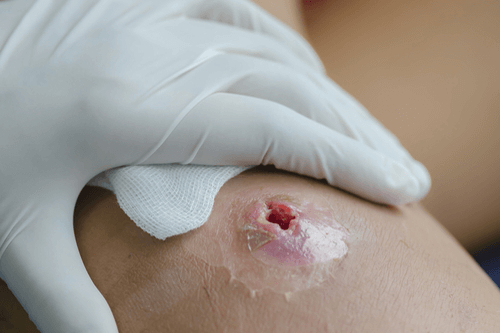
- Fatty Liver Disease
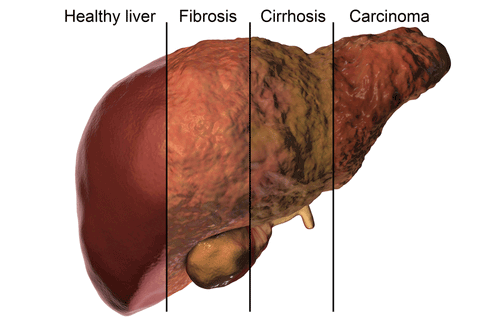
- Metabolic Disorders

- Cherry Angioma

- Gum Disease

- Diverticulitis diet: The right way to eat if you suffer from the disease

- Chondromalacia

- Hydrocele

- FBS Test – Fasting Blood Sugar
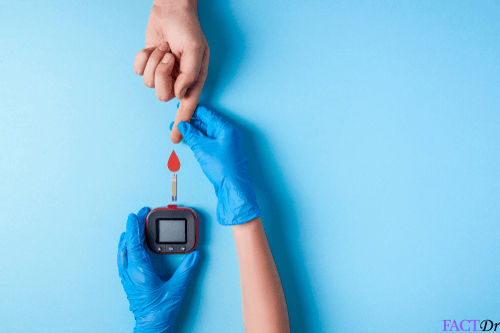
- Pus
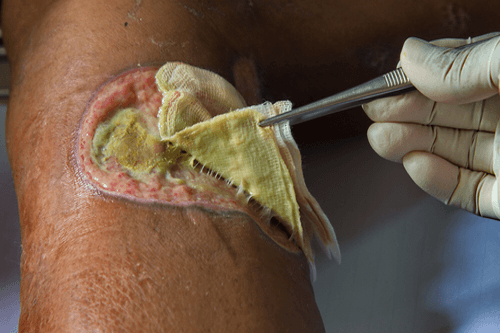
- Yellow poop

- Serum Electrolyte
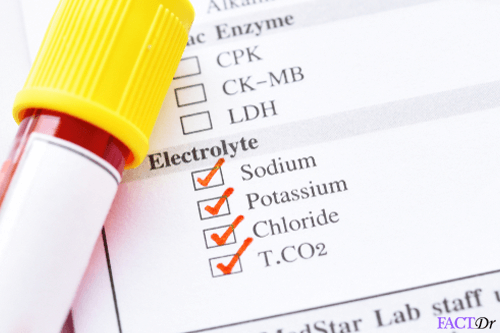
- Cardiolipin Antibody (ACL) –IgM Test
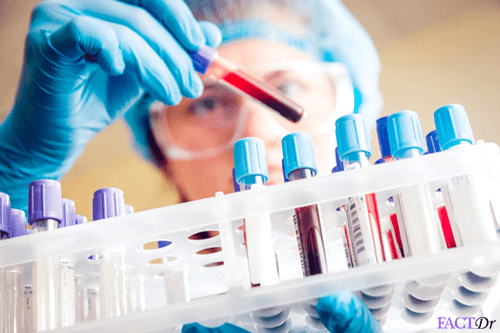
- Becosules

- Maltitol: Things you must know about this artificial sweetener

- Autoimmune Diseases: Find out if your body is attacking you right now

- DHEA Sulfate (DHEAS) Test
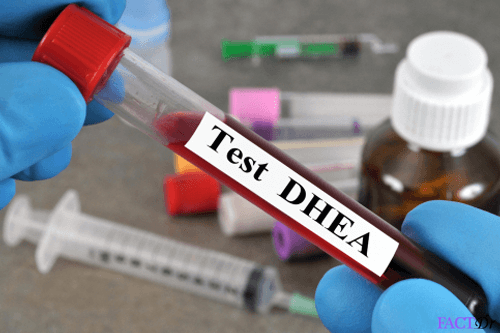
- Kidney Cysts
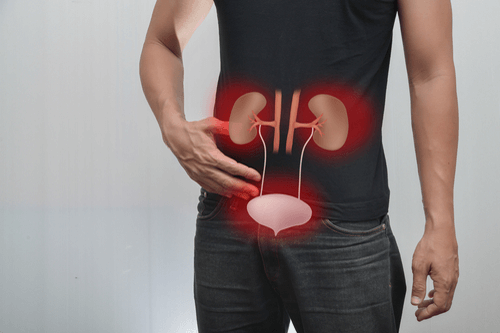
- IgE test – Immunoglobulin E

- Prickly Heat Rash
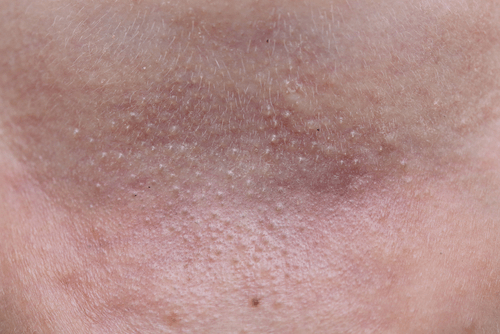
- Duphalac

- Abdominal CT scan
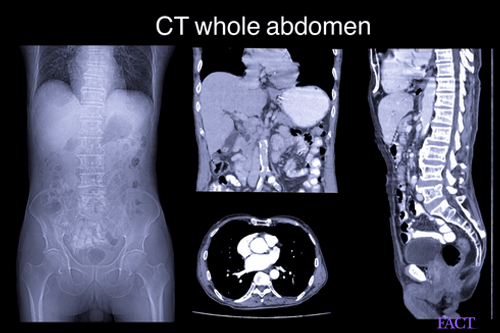
- Myospaz

- Enlarged Liver
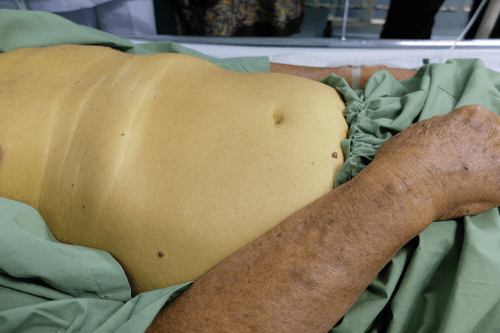
- The importance of roughage in diet

- Brown Recluse Spider Bites
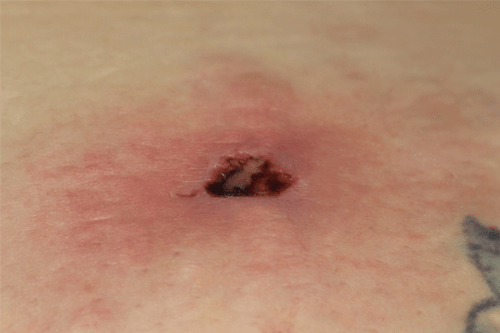
- Hypermetropia
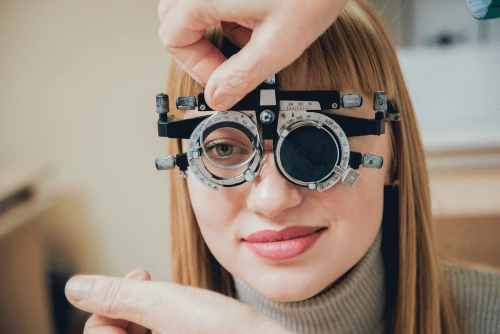
- EKG – Electrocardiogram
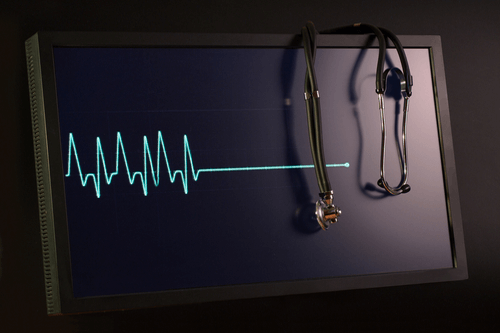
- Taxim O
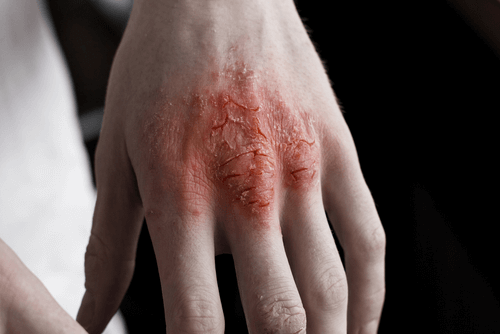
- Fibroadenoma

- Serum Zinc Test
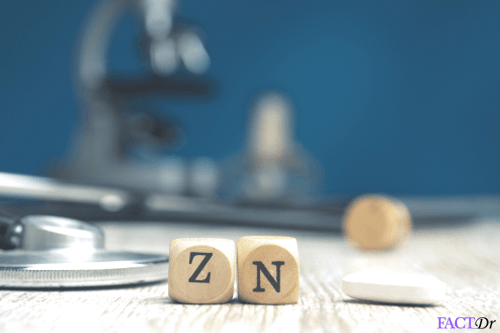
- Chymoral Forte
- Clavam 625

- Ketorol DT

- Silicon Dioxide: How can a component of sand be essential to your wellbeing?

- Chromium Toxicity

- Albinism

- Viral Infections

- Swollen Lymph Nodes

- Smegma

- Free Triiodothyronine (FT3) Test
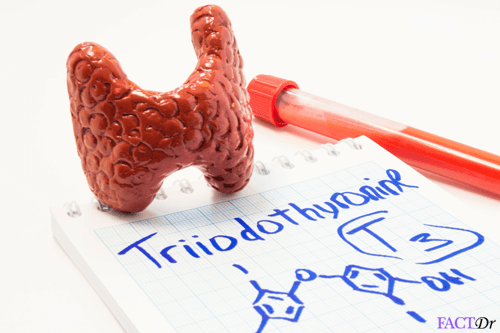
- Skin Tags

- Erythropoietin (EPO) Test
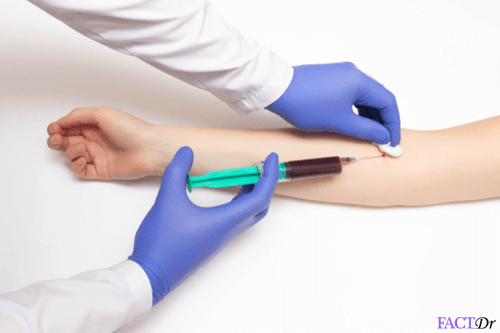
- Cytomegalovirus (CMV)- IgG Test
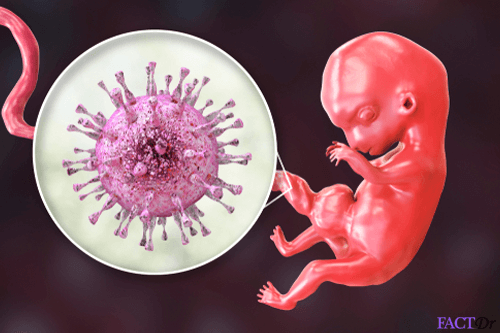
- Hydrocephalus

- Shelcal 500

- Pellagra
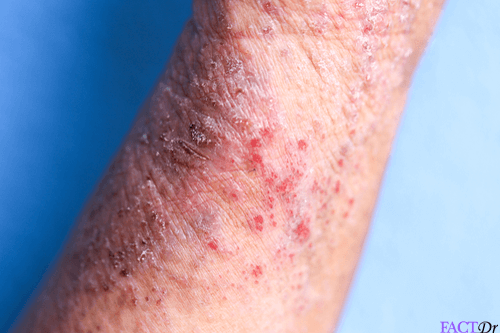
- Birthmarks

- Chromium Picolinate: An essential mineral supplement for faster weight loss

- Prolapsed Uterus

- Helicobacter Pylori – IgG Test
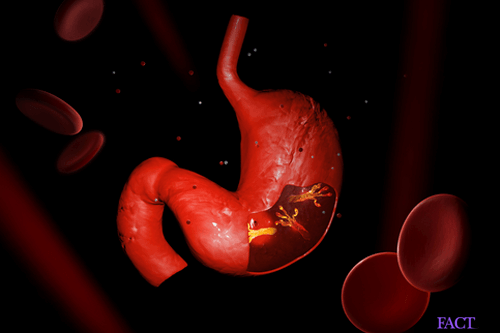
- Free thyroxine test (FT4)
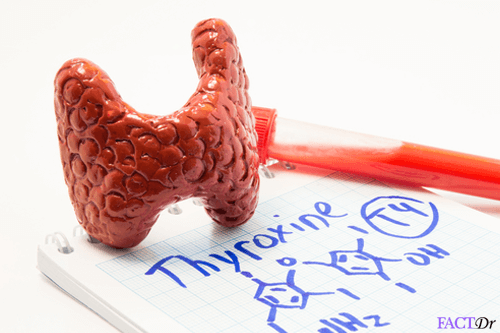
- Scabies

- Genital Herpes

- Excretory System Diseases

- Eustachian Tube : Functions and top home remedies to prevent its infection

- Intestinal Adhesions

- Rectal Prolapse

- Abnormal Vaginal Bleeding

- How do neutrophils protect you from fatal bacterial attacks?

- Zerodol

- Cheilitis
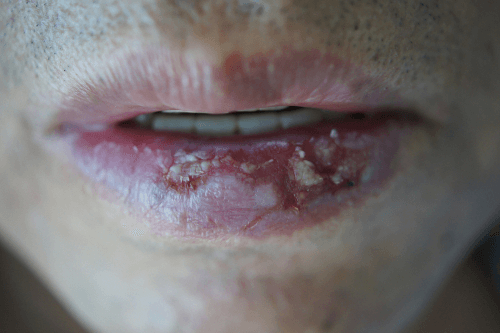
- Bilirubin Test
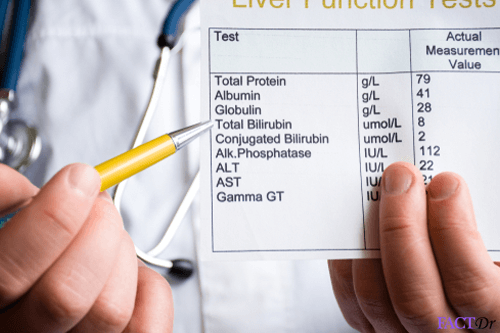
- Cavernous Sinus Thrombosis

- Smallpox

- Top 6 remedies to treat a razor burn at home

- Temper Tantrum

- Pan D

- Ingrown Toenail

- Jock Itch

- Genital Warts (HPV)

- Phlebitis

- Sickle cell disease
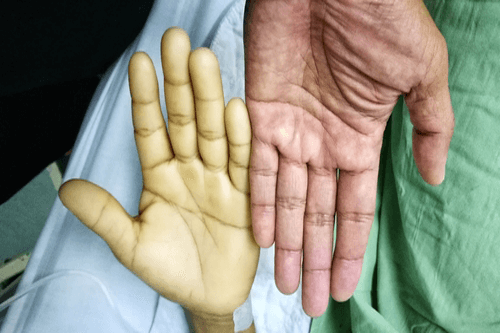
- The Big 5 lifestyle diseases: How your everyday living might be killing you

- Alexandria’s Genesis

- Cellulitis
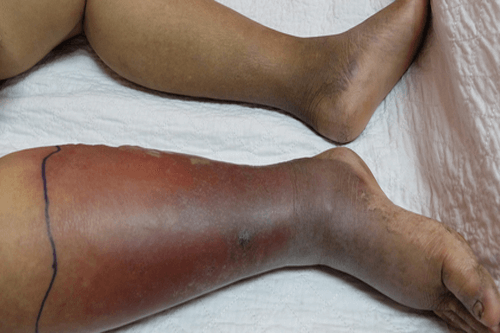
- Beta 2 Glycoprotein 1 IgG

- CLA: A breakthrough weight loss supplement with minimal side effects

- Burning mouth syndrome
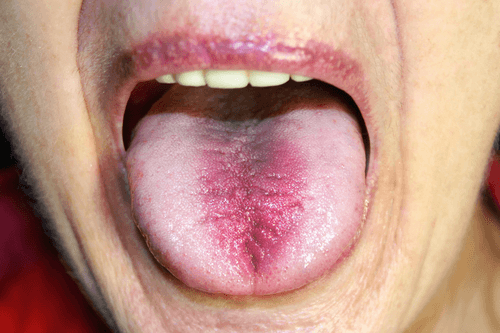
- Athlete’s Foot
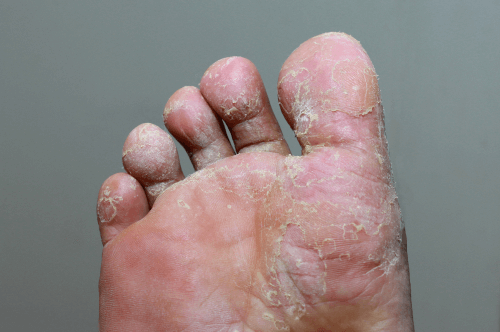
- Disodium Hydrogen Citrate

- Zifi 200

- Racecadotril

- Urinary Microalbumin Test
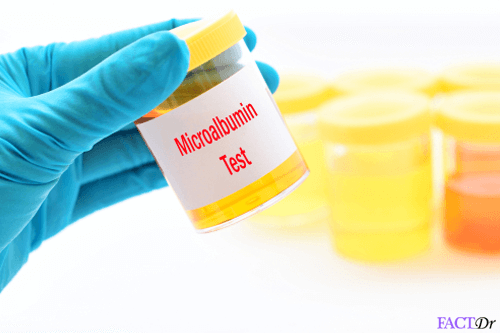
- Gonorrhoea

- Benign Tumours
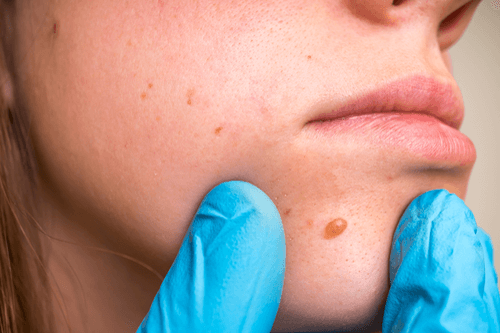
- Dry skin
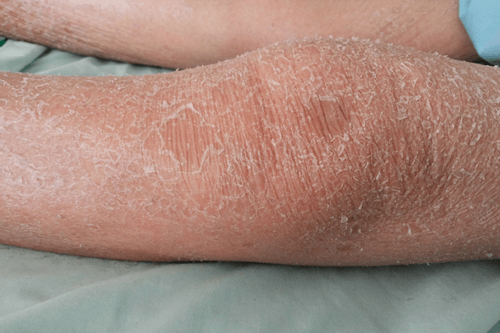
- Brain Cysts

- Deep Vein Thrombosis
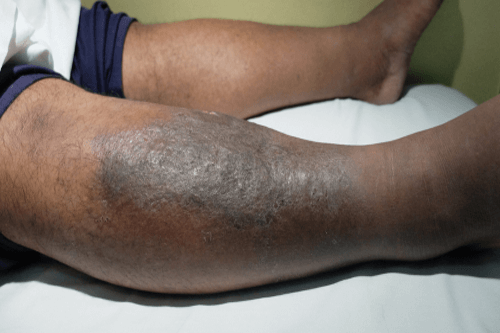
- Myocardial infarction

- Razo D

- Betnovate

- Stye
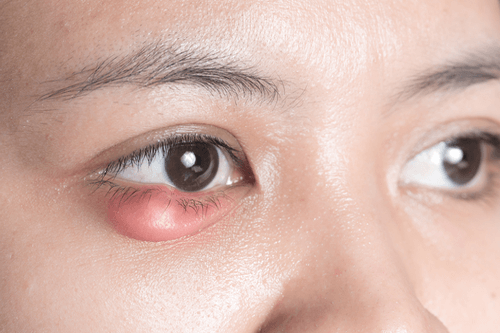
- The science behind daith piercing: Can it really cure migraine?

- Hiatal Hernia

- Arachnoid Cysts

- Cerebral Cavernoma

- BRAT Diet: What is the right way to follow this diarrhea-relieving diet?

- Maladaptive Daydreaming

- Duphaston

- Neural tube defects

- Zerodol SP

- Antinuclear Antibody Test – (ANA)

- Nexito Plus

- Gilbert’s Syndrome
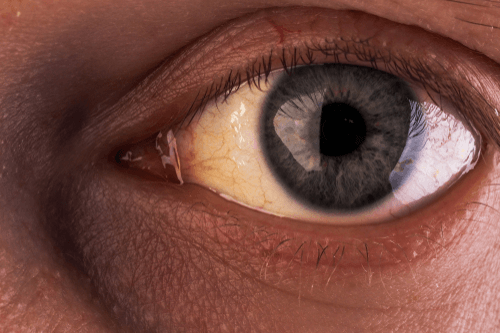
- Moon Facies ( Cushing Syndrome)

- Lisp

- Folate test

- Maltodextrin: What are the hidden health benefits of this food additive?

- Foot Corns

- Scalp Psoriasis
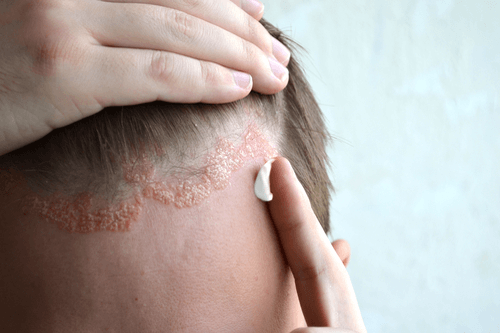
- Anencephaly

- Norflox TZ

- Hives
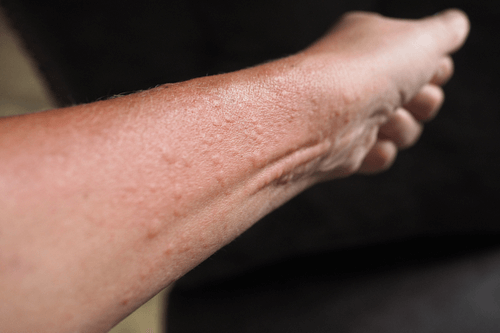
- Blood blister

- Pinworms
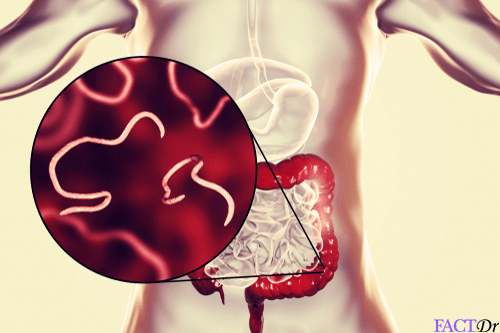
- Tonsillitis

- Enteritis

- Mumps
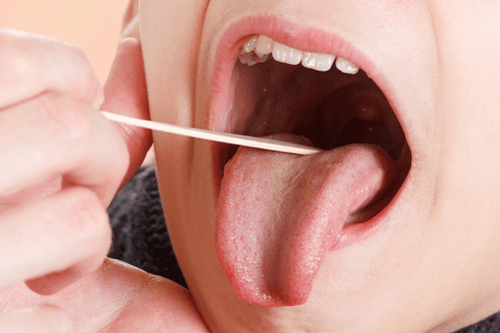
- Helicobacter Pylori – IgA Test
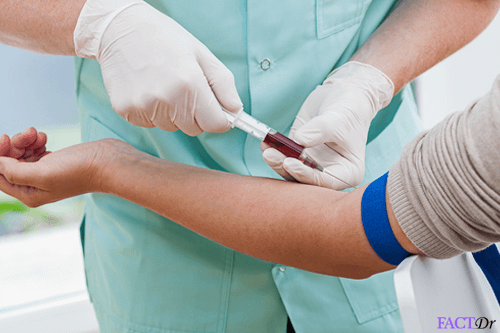
- Heat Rash

- Fungal infections

- Typhus

- Stuffy Nose

- Endocrine System Disorders

- Troubled with IBS? Here’s a complete roadmap to the low FODMAP diet

- Eating Disorders: Lifestyle choice or a psychological condition?

- Cystoscopy

- Dengue NS1 test

- Salivary Gland Infection
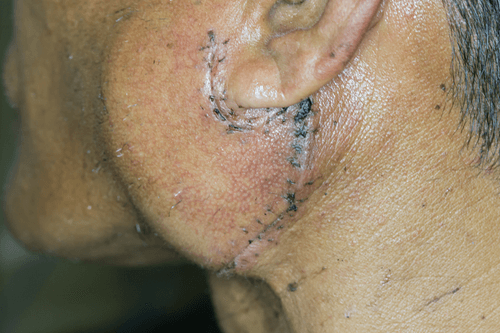
- Internal Bleeding

- Ringworm
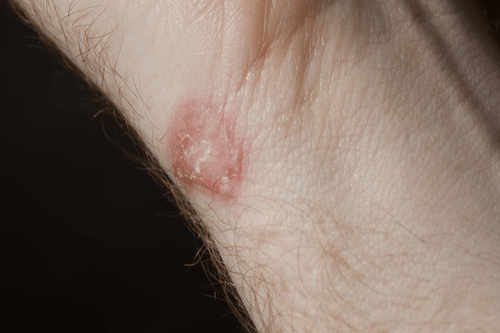
- Endomysial Antibodies (EMA) Test

- Pyelonephritis

- Sputum test
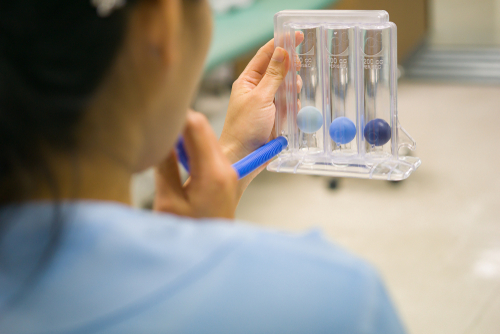
- Stye : The best natural home remedies to ease the pain

- Etizolam

- Klinefelter’s Syndrome

- Trichomoniasis

- Bronchitis

- Leukocytosis

- Amylase Test

- Levosulpiride

- Blood thinners

- Rubella

- Occupational Hazards: How to vouch for your health at your workplace

- Ascites

- Piaget stages: Do they accurately describe the way the human brain develops?

- Skin irritation

- Anti Ds-DNA antibody Test
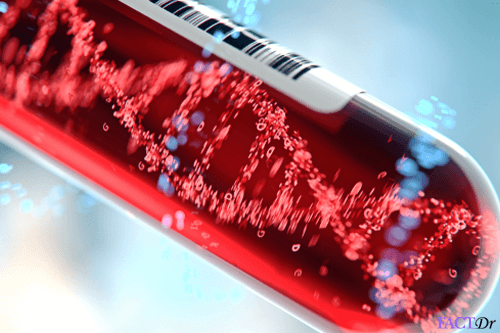
- Poop chart: Top things you didn’t you your poop could reveal about you

- Giardiasis

- Drotin DS

- Swollen Feet
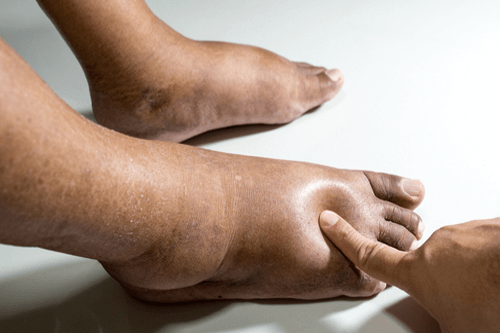
- Panera Bread: The truth behind this “healthy” restaurant chain

- Asthenia

- Ulcers

- Green Healing: The amazing health benefits of being in nature

- Adenoiditis

- Emphysema
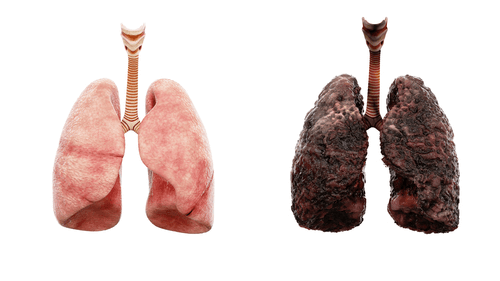
- Milk Thistle: Find possible cures for fatal diseases in these purple blooms

- Rickets

- Acanthosis nigricans
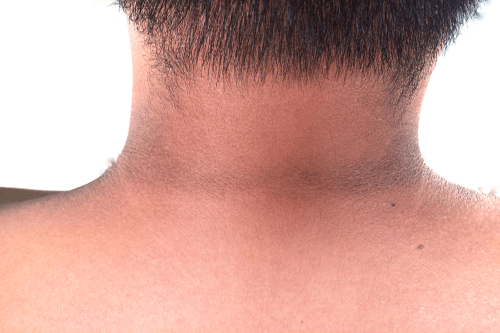
- Poison oak

- Werner’s Syndrome

- West Nile Disease

- CBC (Hemogram 6-part diff) blood test

- Hypersplenism

- Lipoprotein (A) Test
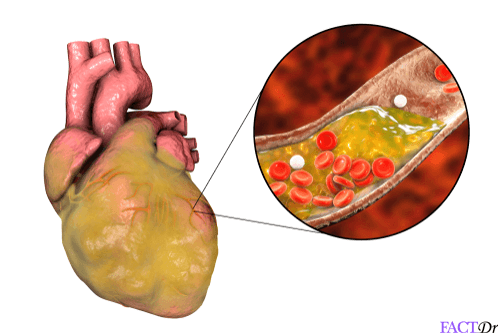
- Albumin Test
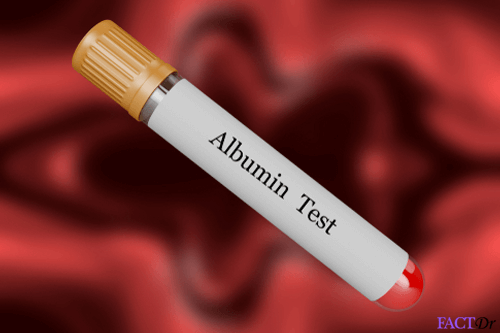
- Arm fracture

- Dislocated Jaw

- Common diseases that could cripple your vital organs

- Lipoma
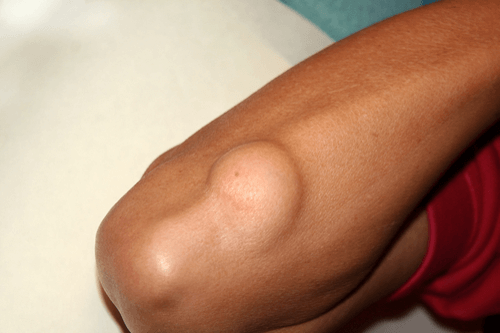
- Hematuria

- Tissue Transglutaminase Antibody (tTG) Test
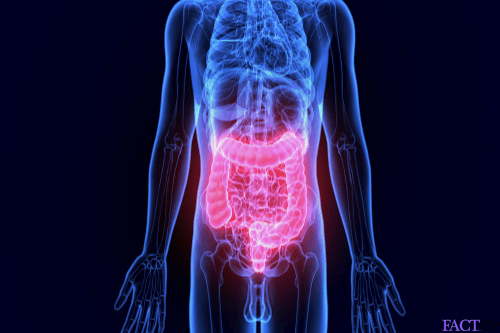
- Dysentery
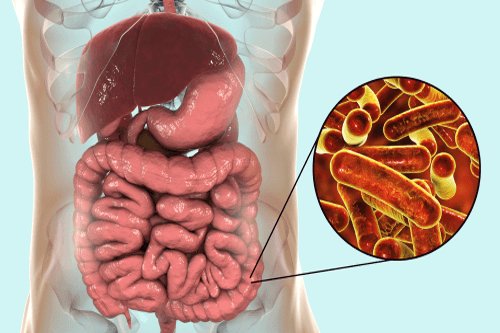
- Enlarged Heart

- Congenital Glaucoma
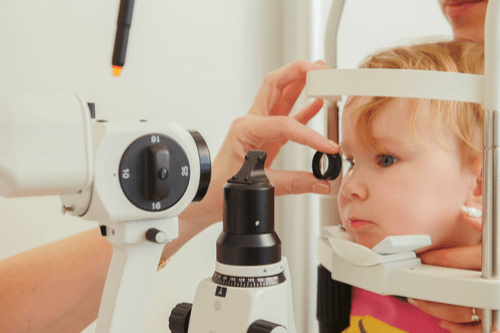
- 9 benefits of walking we bet you didn’t know!

- Proctitis

- Cloudy Urine

- Meftal Spas
- Baby Acne

- Comedones

- Syphilis

- Blood Element Analysis Test
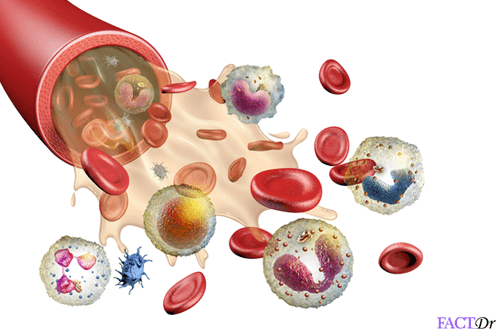
- Ciplox Tz

- Spider Bites

- Canker Sores (Apthous Stomatitis)
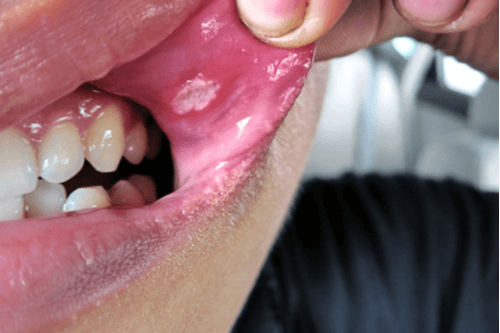
- Ketoacidosis
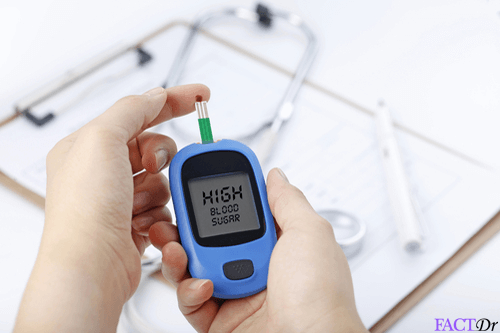
- Brain-Eating Amoeba (Naegleriasis)

- Sitophobia

- Sustan 200

- MRSA – Methicillin-Resistant Staphylococcus Aureus

- Atelectasis

- Non-Allergic Rhinitis

- Anti-Microsomal Antibody AMA Test

- Hand Fracture

- 8 hidden causes of obesity you probably didn’t know!

- Anti-CCP Test – Anti-Cyclic Citrullinated Peptide
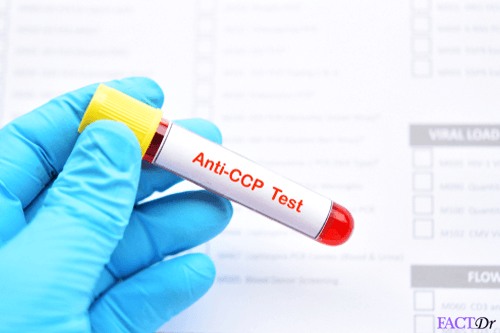
- Rhabdomyolysis

- Blood Disorders

- Tonometry
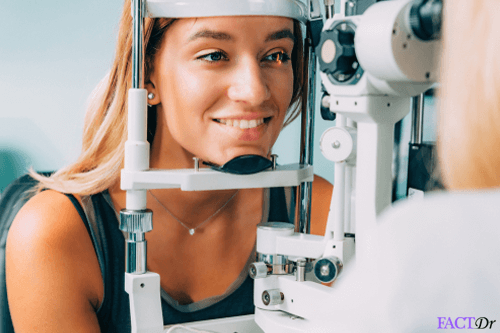
- Sepsis (Blood Poisoning)

- Beta hCG Test

- Hemolytic Anemia
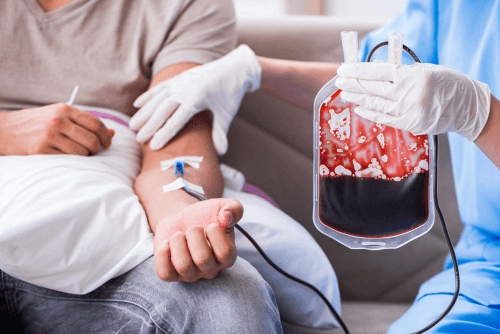
- Lipodystrophy
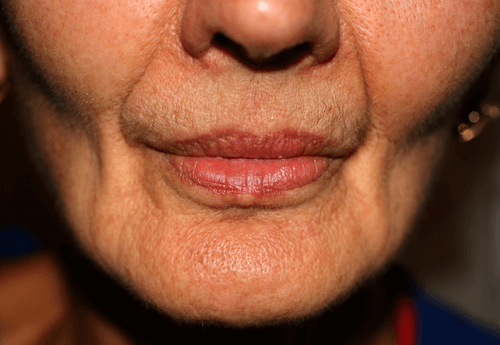
- Oral Glucose Tolerance Test – GTT
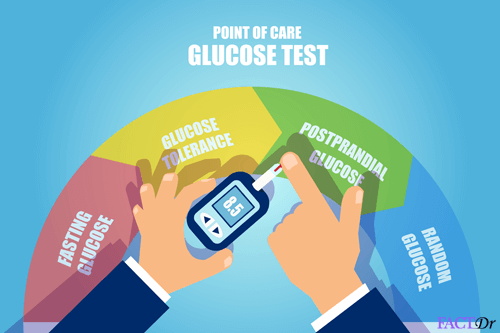
- Costochondritis

- Dyscalculia

- Yellow Jacket Sting

- Trisodium Phosphate: How a paint thinner made its way into your breakfast

- 17 OH Progesterone test
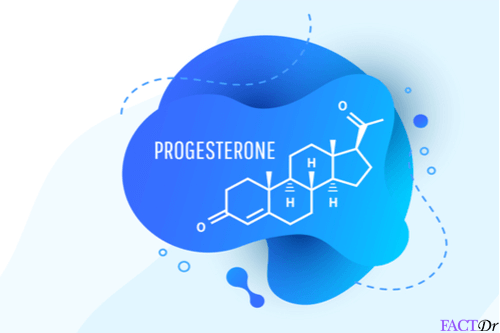
- Cold Sores

- Quadriplegia
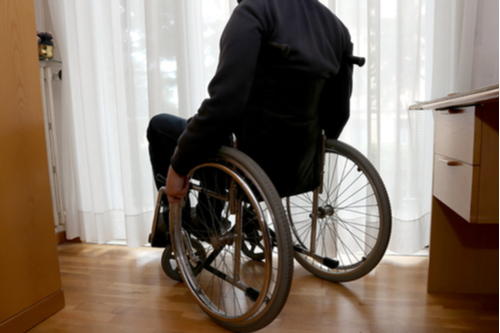
- Freckles

- How accurate is the hair follicle drug test?
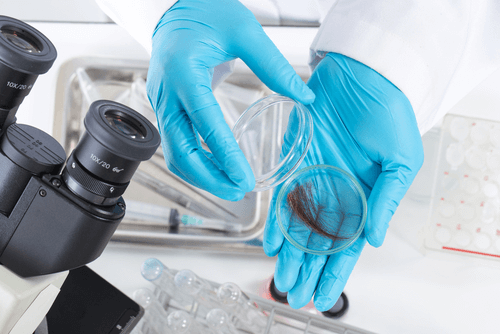
- Varicocele

- Genetic diseases

- Arterial Blood Gas Analysis
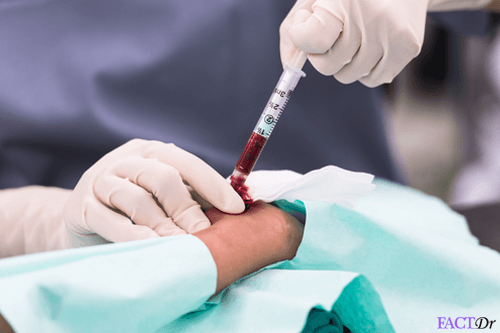
- Keratitis

- Oral Leukoplakia
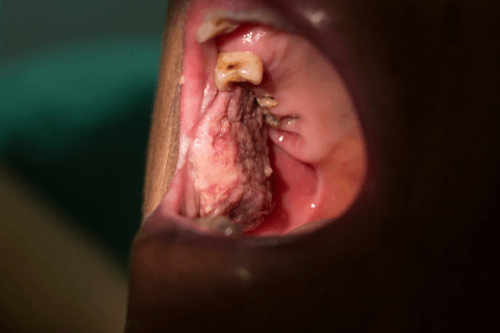
- Anal Abscess

- Carrageenan: How a simple seaweed extract could better your gut health & immunity

- Thalassemia
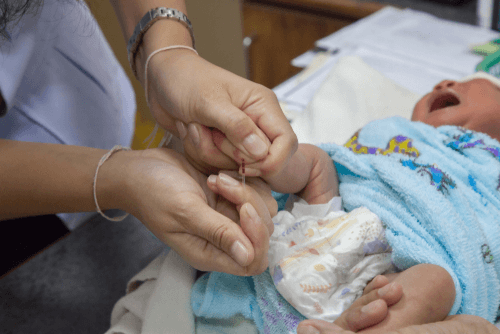
- Folliculitis

- Wound debridement and dressing

- Sinarest

- 5 unbelievable effects of dance on your overall health!

- Chicken Pox

- Electroencephalogram – EEG

- Otitis media

- Edema

- Tongue cancer
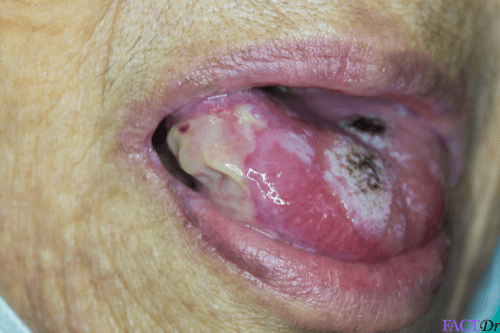
- Fibrocystic Breast Changes

- Quadriceps: Why stretching these is a must before going for a run

- Jackfruit: Slice your way into higher immunity, better digestion, & more…

- Oligohydramnios

- Pre-cancerous Skin Lesions
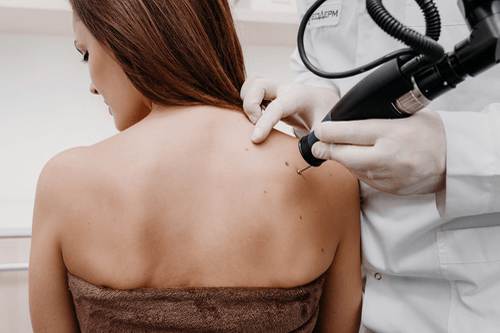
- CA 15-3 Test

- Don’t let your sleep deficit grow into memory loss or heart attack

- Juice Plus: Can you really replace actual fruits with pills?

- Chlamydia

- Colloid Cyst

- Silicosis

- Hyperthyroidism

- Pneumonia

- 7 liver detox facts and why ignoring these could kill you!

- Addison’s Disease

- Tongue Diseases

- The real reasons for your mood swings and how to overcome them

- Bulimia Nervosa

- Hookworms
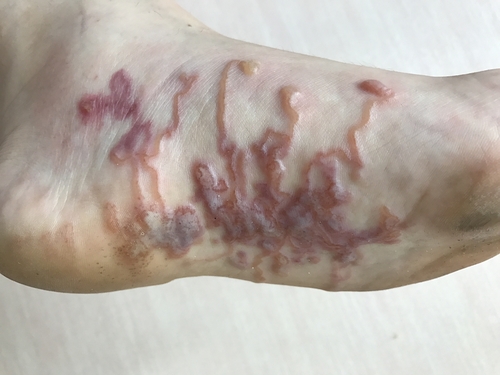
- Mox 500

- Immunoglobulin M Test

- Jicama: A fiber-rich tuber for your weight loss goals

- Ingrown Hair
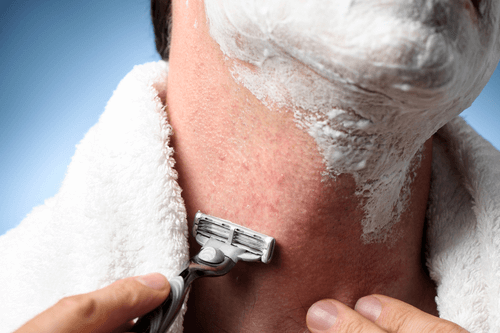
- Blisters
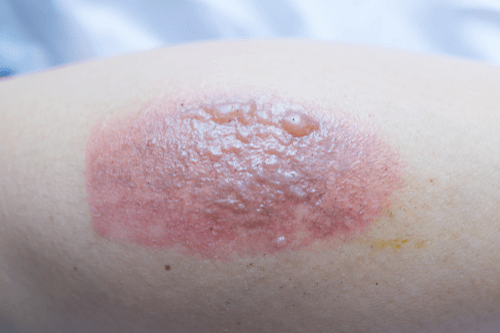
- Microcephaly
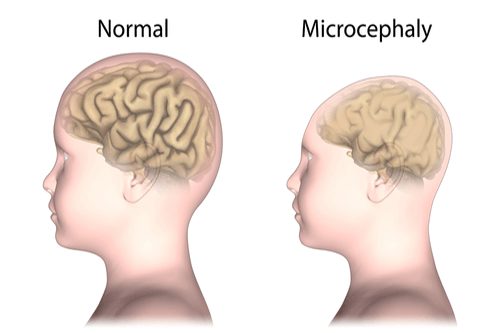
- Appendicitis

- Plantar Warts

- These are the top foods to increase your hemoglobin count

- Itching

- Anhidrosis

- Are you depressed or just stressed? Know when to see a doctor

- Jaundice

- Cardiac Profile

- Lockjaw
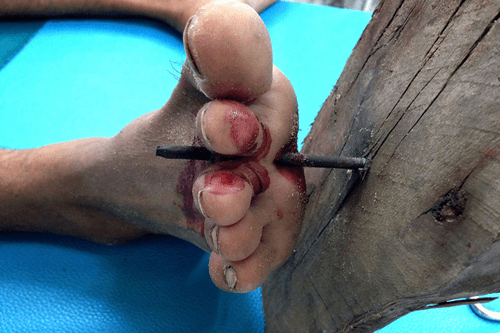
- Cat-Scratch Disease

- Hodgkin’s Disease

- Bruises

- Flat Feet

- Isagenix Diet: Do you really need liquid meal replacements to lose weight?

- Lupus

- Peripheral Artery Disease

- Colon Polyps

- Poison sumac

- Subdural Hematoma

- Skin Problems

- Skin Problems in Children

- Combiflam
- Charley Horse

- GGT – Gamma-Glutamyl Transferase Test
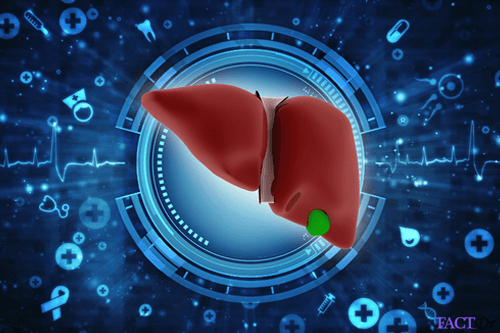
- Power up your gut: 8 proven steps on how to improve your digestion

- Xanthan Gum: The pros and cons of this synthetic gummy additive

- Viral Meningitis

- Enlarged adenoids

- Pressure ulcers

- Astaxanthin: Why experts believe it could be 550x more potent than vitamin E!

- Beta 2 Glycoprotein 1 IgM
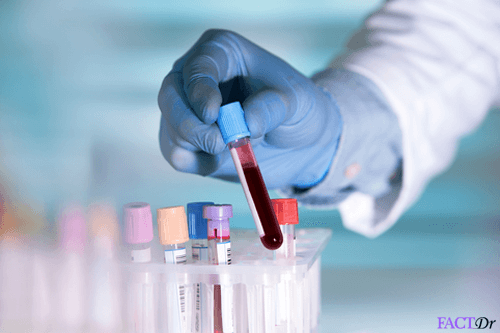
- Bone tumor

- Chlorella: Therapeutic powers of the billion-year-old algae now within your reach

- Connective Tissue Diseases

- Skull Fracture

- Cheston Cold

- Lymphoma

- Why you should be adopting a Mediterranean style of diet today

- Flagyl 400

- Signoflam

- Oxycodone

- Dwarfism

- Squid Ink: A unique food coloring and flavoring agent

- Sugar: 7 new shocking truths revealed about the sweet poison

- Nail Fungus

- Hepatitis Profile
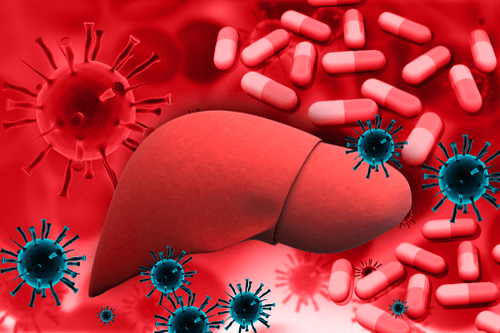
- Copper Serum Test
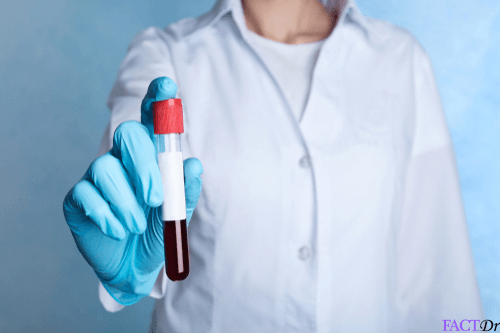
- Staph Infection
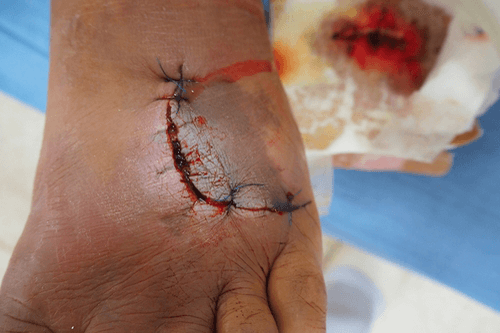
- Dysgraphia

- Dengue Fever

- Is bronchitis contagious? And how to prevent this infection?

- Hernia

- Night Blindness

- Coconut sugar: What is it and is it healthier than table sugar?

- Gastritis

- Burkitt Lymphoma

- Insect Bites

- Vitamin B12 Test

- Jack In the Box : The perils of surging fast food culture in the USA

- Metal toxicity
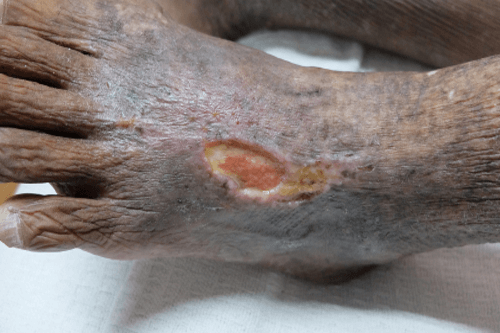
- Speech disorders

- How are BMI and BMR different and what do these numbers mean?

- Stretch Marks

- Thrombocytopenia

- Anemia

- Nursemaid’s Elbow

- Pernicious anemia

- GM Diet: The fastest way to lose weight or yet another hoax diet?

- Impetigo
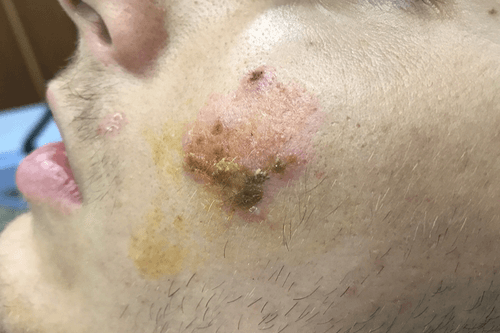
- Syncope

- Tuberculosis

- What are Shiitake Mushrooms and why should you eat them?

- Rheumatic Fever
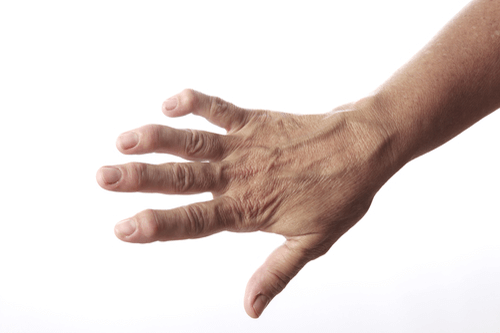
- Quinine: How gin and tonic came to be known as a potent health elixir

- Hyperventilation

- Bacterial Pneumonia

- Pseudocyst

- Osteomyelitis
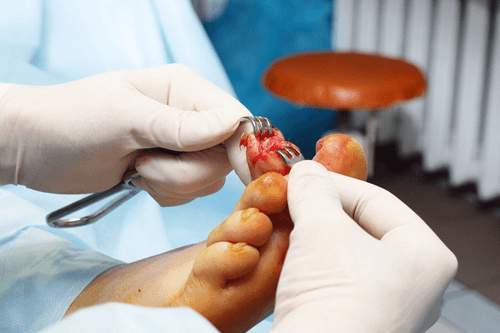
- Hypocalcemia
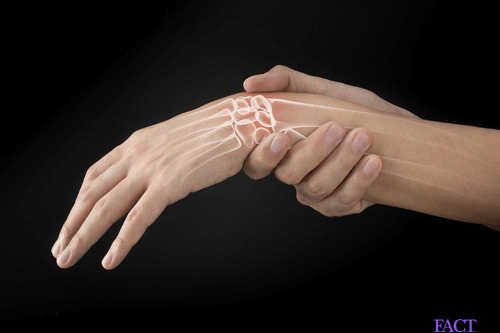
- Esava

- Arteriosclerosis

- Pterygium (Surfer’s Eye)

- Birth Asphyxia

- Chest X-Ray

- Pneumothorax

- Neonatal Jaundice
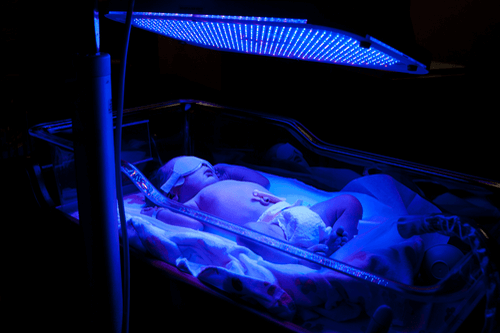
- 11 unbelievable health benefits of thyme you didn’t know!

- Green poop : What are the reasons and how can you correct it

- Vaginitis

- Joint Damage

- Bell’s palsy

- Trypophobia

- Prostatitis

- Contact dermatitis
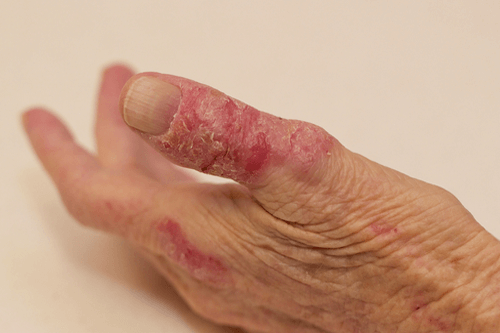
- Ear Infections
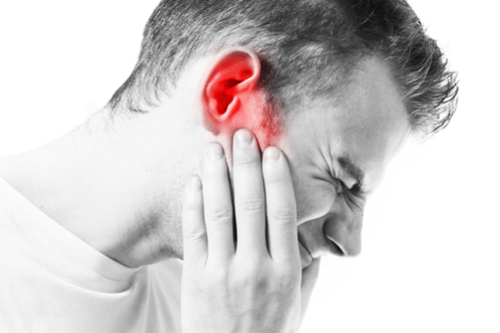
- Postpartum Infections

- LP-PLA2 Test

- Pleurisy

- Temporal Arteritis

- Night Eating Syndrome

- Immune System Disorders

- Epididymitis

- Conjunctivitis

- Liver Cancer

- Gallstones

- Your health in the age of Social Media: Why is digital detox a necessity?

- Dragon Fruit – Blessing from Nature’s Basket

- Meal replacement or protein drink? Learn all about Shakeology and its claims

- Arsenic Poisoning

- Portal Hypertension

- Aspergilloma

- Tetanus

- Snapping Hip Syndrome

- Hemochromatosis

- Thyroid Storm
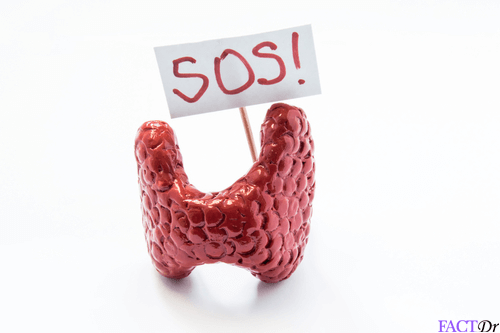
- Pelvic Inflammatory Disease

- Thyroid Scan

- Dystonia

- Cervicitis

- Caralluma Fimbriata: How to eat this cactus to lose weight

- Itraconazole

- Color Blindness
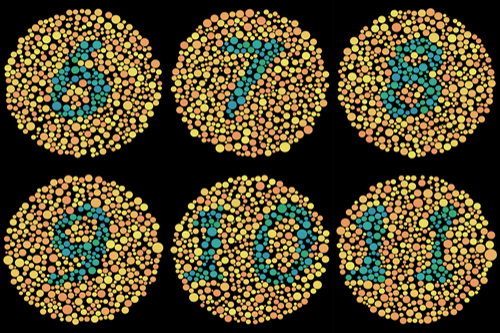
- Meningitis

- Itchy Scalp
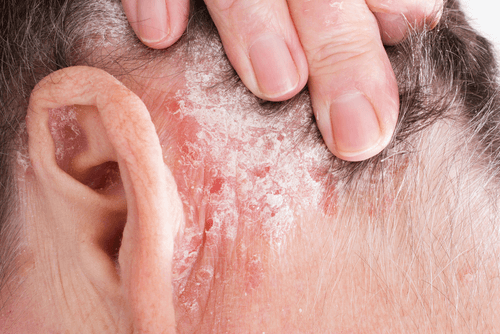
- Androstenedione Test
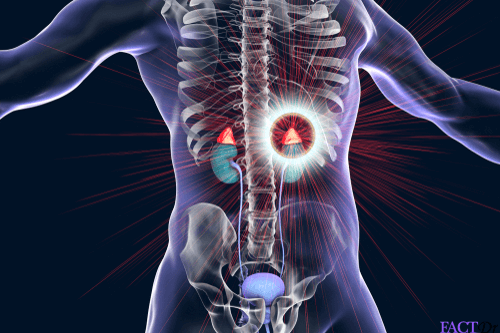
- Alcohol abuse

- Paragonimiasis

- Cervical Dysplasia
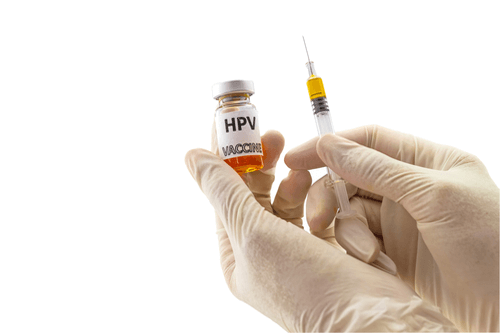
- The actual science behind smelling salts and how it helps in injury recovery

- Kidney Stones

- Endometritis

- What to eat, what not to eat in the South Beach Diet?

- 10 fantastic ways to make your fitness routine more fun!

- 5 things you didn’t know about balneotherapy and how you can do it at home

- Blood Ketone (D3HB) Test

- Muscle pain

- Motion Sickness

- Biliary atresia

- Voglibose

- Placenta Previa

- Dry Mouth

- Bone Spurs

- 6 shocking consequences of bad oral hygiene (and how to avoid them)

- Hydroquinone: Is it the best topical treatment for hyperpigmentation?

- Yeast Infection

- Poison Ivy

- Laryngitis
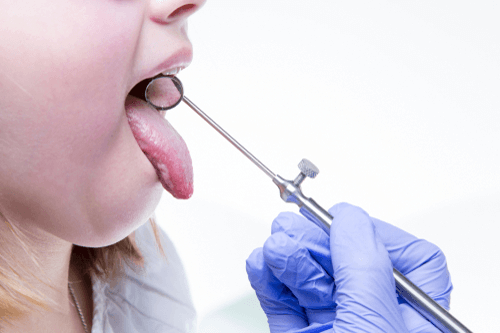
- Surgery or home-remedy; what is the right way to treat a burn
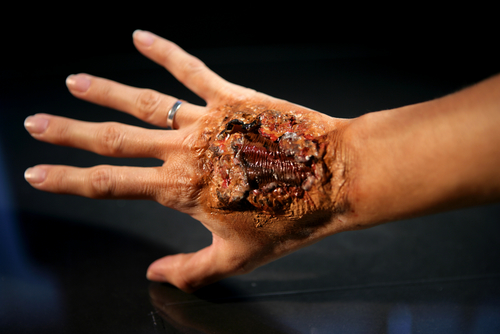
- Nutritional Yeast : How can a fungi culture be good for your body?

- Liver Failure

- Capgras Syndrome

- Alopecia

- Step up your defence: 15 proven tips on how to boost your immunity

- Wolf spider bite

- Bowel Obstruction

- Shin Splints

- Dental Fluorosis

- Herpes Simplex Virus (HSV)-IgM Test
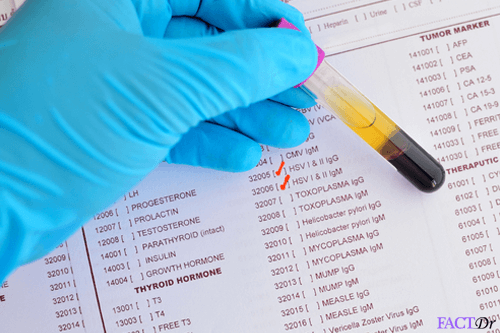
- Lymphangitis

- Morgellons

- Juvenile Diabetes

- Acoustic Neuroma

- Spine Curvature Disorders

- Astigmatism

- Hypothermia

- Experts reveal the safest ways to perform an enema at home
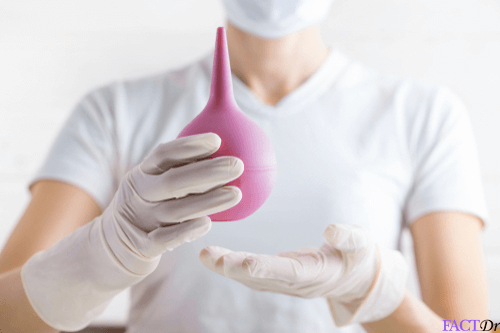
- Avoidant Personality Disorder

- Lactose Intolerance

- Tamarind: The top health benefits of this staple Asian ingredient

- Epley maneuver: Why is this the best protection from the symptoms of vertigo?

- Pain disorder

- Meningioma

- Dyspepsia

- Carcinoembryonic antigen (CEA) test
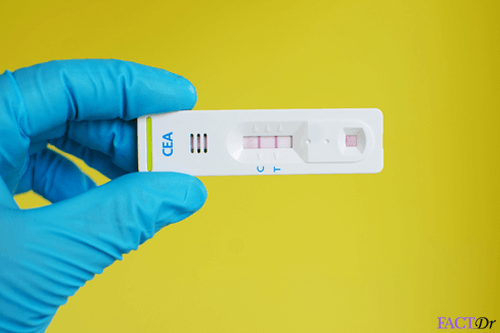
- 8 hard-hitting truths no one tells you about cancer

- Lice Infection

- Cyclopam
- Painful Urination

- C-Reactive Protein Test

- Kava: Is it the healthy substitute for alcohol you have been waiting for?

- Dyspnea

- Bubble Tea: Bubbling with nutrition or a hidden sugar mine?

- Diphtheria

- Urethritis

- Scurvy

- Arachnoiditis

- Eye Twitching

- Muscular dystrophy
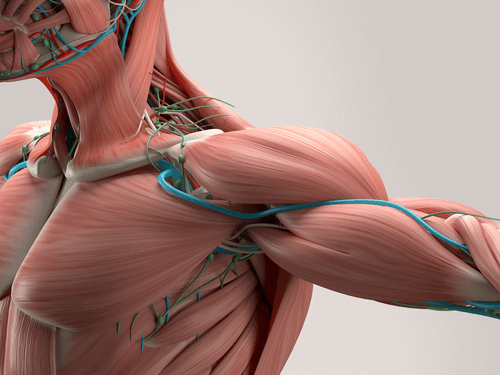
- Rubella IgM Test
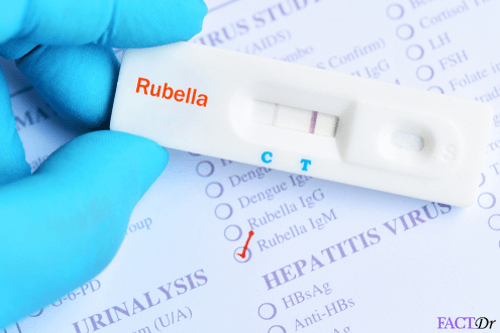
- Mycobacterium tuberculosis

- Down syndrome

- Empyema

- Vitamins – Deficiency & Excess

- Pharyngitis

- 7 startling facts that will make you quit alcohol today

- Strep Throat

- Eye-sight problems

- Leptospirosis
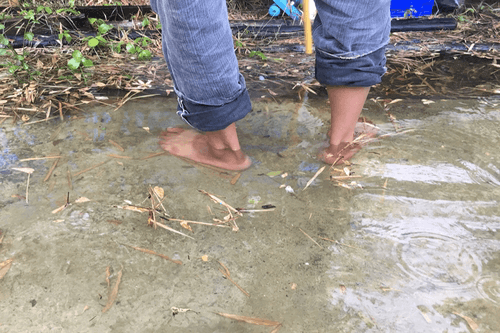
- Sodium chloride: The wonders and dangers of the simple table salt

- Acute Cholecystitis
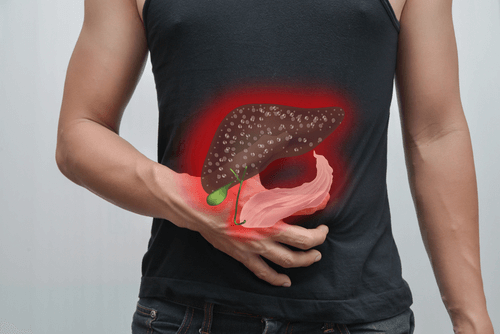
- Acute Liver Failure
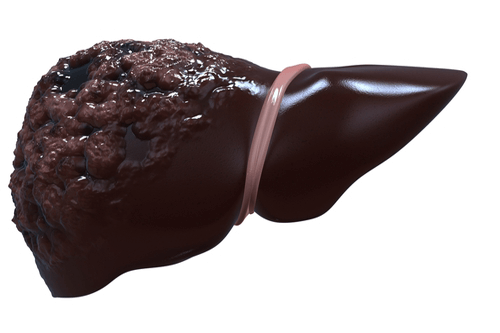
- Connexin 26 deafness
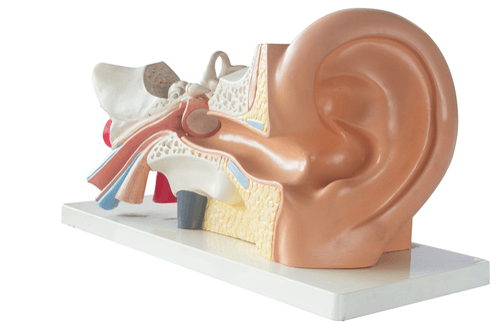
- Porphyria

- Sleep Paralysis

- Free PSA Test
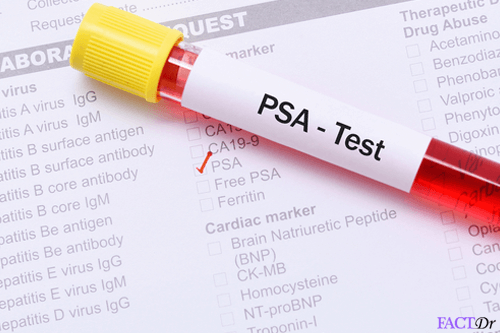
- Food Poisoning

- CA19.9 Test
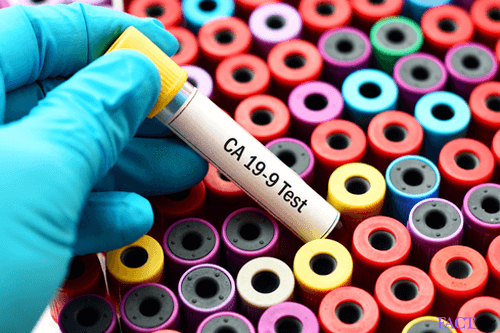
- CT – Computed Tomography Scan
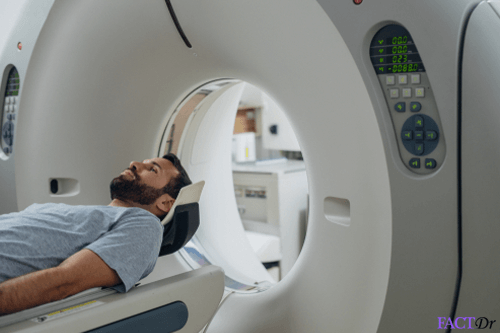
- Cholecystitis

- Traumatic fractures

- Carb Cycling: Weighing the pros vs the cons of this diet routine

- Cholesteatoma

- Gaucher Disease

- Foot Drop
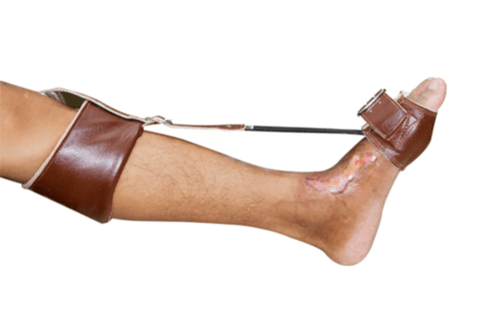
- Enlarged Prostate

- Oxalates: How healthy greens can sometimes be bad news for your kidneys

- Stickler syndrome

- Anemia Profile

- Myositis

- Bowel Incontinence

- Coffee Enema: Turn your favorite morning beverage into a powerful colon cleanser

- Chronic Kidney Disease

- Polycystic Kidney Disease
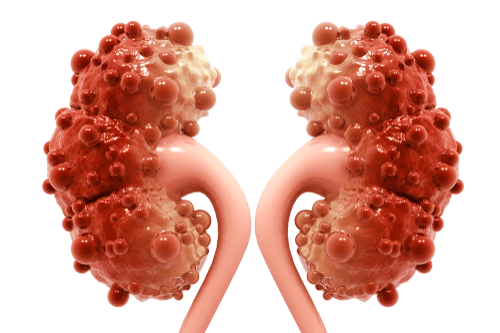
- Hyperkalemia

- Neutropenia

- Rocky Mountain Spotted Fever

- Apert Syndrome

- Turner Syndrome
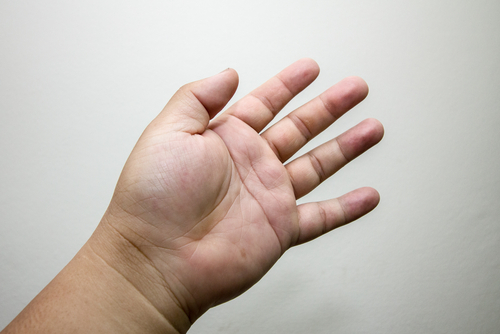
- Dark Urine
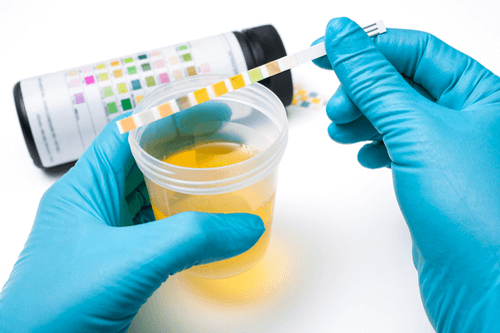
- Humerus Bone Disorders

- Rabies

- Ventricular hypertrophy

- Grave’s Disease
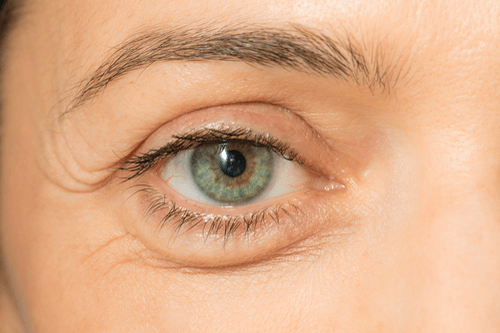
- Eye Fatigue

- Bed Bugs

- Lower Abdominal Pain

- Cold Intolerance

- Myelography
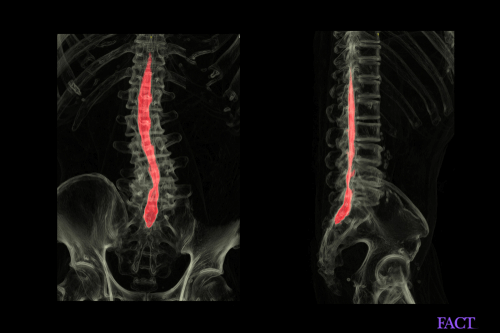
- Appendix pain: Recent findings on this not-so vestigial organ

- Inguinal Hernia

- Bloom Syndrome

- Sleeping Sickness

- Anatomy of acne: 7 instant steps to kiss those zits goodbye

- Autoimmune Hepatitis

- Diarrhea

- Atherosclerosis

- High-fat diets: The paradox of eating more fats and losing weight fast

- Heat Exhaustion

- Moringa: This could be the most nutrient-dense food known to us!

- Anti hepatitis E virus (Anti HEV) IgM Test
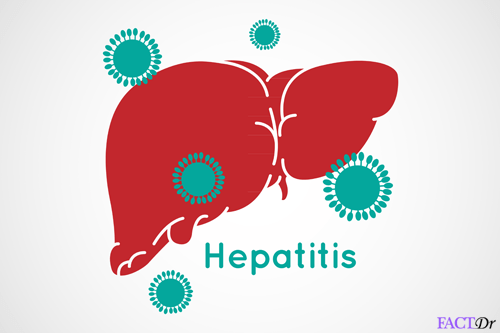
- Vaginal Discharge

- Proteinuria

- Orofacial cleft

- Shingles (Herpes Zoster)

- Ureteroscopy

- High Blood Pressure

- What is the right way to take a pregnancy test?
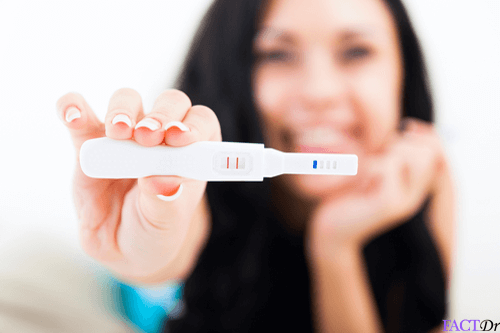
- Sleep Walking

- Blood Clots
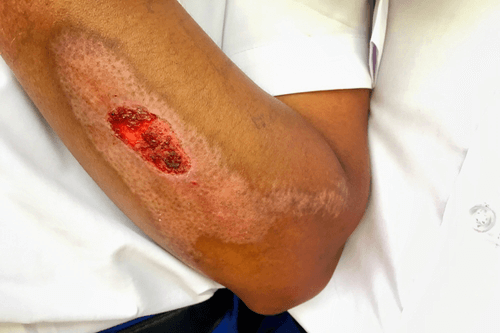
- Mad Cow Disease

- Embolism

- Folvite

- How to scrub away stress and fatigue with an Epsom salt bath?

- Rantac 150

- Deviated Septum

- Tapeworm infection

- The Cabbage Soup Diet: The healthiest way to instant weight loss

- How seitan proved to be a blessing in disguise for vegans worldwide

- Erythema Multiforme
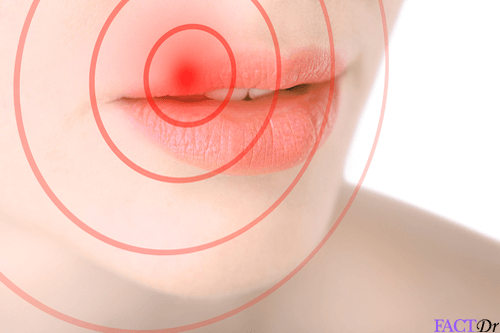
- Ducloflex

- Bursitis

- Acute Renal Failure
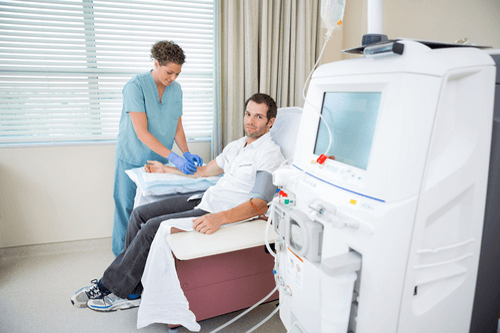
- Yellow Fever

- Pescatarian Diet 101: What are the inherent health advantages of this diet?

- Colposcopy

- Hyperlipidemia
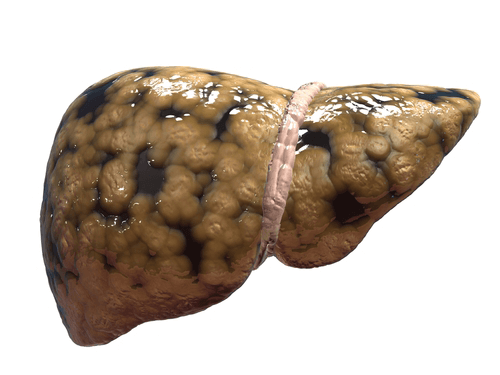
- Rheumatoid Arthritis

- How to practice yoga for astounding health benefits

- Budd-Chiari Syndrome

- Fight, flight, or freeze: 8 ways stress can ruin your body

- Ear pain

- Wisdom Teeth

- Fifth disease

- Vitiligo

- Cholera

- L-Theanine: Better sleep, higher focus, and many other benefits

- Molluscum contagiosum
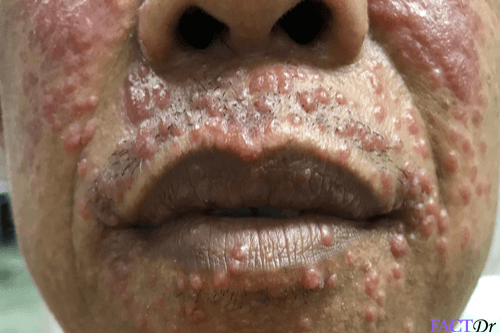
- Polycystic Ovary Syndrome

- Barium Enema

- Diabetes
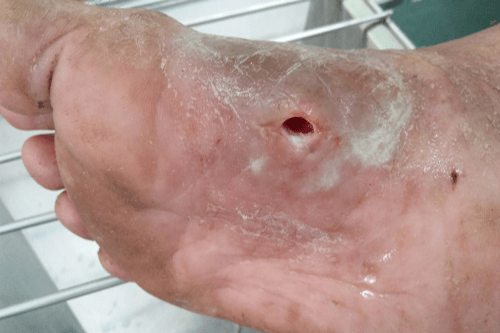
- Tick Bites

- Depression

- 12 easy and instant steps to successful weight loss

- What are the top 50 deadly and widespread diseases?

- Osteogenesis Imperfecta

- How to have a healthy pregnancy: Essential tips to remember

- Progeria

- Disseminated intravascular coagulation (DIC)

- General adaptation syndrome: Understanding stress, one step at a time

- Easy and safe tips for ear wax removal you can do at home
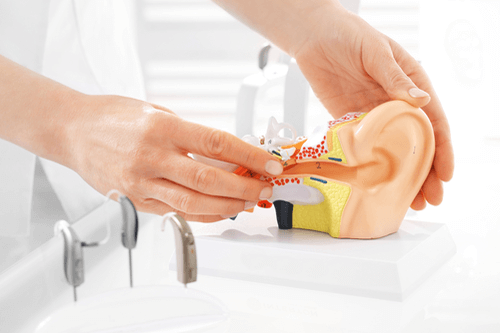
- L-Carnitine: The best workout buddy and weight loss supplement you could find

- Pancreatitis

- Anaphylactic Shock

- A complete list of low-fat diets and how to follow them

- Peptic Ulcers

- Top reasons why you should go for a reflexology massage today

- High Fiber Diet – Fire up your fiber intake for these health benefits!

- Transverse Myelitis

- Aceclofenac

- Agoraphobia

- The ultimate tips on how to boost your brain health

- Myopia

- VDRL Test
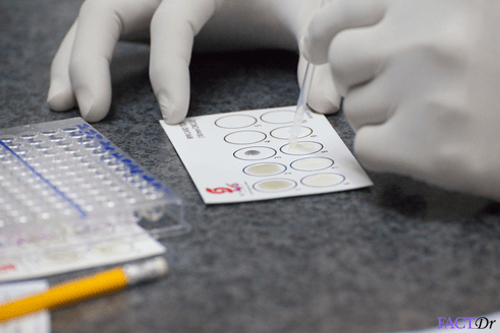
- Lactic Acidosis

- Osteoporosis

- Anorexia Nervosa

- Xylitol : Is this the right sugar substitute for you?

- Hepatitis

- Myasthenia Gravis

- Can you get addicted to food? Learn everything about food addiction

- Goji berry: A traditional Chinese berry that packs the best of antioxidants

- Thrush

- Testicular Cancer

- Varicose Veins

- Narcissistic Personality Disorder

- Niemann-Pick disease
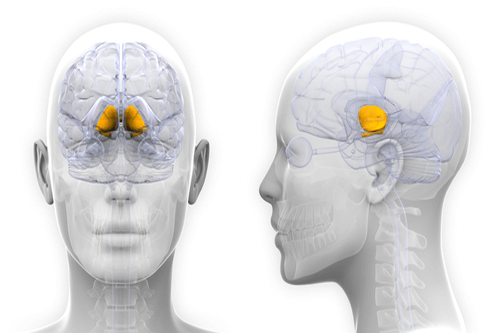
- Psyllium Husk: More than just an effective natural laxative

- Rotator Cuff Disorders

- Kidney Failure
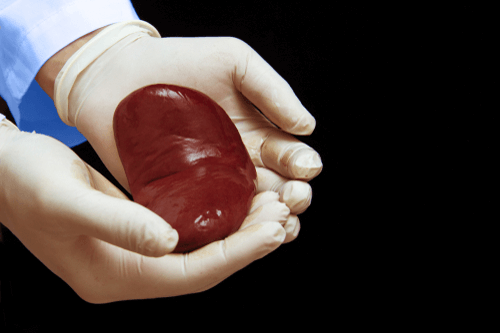
- SIBO Diet: The important dos and don’ts of this gut-healing diet

- Deafness
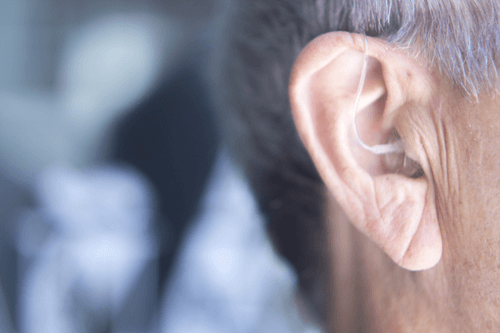
- Obesity

- Acute Pericarditis

- Attention Deficit Hyperactivity Disorder

- Thyroid Disorders

- Weight Loss

- Thyroid Profile

- Antibiotic Resistance: How common diseases become deadly

- Clenbuterol
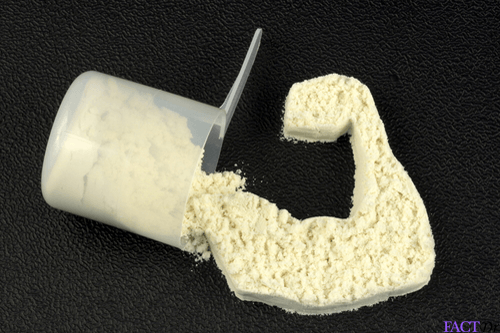
- Pumpkin Seeds: Why pumpkins are more than just for pies!

- Liver Function Test – LFT
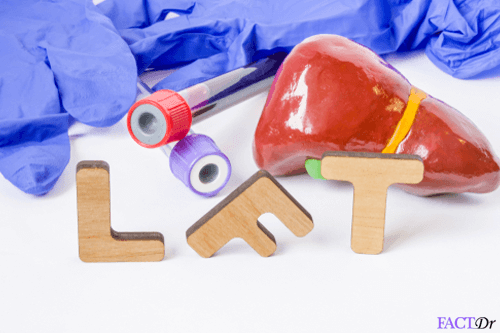
- Giant-Cell Arteritis

- Urologist: When should you visit one and why?

- Viral Gastroenteritis
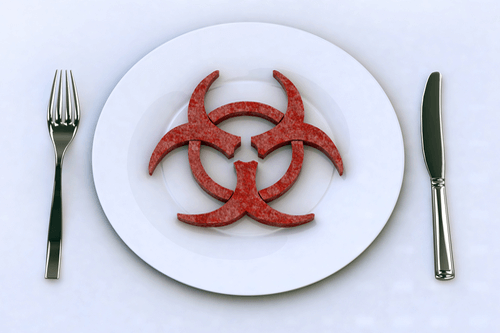
- Aspartame – Hidden truths about this storm in a teacup

- Erythritol: A healthy sugar substitute or yet another marketing ploy?

- Vagus nerve: 7 health benefits of stimulating the “gut-brain” connection

- Low carb diet : Go high on fats and low on carbs for a leaner body!

- Hypotension

- Asperger’s syndrome

- Cystatin C Test
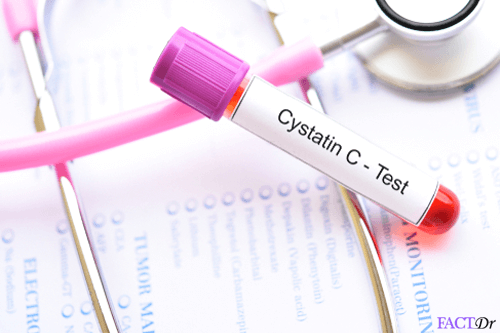
- Premature Birth
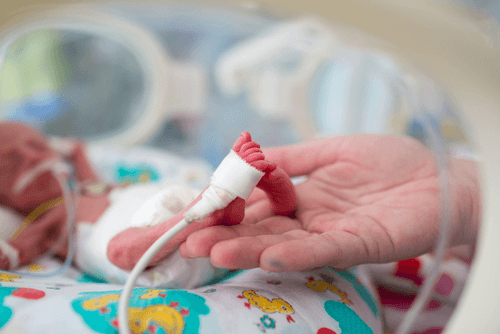
- Kidney Infections

- Crohn’s Disease

- CrossFit: Now get the perfectly sculpted body with this explosive gym routine

- Eating Disorders

- Hemophilia

- Scarlet Fever

- Cervical Cancer
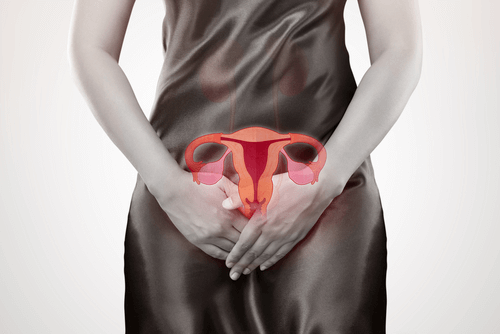
- 14 go-to foods that are best for a complete natural liver detox

- Epilepsy

- Dyspraxia

- Rosacea
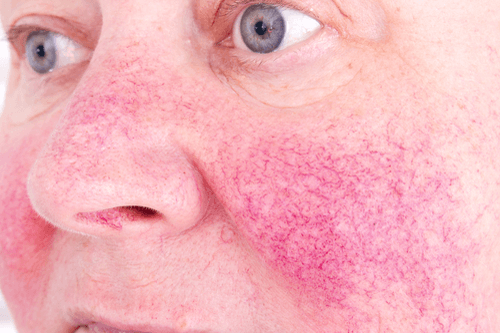
- Bromelain: 11 reasons why you should start adding pineapple to your pizza!

- Paleo vs. Keto: Which diet plan is best suited for your body goals?

- Cerebral Aneurysm
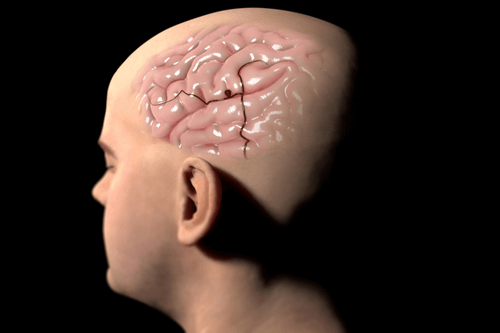
- Cordyceps: How the Caterpillar fungus works as a proven cancer-shield

- Water Chestnuts: The tastiest ways to include this healthy tuber in your diet

- Herpes Simplex Virus I (HSV)-IgG Test
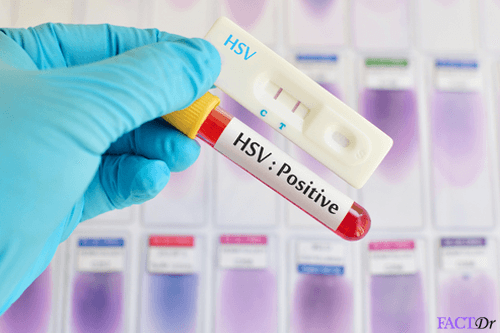
- Calluses

- Love tea, hate tannins? Rooibos tea is just what you need

- Anhedonia: Does the chronic inability to feel joy affect you too?

- Lung Diseases

- Seasonal Allergies

- Autonomic Dysreflexia

- Pancreatic Cancer

- Your complete guide to an improved and disease-free skin

- Hysteroscopy

- Arthritis

- HB1Ac Test

- Garlic: Nature’s white pill as an effective home remedy

- Diverticulitis

- Ovarian Cysts
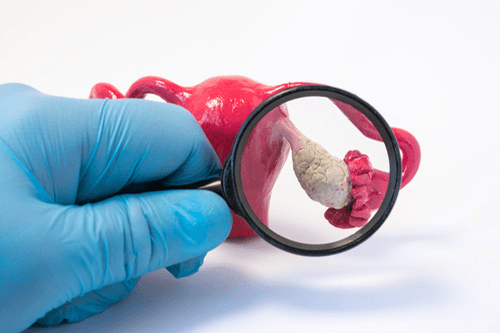
- Acid Reflux & G.E.R.D.

- Akathisia

- 10 health reasons why you should go “bananas” over bananas!

- Ankle Osteoarthritis

- Osteopenia

- Trigeminal Neuralgia

- Whooping Cough

- Undescended Testes
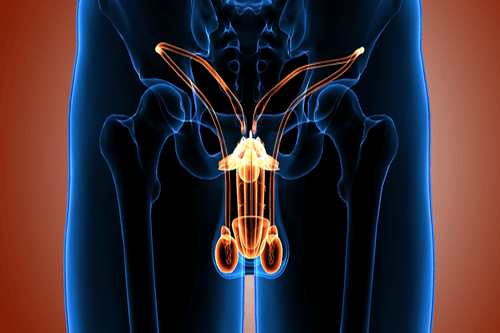
- Joint Pain

- Alcoholism

- TMJ – Temporomandibular Joint Dysfunction

- Teething

- Weight gain

- Hepatitis A Virus (HAV) Total

- Sinusitis

- Cayenne: The remarkable benefits of these red hot chili peppers

- Measles

- 5 most effective ways you can lose those pregnancy pounds!

- Brainstem Strokes

- Dyslexia

- Bone fracture
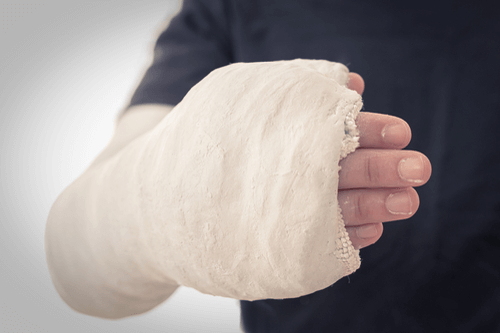
- Atkins Diet: The right steps to carb control that can help you lose those pounds fast

- Addiction explained: An obsession that could cost you your life

- 10 reasons why you might be waking up tired

- Levocetirizine
- How can Kegels help you overcome weak pelvic muscles & incontinence?

- Cardiac Tamponade

- Tart Cherry: The healthiest excuse for taking that second serving of pie

- Ashwagandha: The best-kept secret of Ayurveda now revealed!

- DOMS (Delayed Onset of the Muscle Soreness)

- Sociopaths: How to identify the ones lurking around you?

- LDL Cholesterol

- How to correctly perform nasal irrigation using a Neti Pot?
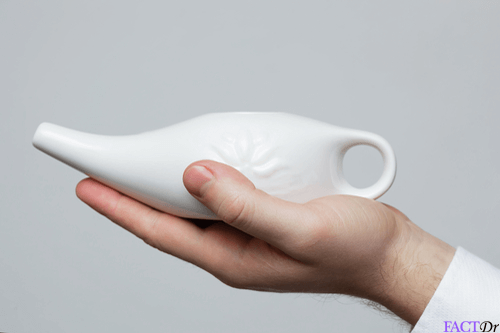
- Avian Flu

- Urinary Problems

- Brucellosis

- Botulism

- Scoliosis

- The complete “what to eat” guide for gluten intolerance

- Amitriptyline

- Anti-Streptolysin-O Test

- Bacterial infections
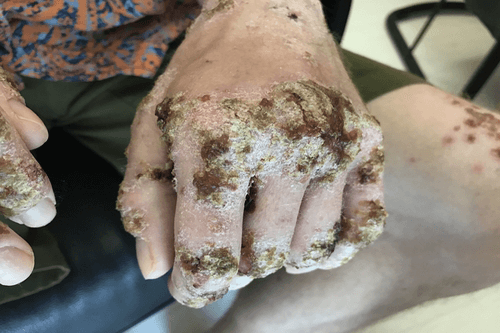
- 8 ‘healthy eating’ myths you believed until now

- Mitral Valve Prolapse

- Multiple Myeloma

- Iron Deficiency Profile
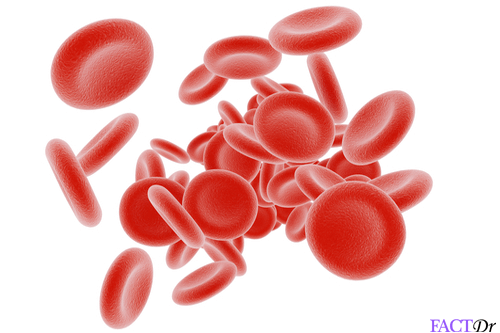
- Manic depression

- Dysphagia

- Heart Diseases

- Missed Period

- Liver Cirrhosis
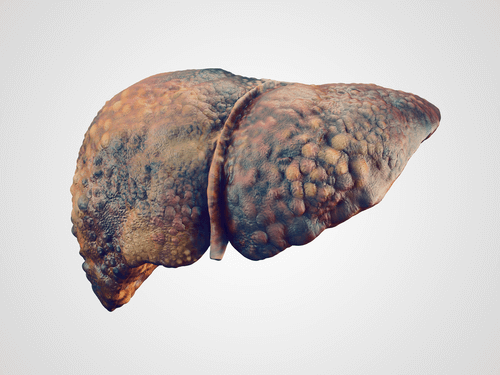
- Prostate Cancer

- Urinary Tract Infections

- H. pylori Infections

- Burns

- Cardiac Arrest

- Typhoid

- Restless Leg Syndrome

- Bed Wetting In Children

- Cystic Fibrosis

- Huntington Disease
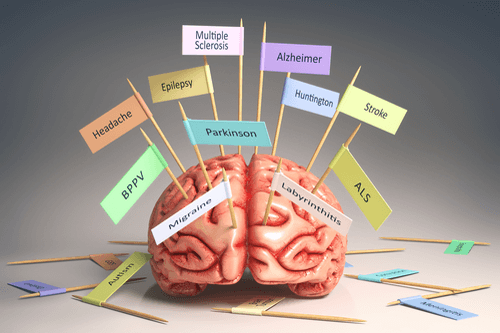
- Kefir: Top reasons why this probiotic drink should be consumed by you

- Herniated Disc

- Dehydration

- Memory Loss

- Hypertension Profile

- Anoscopy
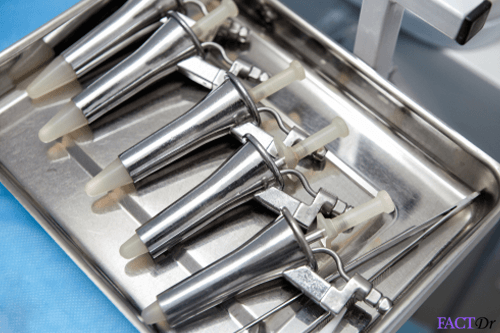
- Thyroid Nodules

- Constipation

- Don’t choose pain: 10 truths about your back ache (and how to get relief)
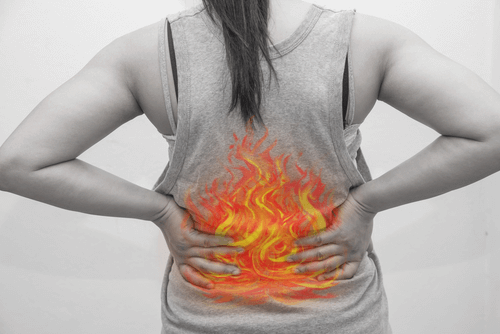
- Ankylosing spondylitis

- Baldness

- Coma

- Dry cough

- Gingivitis

- Substance Abuse

- Thalassemia
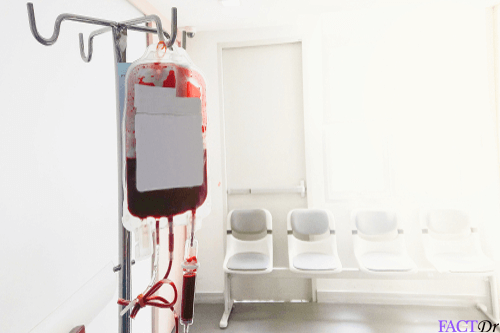
- How can berberine supplements help you live longer and healthier?

- Ectopic Pregnancy

- Angina

- Pelvic Pain

- A few facts about Carcinoid syndrome

- Anal fistula

- Childhood Leukemia

- Fibroids

- Back Pain

- Stuttering

- Glucose-6-Phosphate Dehydrogenase (G6PD) test

- Tinnitus

- Epidermodysplasia Verruciformis

- Diplopia

- Kawasaki Disease

- Gout Diet : Get relief from painful joints by eating these foods

- Avascular Necrosis
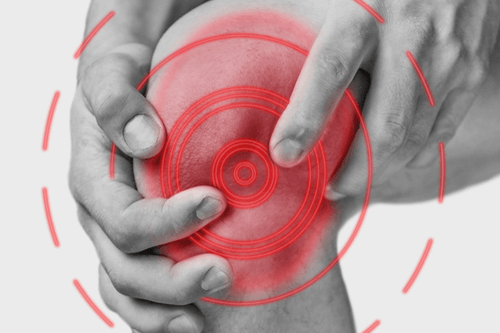
- Cauda Equina Syndrome

- Bipolar disorder

- 10 healthy habits: Have a hearty kick-start to the New Year!

- Mono In Teens

- Infections

- Obsessive-compulsive personality disorder

- Thrombophilia
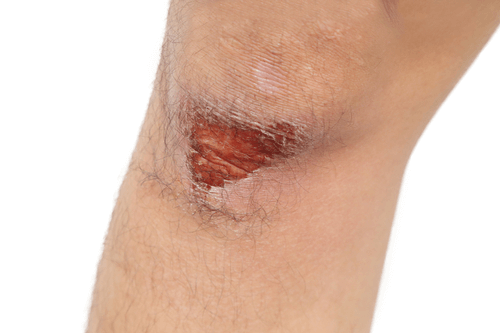
- Growing Pains

- Arrhythmia
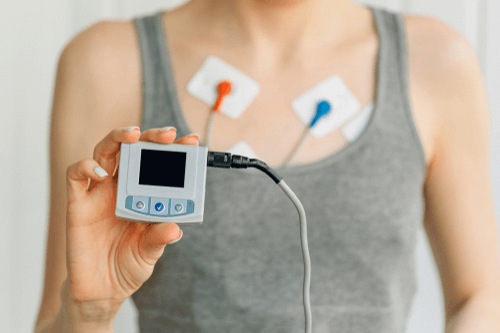
- Bladder training

- Stages of wound healing

- Top natural diuretics: The instant benefits you can get from nature’s water pills

- Asthma

- Pap Test: An accurate test that can predict the onset of cervical cancer

- Stevia: A healthy sugar substitute or yet another risky additive?

- Anaphylaxis
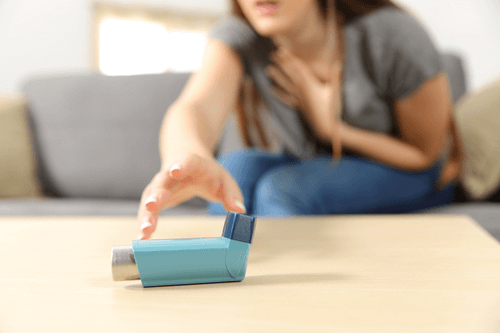
- Gabapentin

- Bone Marrow Biopsy

- Skin Cancer

- Fevers

- Low Birth Weight
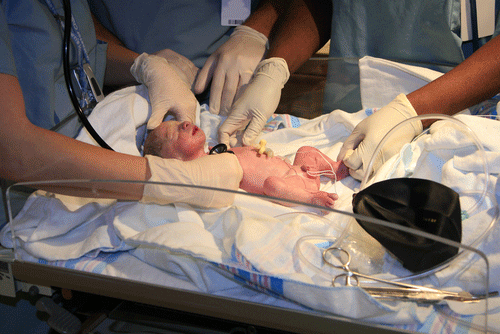
- Heavy Periods

- How to beat the common cold, flu, and sinus infection instantly?

- Lazy Eye

- Did you know drinking alkaline water could be the healthier choice for you?

- Gallbladder surgery :Tips on post-operative care and diet

- Cholesterol Management
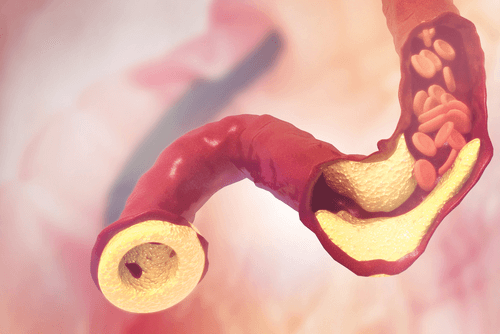
- Eczema

- Mononucleosis

- Bacterial Vaginosis

- Deficiency & Developmental Disorders: A Complete Guide to Best Remedies

- Actinic Keratosis
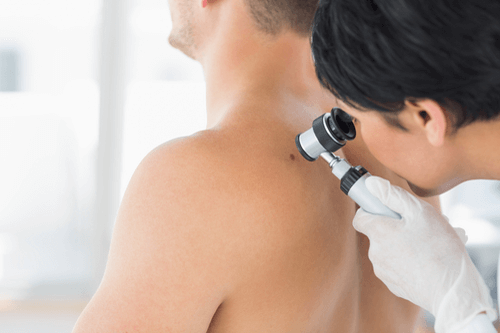
- DHEA: Now get unbelievable age defiance with this wonder hormone!

- Stomach Flu

- 8 reasons why you should grab a bottle of water now!

- Okra: How can this nutrient-dense vegetable help you fight diabetes?

- Spina Bifida

- COPD-Chronic Obstructive Pulmonary Disease

- Lower Back Pain

- Phenytoin test

- Dandelion: Little parachutes of health and wellness for your whole body

- Autism

- Tension headaches

- Juvenile Macular Degeneration

- Heartburn: What are the exact symptoms and the best home remedies?

- Edamame: How healthy are these green baby beans?

- Cardiac Tamponade

- Stop hitting the snooze button: 8 proven steps to perfect sleep

- Bulletproof Coffee – Breakfast of champions or yet another health fad?

- Morning Sickness

- Fluoride: An indispensible mineral or a potential toxin ?

- The best and safest ways to treat rosacea

- Knee Pain

- Bloating

- Find all the instant ways to get rid of blackheads

- Beginner to Tai Chi? Find the right way to perform this exercise for best results

- Agave nectar: The bitter truth about this sweetener revealed

- Leptospira-IgM Test

- Cluster headache

- Colorectal Cancer

- Malaria

- Bunions

- Metatarsalgia

- Spirulina: Battle diabetes and cholesterol with this blue-green algae

- Hydroxycut: How safe are these so-called weight loss supplements?

- Subarachnoid Hemorrhage
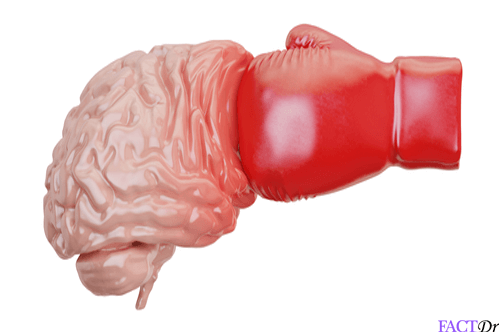
- Anti-Social Personality Disorder

- Frostbite

- Manuka Honey: What is it and why should you choose this over regular honey?

- Inversion Therapy: The anti-gravity way of healing chronic back pain

- Mosquito Bites

- Hypothyroidism

- Asbestosis

- Jet Lag

- Bronchoscopy
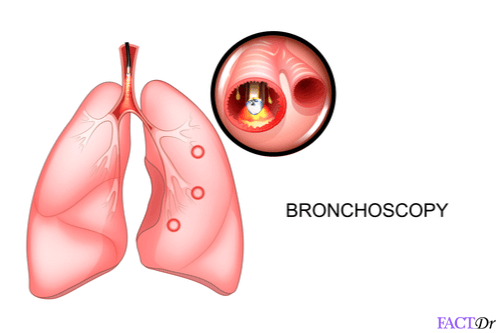
- Preeclampsia

- Top reasons why you need to pay attention to your vitamin B6 intake

- Anal fissure

- Sunburn

- Menstruation

- Narcolepsy

- Breast Cancer
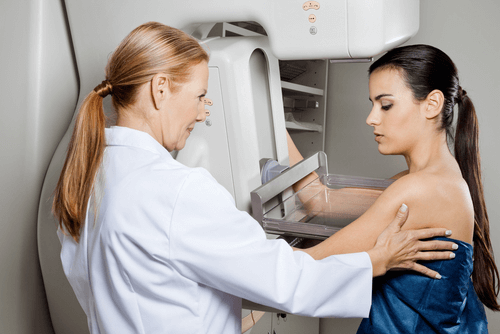
- Melanoma
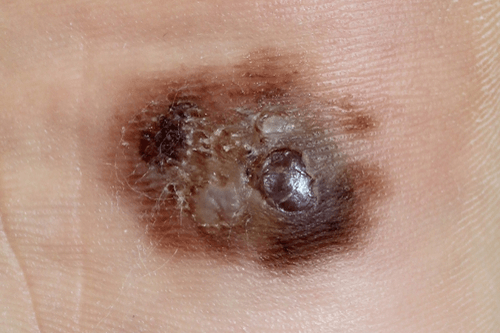
- Amnesia

- Gout

- Ataxia

- Bradycardia

- Cerebral palsy

- Binge Eating Disorder

- Lung Cancer

- Muscle relaxers: Think twice before popping prescription drugs for muscle pain

- AIDS

- Myelodysplastic Syndromes
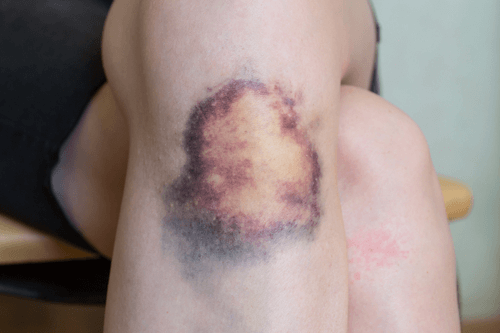
- The right way to prepare Alfalfa sprouts at home

- Lymphadenopathy

- Ankle sprain

- Brain Diseases

- Black Seed Oil: What secret benefits could it bestow on your health?

- What is Qigong and how can it help you channelize you inner “Qi”?

- Valerian Root: The best way to achieve tranquil sleep every night

- Hair Loss

- Creatine: Is this the right peak athletic-performance supplement for you?

- Apolipoprotein -A1 (APO-A1) Test

- Borderline Personality Disorder

- Ulcerative Colitis

- Heel spurs
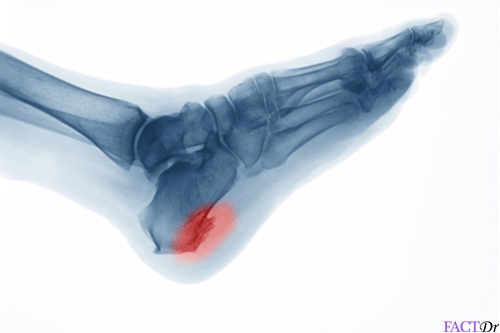
- Himalayan salt lamps: Do you want to bask in the pink glow of health?

- Gastroenteritis

- Hemorrhoids

- Heart failure
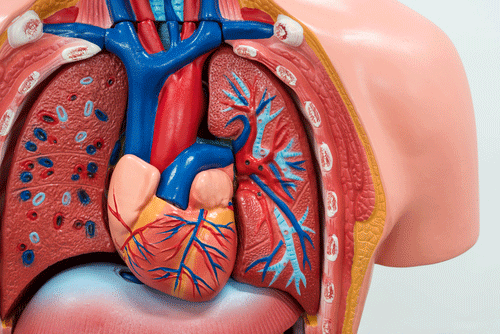
- Exercises or diet? Find out the healthiest way to gain weight

- Lipase Test
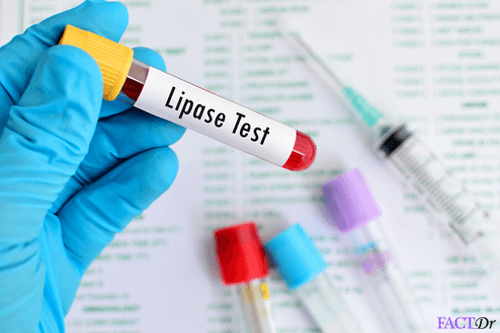
- Vertigo

- Toxic Shock Syndrome

- Halotherapy: How inhaling salt can work wonders for your body
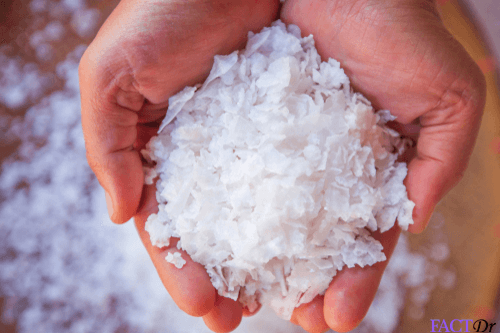
- Keratosis Pilaris

- Pulmonary Embolism

- Sore Throat

- 25-Hydroxy Vitamin D test

- Easy steps on how to do the plank for the perfect abs

- Tachycardia
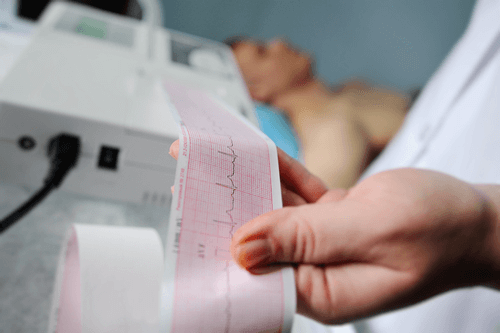
- Type 2 Diabetes

- Vomiting

- Acute Lymphoblastic Leukemia

- Exertional headache

- Fructosamine Test
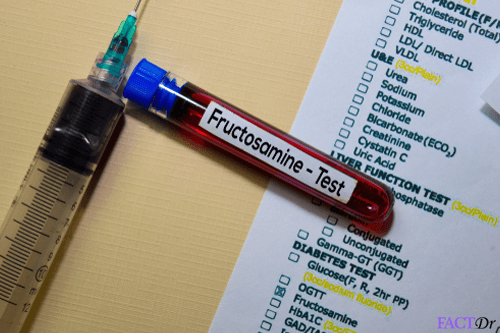
- Cavities

- Neuropathy
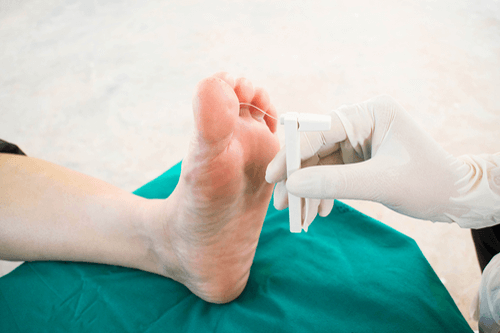
- Cancer
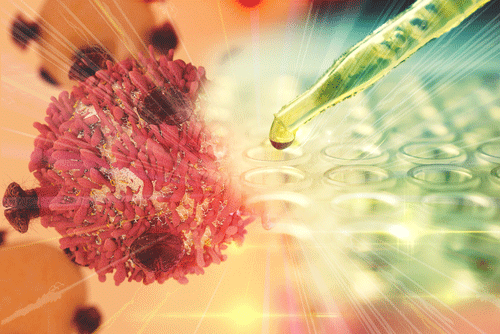
- Miscarriage
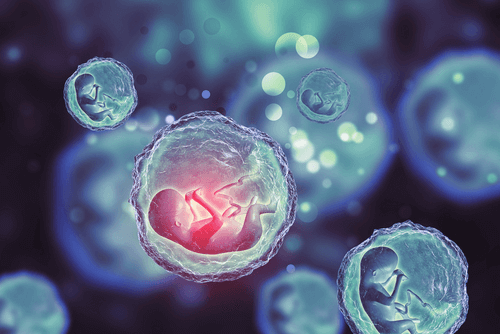
- Cold and Flu

- How cooking with CLA safflower oil can help you lose weight?

- Septic Arthritis

- Spinal Fracture

- Chronic Lymphocytic Leukemia

- Leukaemia

- What are the top 10 deadliest diseases and what is causing them?

- Leprosy

- Sleep Disorders

- Goitre

- Insomnia

- Gas

- Quinoa : A prodigious superfood you need to include in your diet today!

- Male pattern baldness

- Sciatica pain relief: Get rid of the pain with these easy daily tips

- Krill Oil: Does the solution to human illnesses really lie at the depths of the ocean?
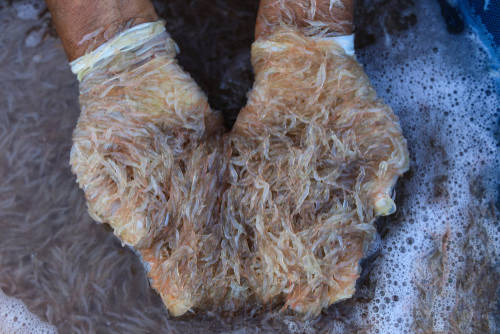
- Support and care tips for helping people with depression

- Carpal Tunnel Syndrome

- Psoriatic Arthritis

- Hyperemesis Gravidarum

- Plexus Slim: Is this pink slimming drink the ultimate one-stop fat burner?

- Vital Organs & their diseases: A Complete Guide to Best Treatment and Remedies

- Hot cups for detox? Read all about the ancient technique of cupping

- Bad Breath

- Diabetic Profile

- Tennis Elbow

- Croup

- Anti-Chlamydia Antibody -IgG Test

- Your Complete Guide to Preventing Birth Defects

- Throat Cancer

- Acne

- Circumcision

- Blood Sodium Test

- Biotin: One-stop-shop for shiny hair and an active body!

- TSH Test – Thyroid Stimulating Hormone

- Tremor

- Winter skin hazards

- 6 arguments in favour of glucosamine and where can you find it
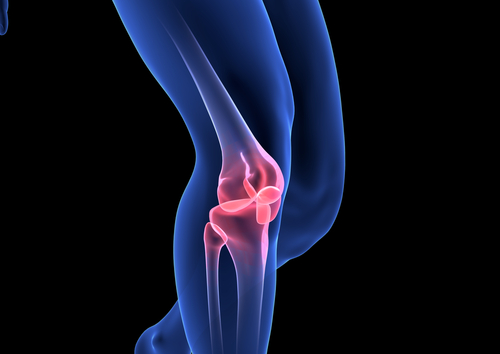
- TMJ – Temporomandibular Joint Disorders

- Hemp Seeds: The actual science behind this controversial crop

- Air Fryer: The ultimate savior of fried food addicts!

- Drug Overdose

- Omeprazole

- Amyotrophic Lateral Sclerosis (ALS)

- Colic

- Dizziness

- Facial Hair

- Ezekiel Bread: How to make the “world’s healthiest bread” in your own kitchen

- Cataracts
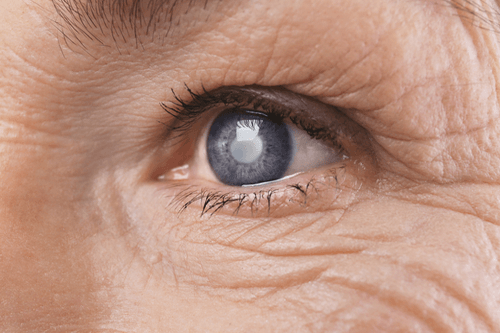
- Multiple Sclerosis

- Malaria Antigen Test

- Bruxism

- Shilajit: A miracle Himalayan herb for an active and happy life

- Valproic Acid Test

- Amaranth: Why is this native Peruvian grain called the “crop of the future”?

- Beware of these common foods that cause high bodily inflammation!

- Amino acids: Building blocks of life and a healthy body

- Ovarian Cancer

- Dental Care

- Anxiety and Panic

- Whiplash

- Ménière’s Disease
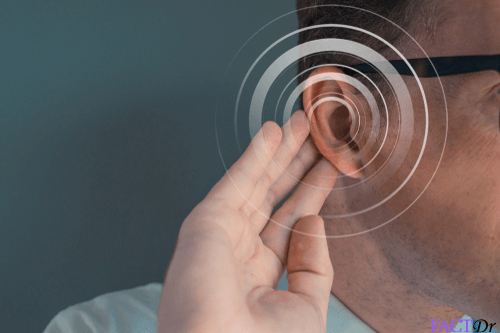
- Heel Pain

- Oxidative Stress: Understanding the most lethal phenomenon happening in your body right now

- Oil of Oregano: The one-stop essential oil you’ve been looking for

- Coughs

- Acute Myeloid Leukemia

- Hiccups

- Vitamin D Deficiency

- Inhale oxygen, exhale worries: The top breathing exercises and how to perform them

- Rett syndrome

- Colloidal silver: An essential dietary supplement or yet another pharmaceutical hoax?

- Menopause
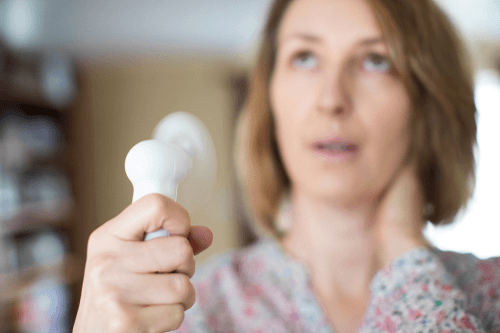
- Alzheimer’s

- Encephalitis

- Schizophrenia

- Hibiscus: Nourish your beauty and health with these vibrant blooms

- Inositol: The multitude of benefits this single vitamin can bestow!

- Seborrhoeic Dermatitis

- Stroke

- Sciatica

- 5-htp: Is this the ultimate cure for those pesky migraines attacks?

- Night Terrors

- Allergies

- Avocado: 15 reasons why this fruit should be a staple in your diet

- Dopamine: How dope is the chemistry that governs human emotions?

- Short Breath

- Fibromyalgia

- Transient Ischemic Attack

- Polio

- Antiphospholipid Antibody(APL)-IgM test

- Sensory diabetic neuropathy

- Why does the human body experience burnout and how to manage it?

- Listeria

- Green, brown, & bitter: The instant advantages of including fenugreek in your diet

- Inflammatory Bowel Disease

- Pantoprazole

- Is this is the real life? Is this just fantasy? – Decoding the myths of lucid dreaming

- Chest Pain

- Beware: Ignoring these tell-tale signs of stroke could cost a life

- Summer Skin Hazards

- We bet you didn’t know that turmeric could be this beneficial!

- Hymenoplasty

- Pilonidal sinus

- Water Fasting: What are the pros and cons of this practice?

- Heat Stroke

- Antiphospholipid (APL) antibody-IgG

- Achilles Tendon Injuries
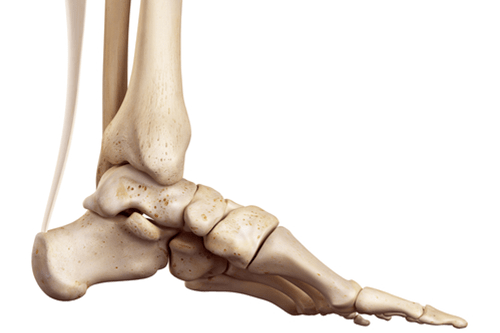
- Testosterone: And you thought it was just brawns and sex drive

- Hay Fever

- Is it possible to achieve full body detox with Master Cleanse?

- Glutamine: Why is this the right choice for muscle-gain supplement?
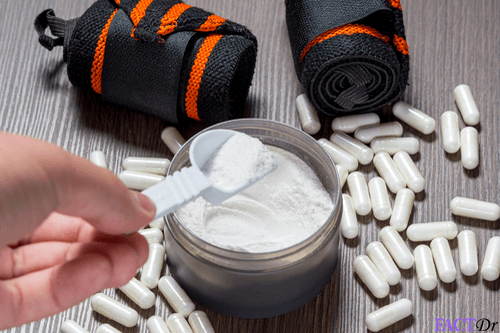
- Atorvastatin
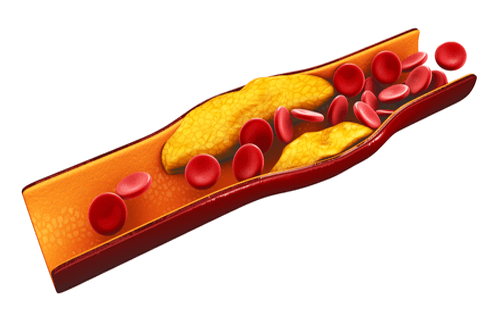
- Parkinson’s Disease

- Aortic Dissection

- Fanconi anemia

- ACL Injury

- Attention Deficit Hyperactivity Disorder in Children

- Premenstrual Syndrome (PMS)

- Hypertension
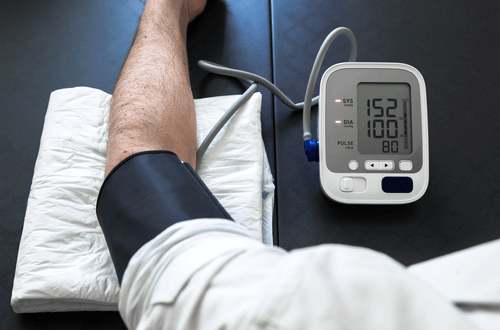
- Chikungunya Fever

- Spondylitis

- Psoriasis

- Iron-Rich Foods: Eat these foods to keep fatigue and anemia away!

- Apple cider vinegar: Weight loss, shinier hair, and more!

- Brain Arteriovenous Malformation

- Plague
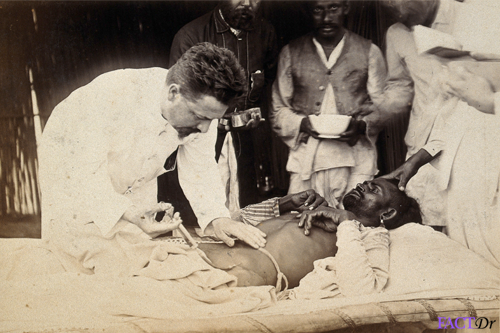
- Period blood – what it says about your health
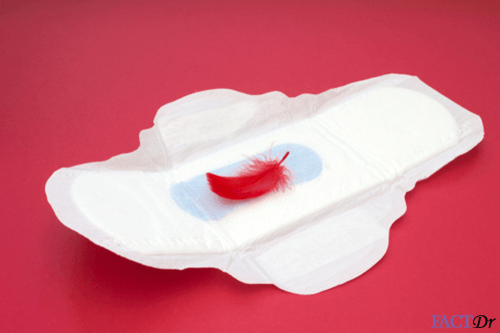
- SARS
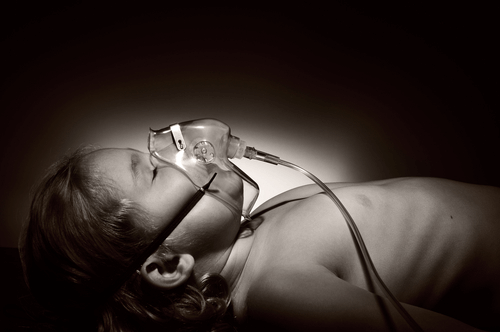
- T4 (Thyroxine) Hormone Test
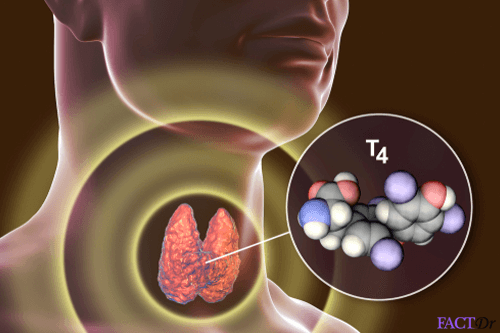
- Keep your shoulders pain-free with these shoulder exercises

- Angiography
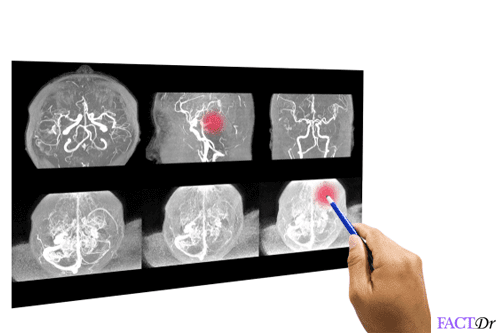
- Aneurysm

- Vaccines

- Hypoglycemia

- Anthrax

- Vitamin B12: The unknown repercussions of this nutrient deficiency

- Lauric Acid: 8 health benefits you can derive from coconuts

- Coronary Artery Disease

- Low progesterone: The dangers of this hormonal imbalance and how to correct it

- Lead Poisoning
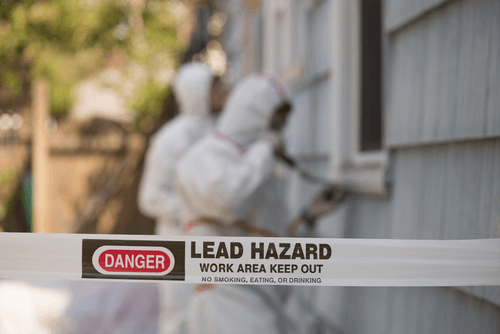
- Tourette's Syndrome

- Troubled with ear infections? Find easy and instant home remedies here
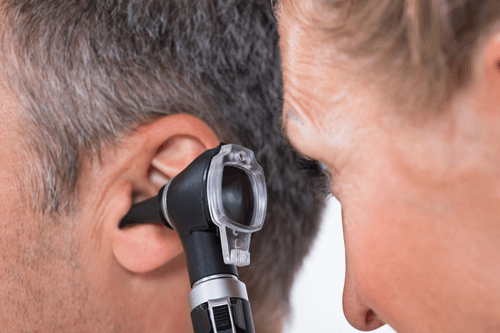
- Prostate-Specific Antigen (PSA) Test
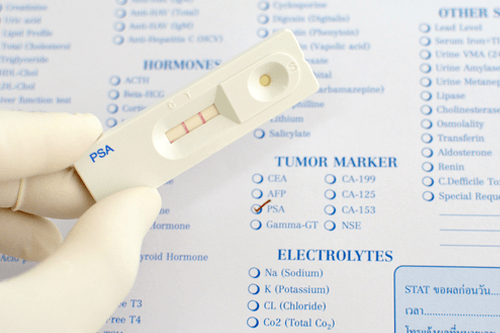
- Castor oil : A vitamin-rich oil for shiny locks and healthy bowels

- PiYo (Pilates + Yoga): Bringing you the best of both the worlds

- Brain Cancer

- Gua sha: Scraping away layers of pain with this ancient healing tool

- Neck Pain

- Hepatitis C

- Overactive Bladder

- Gingko Biloba: Therapeutic lessons from the world’s oldest tree

- Don’t let your hearing dip with age. Here’s what you need to do

- Histoplasmosis

- Your Complete Guide to Oral health: Best supplements for your teeth & gums

- Ovulation – facts to know about ovulation

- Progesterone test
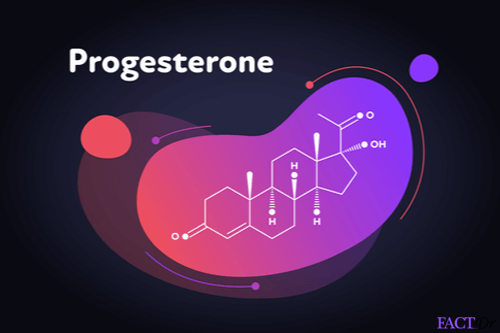
- 18 instant steps to make your jogging routine more powerful

- Microneedling: Does this cosmetic procedure live up to the hype?
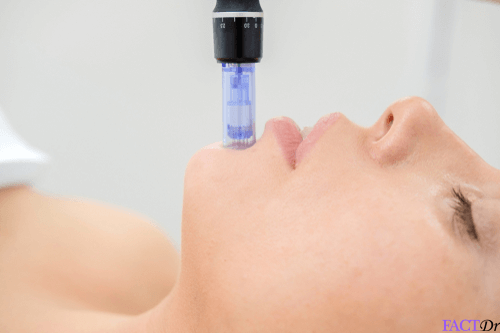
- Aging

- Ventricular diseases

- Perimenopause

- Metabolic syndrome

- Sleep Apnea

- Hot Flashes

- A sneak peek into the top 5 deadliest cancers and the true nature of their origins

- Age-Related Macular Degeneration

- 10 proven ways CBT can help you "untangle" faulty thought patterns

- Bronchiectasis

- Prolactin Test (PRL)
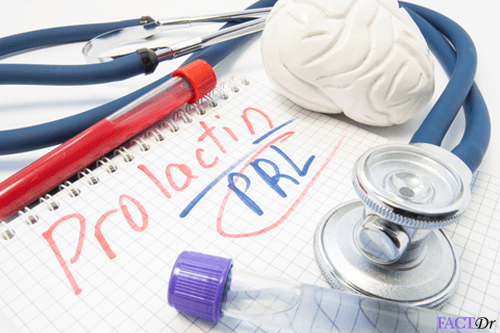
- Facts about the Shepherd’s diet

- Latest findings on Kombucha; a teacup full of yeast and bacteria

- Deflazacort

- Metoprolol

- Seasonal Affective Disorder

- Swine flu
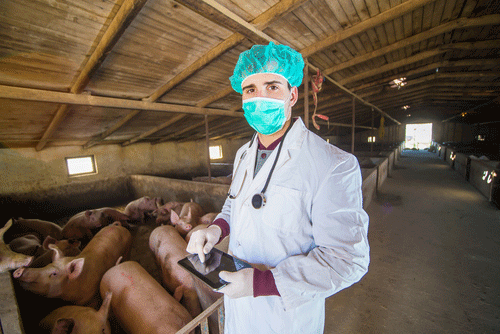
- Guaranteed ways to lose weight fast and shed those extra pounds!

- Chloride Test
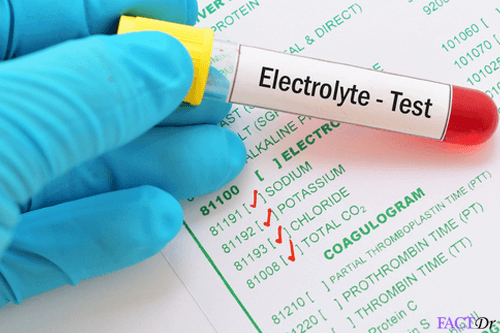
- Head Lice

- Rising mercury and your health: How Global Warming is damaging your body

- Fatigue

- Infertility

- Tea Tree Oil : The one stop cure for skin ailments and more…

- Phimosis

- Hearing Loss

- Sensory Processing Disorder

- Headache

- Beta-alanine: A powerhouse of proteins to charge up your workout

- Amnesia: It’s not just a blow on the head that can erase your memory

- Panic Attack

- Probiotics: How to best feed your gut bacteria for higher immunity

- Migraine

- Sex Hormone Binding Globulin (SHBG) Test

- Miracle extract from the root of maca: 10 ways it can help you!

- Chronic Fatigue Syndrome

- Amyloidosis

- Cardiolipin Antibody (ACL) – IgA test

- Shoulder Fracture

- Antisperm Antibody Test

- Psychosis

- MCT Oil : The kind of fats you should be eating

- Pituitary Gland Disorders
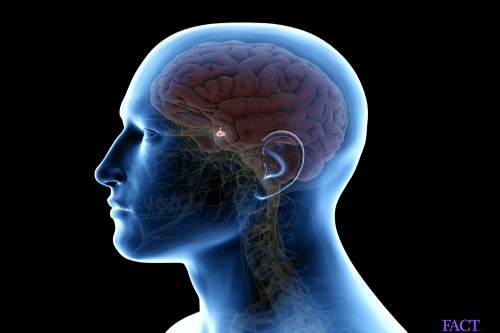
- Generalized Anxiety Disorder

- Bladder Cancer
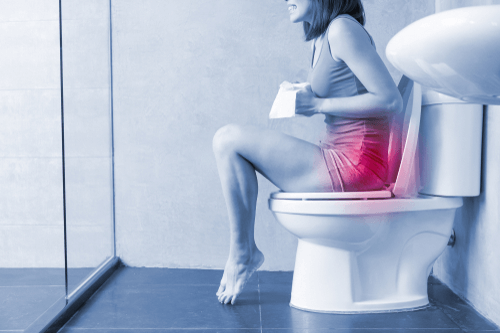
- Nipah Virus Infection

- Irritable Bowel Syndrome

- Deadly infections guide: Find the best & safest cures for them here

- 10 fantastic Superfoods you need to include in your diet from today!

- Gestational Diabetes
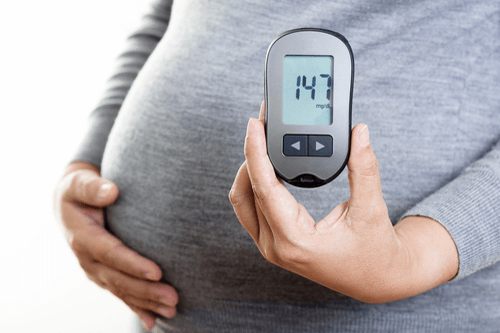
- Type 1 Diabetes

- Osteoarthritis

- Geriatric health: Do you still think age is just a number?

- Stress

- Tendinitis

- Dementia

- Celiac Disease

- Concussion

- ADD versus ADHD: What are the fundamental differences?

- EMG- Electromyography

- Snoring

- Conception

- Foot Problems

- Cilantro: 11 health reasons that will make you wanna use this garnish more!

- Common mental health disorders :The silent stigma surrounding millions

- Glycemic Index

- Everything you need to know about COVID-19

- Ginger: Why is it called the root of all remedies?

- Whole30 Diet – Why eliminating certain foods just doesn’t cut it

- Anti-Hepatitis B Core Antigen (AHBc) IgM
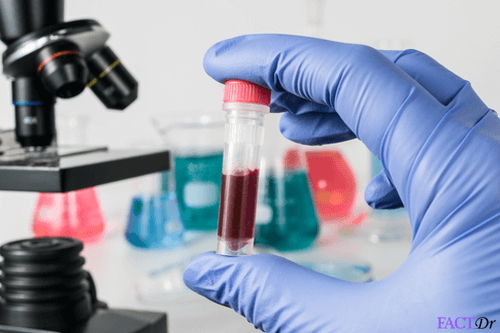
- Chronic Pelvic Pain

- Endometriosis

- Contraception

- Lyme Disease

- Glaucoma
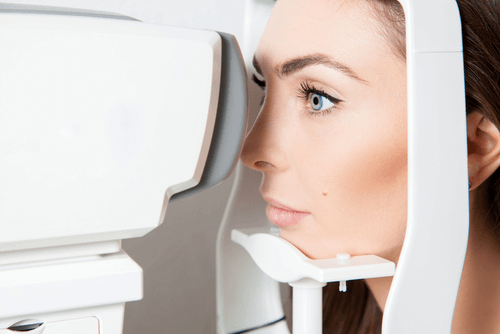
- Female Pattern Baldness

- Is shingles contagious? If yes, then how can you prevent this infection?

- Aphasia

- Potassium: How only 100 mg a day can dramatically increase your lifespan!

- Insulin Resistance

- Serotonin: What you didn’t know about this “feel-good” chemical

- The complete fitness guide on how to perform Tabata

- DASH Diet: What to eat in a “Dietary Approach to Stop Hypertension”?

- C-Peptide test
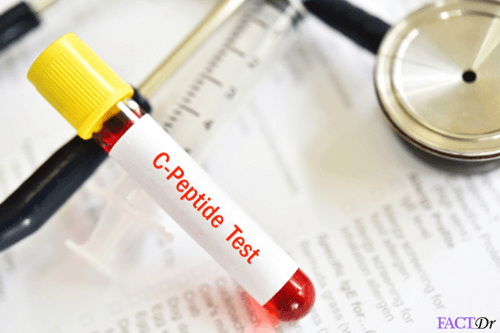
- Cottage cheese: What can you find in this healthy chunk of fresh milk cheese?

- Graston technique: A faster way to accelerate your rehabilitation after injury

- Kale: With more iron than beef, this superfood is the ultimate way to lose weight

- Pain Management

- What does hypoglycemia look like when you don’t have diabetes?

- Dark, hot, & steamy: The remarkable health benefits of drinking coffee

- Burpees: World’s most challenging fitness routine now made simple for you

- Greek Yogurt: Discover the secret ingredient to the real Spartan strength

- Facts about grass-fed meat

- Sore Throat: How to treat this throat infection at home?

- Sinus Headaches
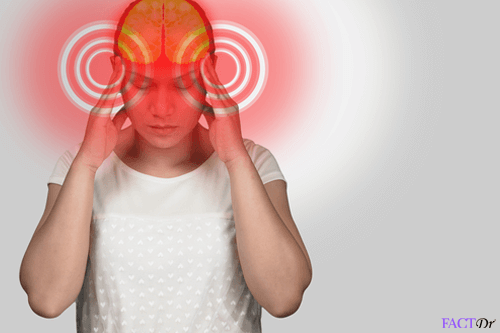
- Post Traumatic Stress Disorder (PTSD)

- Keto Diet: Did you know you could eat fats to burn fats?

- THC: The science behind why marijuana is extremely addictive (and toxic) for you

- Lewy Body Dementia

- IME9

- Urinary Incontinence In Women

- Legumes: Little pods of infinite nutrition you should consume daily

- Caffeine-related headaches

- Obstructive Sleep Apnea

- Gatorade: Top things you need to know about this staple energy drink

- Blindness

- Tattoo Aftercare: The best practices to follow once you get inked

- Carotid Artery Disease

- Medication-Overuse Headache

- The features of an Optavia diet

- Spinal Stenosis

- Chikungunya-IgM Test

- Congestive Heart Failure

- 8 appetizing and mouth-watering recipes that every low-carb dieter should try

- Spinal cord tumors
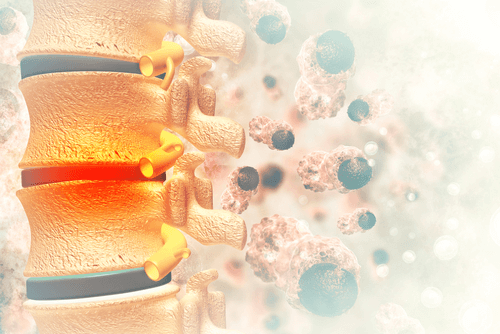
- Prednisone

- Azithromycin

- Arthritis Profile
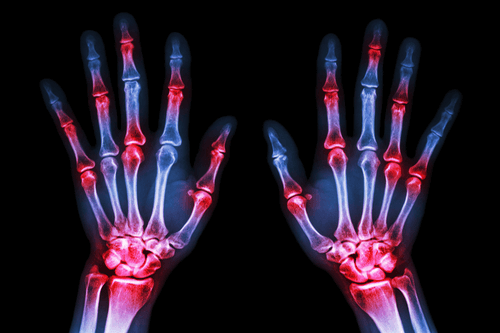
- 10 reasons why you should up your selenium intake

- Essential oils: Choose the right one based on your need

- Chia seeds: How to consume this staple Aztec food to get a leaner body

- The best pre-workout supplements to help you overcome gym fatigue

- Vitamin D foods: Know what to eat for stronger bones and a cancer-free body

- The dangers of having insufficient digestive enzymes (and how to pump these naturally)

- BCAA: Now get more out of your workouts with this miracle protein

- Evening Primrose: 13 incredible ways this omega 6-rich oil can transform your body

- Propolis: Yet another amazing gift by the bees to the humans

- Ginseng: Top reasons how this root can help you boost energy ( & libido too!)

- Prediabetes

- What is the exact job of an OB-GYN and why should you consult one?

- 10 Common signs you need to see a mental health counselor now

- The best lower back strengthening exercises for freedom from chronic pain

- Element 22 test (Nutrients & Toxicity)

- Pregnancy

- A few details about Biltong

- Plantar Fasciitis

- Glutathione: Probably the strongest antioxidant known to mankind

- Cardiolipin Antibody (ACL) –IgG Test

- Military Diet : Why following a highly restrictive diet is a bad idea

- Anti Hepatitis-B-Surface Total Test

- Coconut Oil: How one oil dominates the kitchen and the medicine kit too

- Pomegranate: Why are they called ruby red pearls of health?

- Easy and effective ways to get rid of the stubborn belly fat

- Low carb vegetables: A complete list of what to pick from during a keto diet

- Tonsillectomy: When do you actually need to get your tonsil glands removed?

- Elderberry: More than just a folk medicine for cold and sinusitis

- ALP test – Alkaline Phosphate
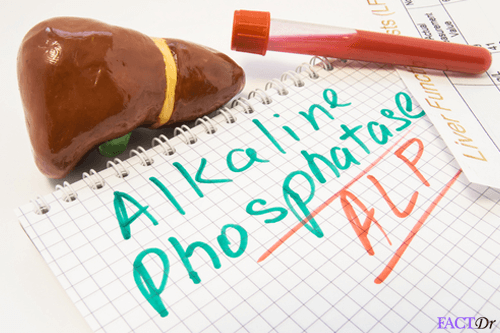
- Creatinine Test

- Triple Marker Test
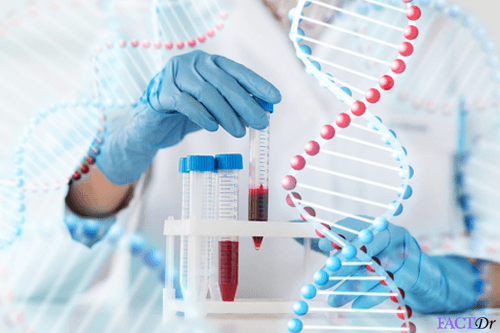
- Fish Oil: Why do doctors love prescribing these to heart patients?

- High protein diet: How much protein is too much protein?

- Nootropics: How safe are these drugs that make you smarter?

- Calorie Counter: Count your calories before they flab

- Triglycerides: The most effective steps in bringing the levels down

- TRX: Why is this total resistance workout the best choice for your body?

- Chicken fajitas – A delicacy to fix weeknight dinner dilemma!

- Sushi: health benefits and recipes

- Coagulation Tests

- How to safely use leptigen as a miracle weight loss supplement?

- Proven health benefits and nutrition of macadamia nuts

- Matcha: The unthinkable health benefits of this unique green tea

- Atrial Fibrillation

- Rick Simpson’s Oil: The truths and controversies of this cannabis product

- Ondansetron

- Oil Pulling: The instant benefits of this ancient Ayurvedic cleansing technique

- Kratom: Why is this distant cousin of coffee banned in numerous countries?

- 9 reasons why almonds should be consumed daily

- Zika Virus Infection

- What are the common mental health disorders in children and teens?

- Lithium test

- Carbamazepine / Tegretol test
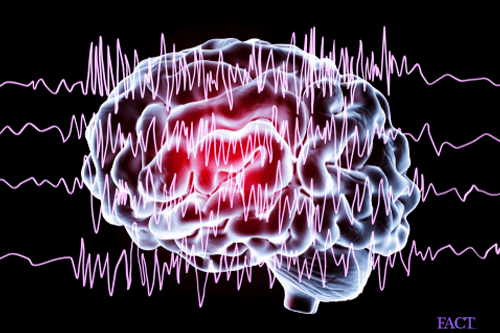
- Whey Protein: The real reason why this supplement is a must for bodybuilders

- Liver Biopsy
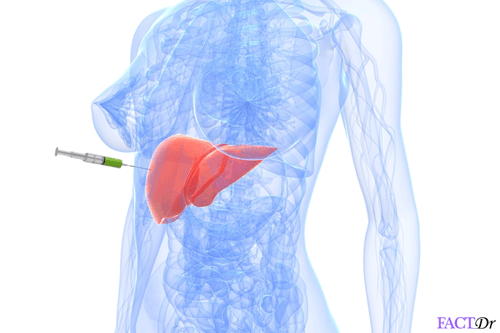
- Biopsy

- Leaky Gut

- Bone marrow aspiration

- Anti-Inflammatory foods: 18 foods to a disease-free you

- The most effective tips on how to stay awake at work

- Aloe Vera: The amazing things you can do with this antioxidant-rich gel

- Experts believe these are the best protein foods for you

- Pelvic Ultrasound

- Hydrochlorothiazide

- 9 amazing ways chondroitin can help you bounce back to health

- Diabetic foot ulcer
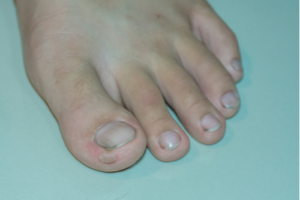
- Beta-carotene: Top reasons why you need to include vitamin A in your diet

- The tell-tale signs of pregnancy you should know

- Collagen: Get age-defying skin and faster hair growth with this miracle protein

- Citrate or Oxide: Which magnesium supplement is best for your body?

- Corn: Be amaized by the health benefits of including it in your diet

- Nise
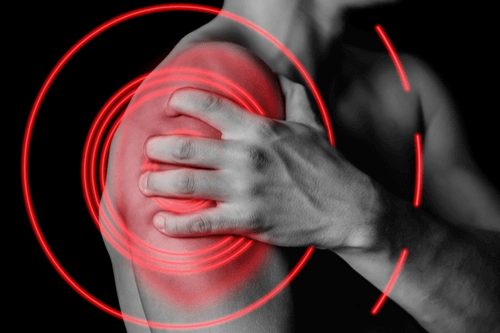
- Newborn Screening Tests

- Allopathy vs homeopathy vs ayurveda treatment for piles, fissures, and fistula

- Anticholinergics: The diverse range of diseases a single drug can easily treat
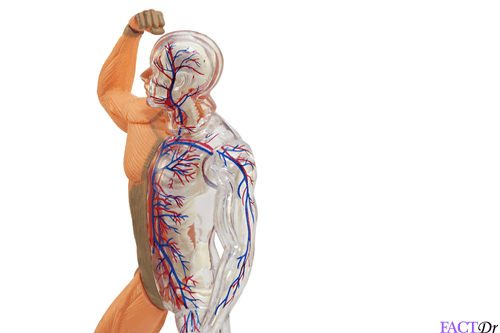
- Iron Deficiency: 7 major side-effects and steps to overcome them

- Grapeseed Oil: Find out how to use this oil without any side-effects

- Postpartum Depression

- Complement 3 (C3) Test

- How chlorophyll is more than just a green pigment meant for photosynthesis

- Unbelievable health benefits of gooseberries (and a few tasty recipes)

- Sharpen your brain with these top brain-friendly foods!

- Unconjugated Estriol (E3) test

- Bone Broth: Why is this simmering bowl of soup called the “Jewish Penicillin”

- Vitamin Profile

- Iodine Deficiency: Risks and complications and how to avoid them

- Why is olive oil probably the healthiest cooking oil you will find

- Nitric oxide: Why is this heart-healthy supplement every sportsman’s first choice?

- Endoscopy

- Global infections scenario : Which are the most common ones?

- Night sweats

- Fructose: Healthy fruit-product or loaded with toxic calories?

- Diabetes in women: Understanding the dangers, risk factors, & treatment

- Abdominal Ultrasound

- Cannabidiol benefits: Evaluating the “highs” of CBD Oil

- Beta-Thalassemia Screening

- 15 Signs on your face you should never ignore

- Best Weight Loss Pills: How to choose your drug wisely

- Calories: How to keep a check on these for faster weight loss

- Hemoglobin Variant Analysis
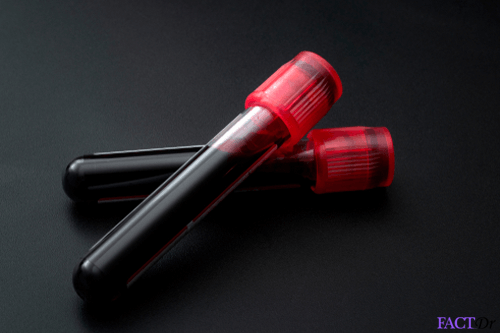
- The hidden dangers of magnesium deficiency and how you can prevent it

- Experts reveal, how long does marijuana actually stay in your system…

- Tomato: All you need to know about this juicy vegetable (or a berry?)

- Holistic Healing: How does it harmonize your mind, body, and soul?

- Intermittent Fasting : The “real secret” behind healthy weight loss?

- Tanning booths: To tan or not to tan, that is the question

- Clostridium difficile infections

- Head-injury headaches

- Top Natural Repellents for Mosquitoes with negligible side-effects

- Canola oil: How safe is it to consume this popular cooking oil?

- Anti-Hepatitis B Core Antigen (AHBc) Total

- Vitamin C: The instant health benefits of adding the citrusy goodness to your diet

- Beets: Top reasons why these nutrient-dense roots should be a staple

- Activated charcoal: The instant health benefits of this “diamond in the coal mine”

- Olive Leaf Extract: The healthy goodness of olives in a capsule

- Medical Mythbusters : How many of these myths did you think were true?

- Quercetin: The ultimate anti-inflammatory plant compound

- How to spot the early signs of lung cancer?

- Echocardiography – ECHO

- Luteinizing Hormone (LH) Test

- Infertility profile (women)

- Top foods with polyphenols and why you should eat them

- HCG Diet: The dangers of using this diet to lose weight

- Green Tea: Does it really aid weight loss and reverse aging?

- If it fits your macros (IIFYM) : A contemporary macro diet regime

- Hyaluronic Acid: The real helper chemical for younger skin and stronger bones

- Paleo profile
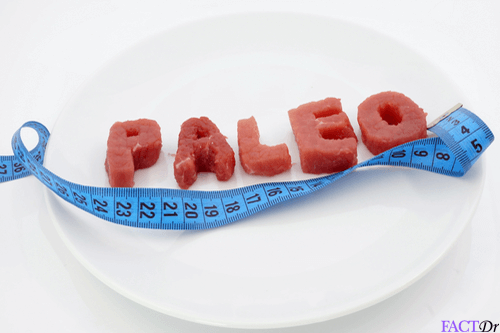
- Omega 3: Now you know why fats are healthy for you

- Cortisol Test

- Echinacea: Why is this ancient herb re-emerging as an all-rounder supplement?

- Hypertension: The best ways to prevent the onslaught of this mass-killer

- Vitamin D3: Speed up your journey to a fit body and mind

- FSH (Follicle Stimulating Hormone) Test
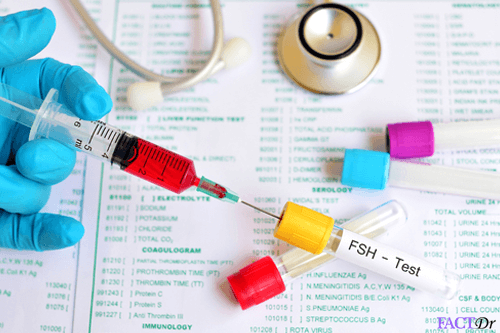
- Lavender: The calm and soothing oil your body needs right now

- Did you know vitamin E can fight these fatal diseases?

- Acupuncture: 7 remarkable ways these pain-free needles can bring you holistic healing

- Magnesium Test

- Dates: The complete list of instant health benefits this dry fruit can bestow

- Total Cholesterol Test
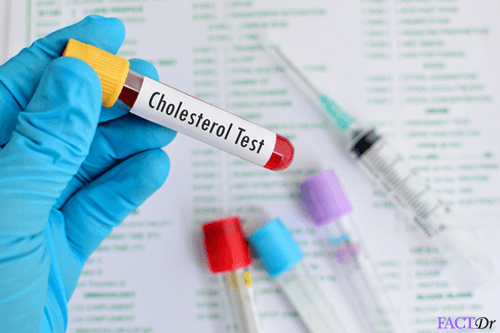
- Amniocentesis

- Walking Pneumonia

- MSM: An effective sulfur supplement to ease those aching joints

- Benefits of exercise: Top reasons why you should be sweating it out more in the gym

- Occupational Exposure & Lymphomas: A Complete Guide to Dangers & Remedies

- MRI – Magnetic Resonance Imaging

- Alpha Feto Protein (AFP) Test

- Experts believe these are the healthiest diets for you

- Organic Foods: Is the popularity of pesticide-free food justified?

- Buckwheat: Instant health benefits of adding this super healthy grain in your diet

- Rhubarb: The secret nutrients hidden in these deep red stems

- 18 amazing uses of Baking Soda you didn’t know!

- Rhodiola Rosea: Hoist yourself to high stamina and a stress-free brain

- Bone Density Test
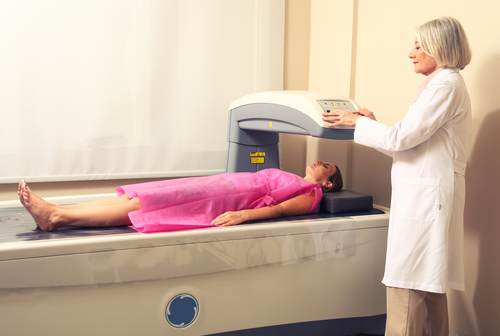
- Migraine: Get rid of this agonizing pain naturally with these home remedies

- Neurologist: How can the specialist help you avert fatal diseases

- Active Release Technique: Say goodbye to chronic body pain with ART

- Electric toothbrush vs manual toothbrush: Who wins the dental war?

- Best keto snacks to munch on when you are on a keto diet

- L-arginine: Your search for the ultimate fitness booster ends here

- Garcinia Cambogia: Combat weight gain and obesity with this effective natural supplement

- Are you sure you are drinking enough water?

- 12 instant and most effective remedies for a hangover

- Cytomegalo Virus (CMV) – IgM Test

- Hate making breakfast?Fast and healthy breakfast recipes just for you!

- Peanut Butter: A spread of nutrients on your morning toast

- Pregnancy or PMS: The confusion

- Mammography

- Melatonin: Fascinating facts on the hormone that brings you the Zzzs

- Prebiotics: Eat the foods your gut bacteria love eating

- Breast augmentation

- What can you do if you are COVID-19 positive: Practical coping tips

- Cranberry: Top reasons why you should grow this “superfruit” in your own backyard

- Colonoscopy
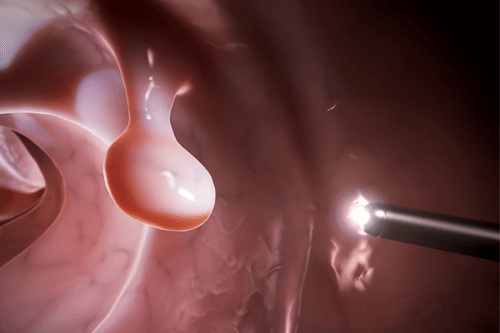
- Human Growth Hormone (HGH) Test

- Goldenseal: Experts reveal why it is the most useful herb known to mankind

- Bone Scan

- How to make the apple cider vinegar diet work for you?

- All that you should know about Roseroot

- The top natural antihistamines and how to use them

- Sigmoidoscopy

- Herpes simplex virus (HSV)-IgG Test

- Guaranteed tips on how to bounce back from low testosterone levels

- Best ideas for pregnancy snacks

- Why calendula extract ought to be part of your personal health kit?

- Treponema Pallidum Hemagglutination Test

- Folate: What are the best ways to add this nutrient in your staple diet?

- Proteins: What is the right protein-intake for your specific needs?

- Can’t eat eggs? Here are the best egg substitutes for you

- Max thalassemia Profile

- Toxo Gondii-IgM Test

- Top 15 fat burning foods you need to start eating from today!

- Influenza A

- Gluten-free diet – a comprehensive, easy to follow guide

- How does Reiki actually work and what are its benefits?

- Cinnamon: Sprinkle this on your morning coffee to gain guaranteed health benefits

- Ketosis: A potentially dangerous side effect of the popular keto diet?

- The Vegan Diet: The benevolent way of eating that wins hearts (and tummies)

- Best treatment for piles in Bangalore

- High global burden of common widespread health conditions

- Anti Mullerian Hormone (AMH) Test

- Spider veins

- Botox: Top things you should know before undergoing the procedure
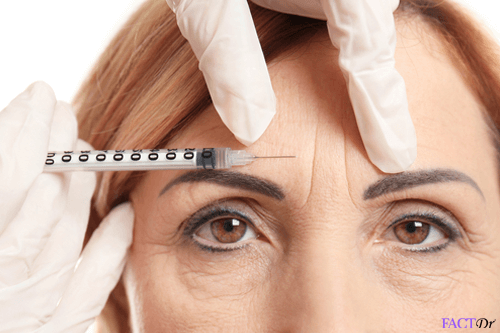
- Naturopathy: When the goodness of nature heals you

- Splenda

- Best Multivitamins for men: Find the ones best suited for you

- Forskolin: Did you know you could use this mint-like extract for weight loss?

- Comprehensive Metabolic Panel

- Free testosterone
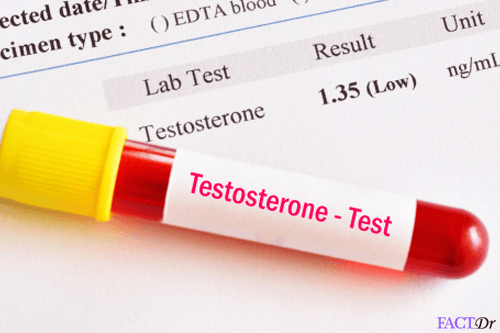
- From treating insomnia to joint aches, discover how eucalyptus extract can help you

- Lecithin: Learn how you can utilize this fatty acid to improve your cholesterol count

- Parkinson’s stages

- Kshar sutra treatment for piles, fissures and fistula

- Menstrual headaches

- Meditation: The shortest route to complete peace of mind (& body) in today’s world

- Testosterone test

- Apolipoprotein B-(Apo-B)

- Inner Knee Pain

- 10 science-backed reasons why salmon is probably the healthiest fish known

- Transcend deeper into a healthier mind and body with transcendental meditation

- Aromatherapy: Can this sense-stimulating therapy help you?

- Doppler Ultrasound

- 11 natural ways to cure upper respiratory tract infections

- Root canal

- Practical Motherhood Tips for Working Women

- Top reasons why broccoli is a high-ranking powerhouse vegetable

- Positron Emission Tomography – PET Scan

- Laughter Therapy– The Best Medicine for Healthy Living

- Ultrasound

- Estradiol Test

- Golden Milk – Your Recipe to Good Health

- T3 Test

- Tips to take care of your mental health during COVID-19

- Best Practices to Prevent and Control COVID-19
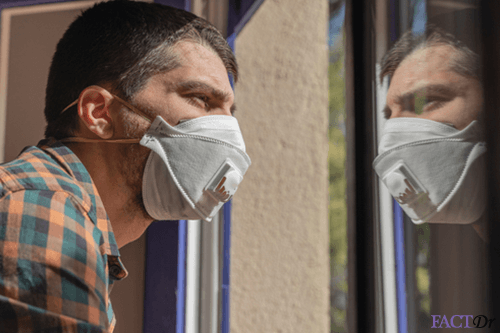
- Complement 4 (C4) Test

- ERCP – Endoscopic Retrograde Cholangiopancreatography

- Phimosis

- How the deficiency of Coenzyme Q10 could bring your organs to a standstill

- Anti-Chlamydia Antibody IgM

- Homocysteine Test
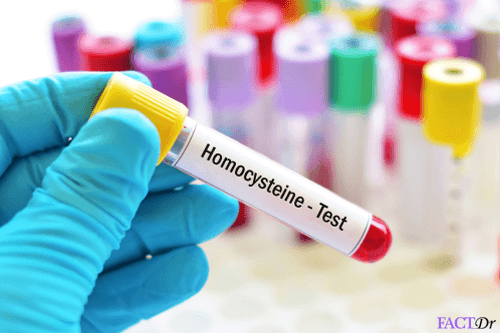
- Spinach: The ultimate way to boost health with this green superfood!

- Children Nutrition and Toxicity Profile

- Sweeteners – Are They Good or Bad for Our Health?
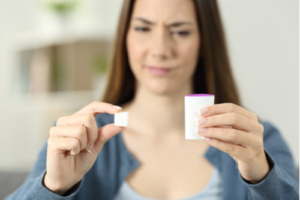
- PCOD(Poly Cystic Ovarian Disorder) Profile
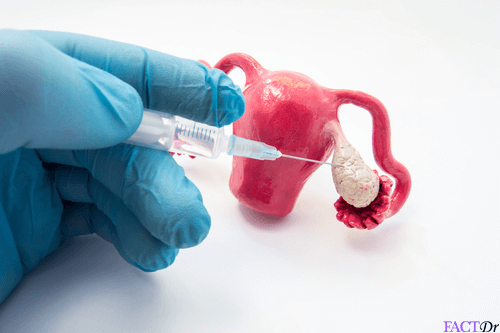
- Vaginoplasty

- Infertility profile (men)

- Immunoglobulin A Test

- Paleo Diet: Is eating like the Caveman the right way to go?

- High blood pressure during pregnancy: Causes and remedies

- Do you have COVID-19? Know the critical signs and symptoms

- 12 myths and facts about anal piles

- Burn those years of stubborn fat-deposits with a few minutes of HIIT!

- Calcium test

- Dr. Gundry’s diet: A new concept in dieting

- Steroid Profile

- Difference between piles, fissures, and fistula
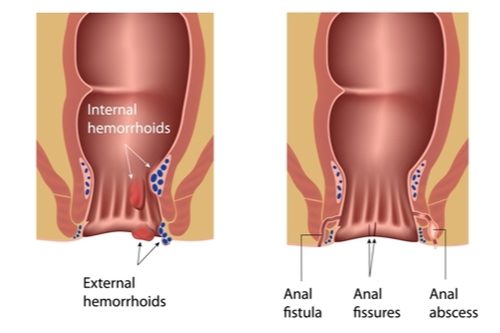
- Paleo snacks

- HPV Digene Hybrid DNA Detection test
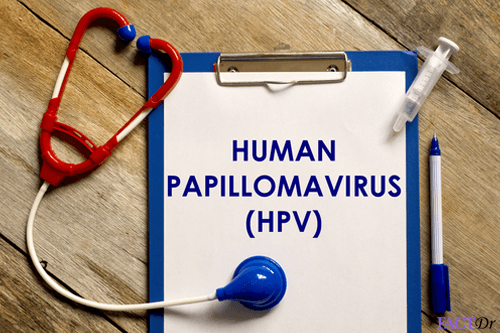
- Pregnancy – Early signs and symptoms

- Yerba Mate: Could the national drink of Argentina successfully replace coffee?

- COVID-19: Know all about types of diagnostic testing, procedure, risks

- What makes Homoeopathy a safe way towards recovery?

- What is Baby Led Weaning and how does it compare to traditional weaning?

- Does your teeth really need charcoal toothpaste?

- Toxo Gondii-IgG Test

- Adenosine Deaminase Test

- Immunoglobulin G Test

- How excess sugar changes your body over time

- Is Chiropractic really effective for relieving back pain?

- COVID-19: Possible serious long-term side-effects for patients

- Is there more to your chronic fatigue than just tiredness?

- Pilonidal sinus

- Hormone Replacement Therapy-Symptoms, Benefits, Types, Side Effects, Lifestyle Changes

- Diabetes Diet 101: All the foods you should eat ( & avoid)
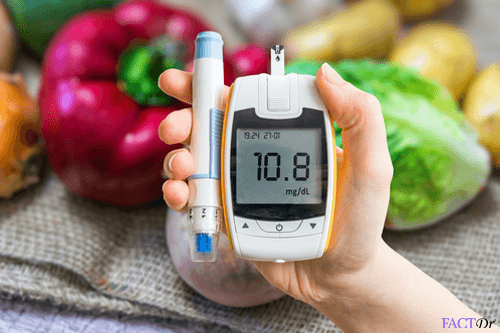
- Pregnancy test – Urine & Blood

- COVID-19: What is the treatment and how long is the recovery?

- Buddha bowl

- Diabetic Retinopathy

- Egg freezing: Questions every woman has before preserving her eggs

- Medical conditions yoga can help with

- Ceruloplasmin Test
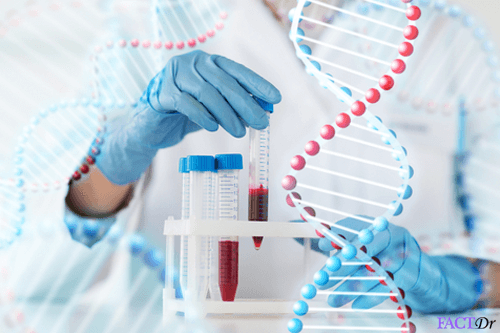
- Hydrocele

- A few facts about threatened abortion

- Labiaplasty

- Septoplasty

- Anorectal disorders – laser surgery or home remedies?

- Is fecal transplant a safe method of gut disease treatment?

- What should you know before anal fissure surgery?

- Blood in your stool

- Safety tips and precautions during COVID-19

- Cystoscopy

- Lipoma
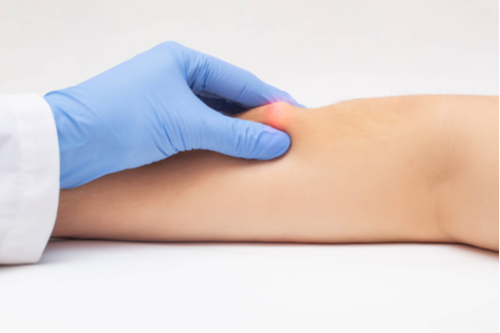
- Circumcision

- Rectal Prolapse
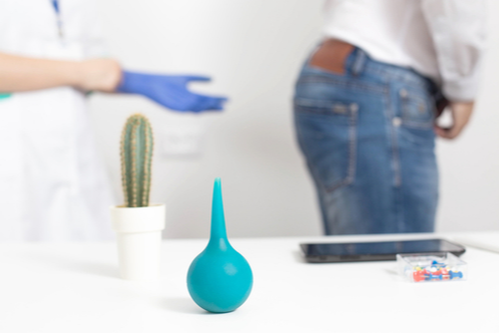
- Diabetic foot ulcer

- Varicose veins

- Chemo brain

- Kidney stones

- Cataract

- Termination of pregnancy

- Liposuction

- Ovarian cysts

- Hysterectomy

Trending Topics


























































































































































































Related Posts
 Rheumatic Fever An untreated strep throat can escalate into a more severe condition known…
Rheumatic Fever An untreated strep throat can escalate into a more severe condition known… Chondromalacia Chondromalacia Patella is a condition of the knee, where the articular cartilage…
Chondromalacia Chondromalacia Patella is a condition of the knee, where the articular cartilage… Joint Damage Joint damage is a collective term for a group of conditions which…
Joint Damage Joint damage is a collective term for a group of conditions which…
Top Stories
- Ferritin Test

- Blue Balls

- Tonsil Stones

- Sebaceous Cyst

- Muteness

- Rubella IgG Test

- Lipid Profile

- Lectin: The common link of proteins between peas and people

- Enterogermina

- Bifilac

- Leukoplakia

- Pulmonary Function Tests

- Skin Rashes

- Random Blood Sugar Test

- Cervical Cysts

- Dyshidrotic eczema

- Dexorange

- The real reason why you shouldn’t be eating ramen noodles

- Rheumatoid Factor (RF)

- Augmentin 625

- Anti-Thyroglobulin Antibody test

- Lupus Rash

- TBHQ: A carcinogen lingering in your child’s favorite snacks

- Pott’s disease

- Passion fruit: How one exotic fruit can help you fight infections and cancer!

- Tongue infections

- Thyromegaly

- Cervical Polyps

- Primolut N

- Post-Prandial Blood Sugar

- High platelet count

- Beriberi

- Hepatitis B Envelope Antigen (HBeAg)

- Orofer XT

- T Bact Ointment

- Wasp Sting

- Nurokind LC

- Amoebiasis

- Betadine

- Herpes Simplex Virus I (HSV)-IgG Test

- Chiggers

- Non-Hodgkin’s Lymphoma

- Blue Waffle Disease

- Hangnails

- Balanitis

- Evion LC

- Flunarizine

- AST- Aspartate Aminotransferase Test

- Inverted nipples

- Treponema Pallidum Antibody(TPAB) test

- Avil

- Vitamin K2: 8 reasons why you need this bone-building & cancer-fighting nutrient

- Thyroglobulin (TG) Test

- HLA-B27 test

- Abscess

- Fatty Liver Disease

- Metabolic Disorders

- Cherry Angioma

- Gum Disease

- Diverticulitis diet: The right way to eat if you suffer from the disease

- Chondromalacia

- Hydrocele

- FBS Test – Fasting Blood Sugar

- Pus

- Yellow poop

- Serum Electrolyte

- Cardiolipin Antibody (ACL) –IgM Test

- Becosules

- Maltitol: Things you must know about this artificial sweetener

- Autoimmune Diseases: Find out if your body is attacking you right now

- DHEA Sulfate (DHEAS) Test

- Kidney Cysts

- IgE test – Immunoglobulin E

- Prickly Heat Rash

- Duphalac

- Abdominal CT scan

- Myospaz

- Enlarged Liver

- The importance of roughage in diet

- Brown Recluse Spider Bites

- Hypermetropia

- EKG – Electrocardiogram

- Taxim O

- Fibroadenoma

- Serum Zinc Test

- Chymoral Forte
- Clavam 625

- Ketorol DT

- Silicon Dioxide: How can a component of sand be essential to your wellbeing?

- Chromium Toxicity

- Albinism

- Viral Infections

- Swollen Lymph Nodes

- Smegma

- Free Triiodothyronine (FT3) Test

- Skin Tags

- Erythropoietin (EPO) Test

- Cytomegalovirus (CMV)- IgG Test

- Hydrocephalus

- Shelcal 500

- Pellagra

- Birthmarks

- Chromium Picolinate: An essential mineral supplement for faster weight loss

- Prolapsed Uterus

- Helicobacter Pylori – IgG Test

- Free thyroxine test (FT4)

- Scabies

- Genital Herpes

- Excretory System Diseases

- Eustachian Tube : Functions and top home remedies to prevent its infection

- Intestinal Adhesions

- Rectal Prolapse

- Abnormal Vaginal Bleeding

- How do neutrophils protect you from fatal bacterial attacks?

- Zerodol

- Cheilitis

- Bilirubin Test

- Cavernous Sinus Thrombosis

- Smallpox

- Top 6 remedies to treat a razor burn at home

- Temper Tantrum

- Pan D

- Ingrown Toenail

- Jock Itch

- Genital Warts (HPV)

- Phlebitis

- Sickle cell disease

- The Big 5 lifestyle diseases: How your everyday living might be killing you

- Alexandria’s Genesis

- Cellulitis

- Beta 2 Glycoprotein 1 IgG

- CLA: A breakthrough weight loss supplement with minimal side effects

- Burning mouth syndrome

- Athlete’s Foot

- Disodium Hydrogen Citrate

- Zifi 200

- Racecadotril

- Urinary Microalbumin Test

- Gonorrhoea

- Benign Tumours

- Dry skin

- Brain Cysts

- Deep Vein Thrombosis

- Myocardial infarction

- Razo D

- Betnovate

- Stye

- The science behind daith piercing: Can it really cure migraine?

- Hiatal Hernia

- Arachnoid Cysts

- Cerebral Cavernoma

- BRAT Diet: What is the right way to follow this diarrhea-relieving diet?

- Maladaptive Daydreaming

- Duphaston

- Neural tube defects

- Zerodol SP

- Antinuclear Antibody Test – (ANA)

- Nexito Plus

- Gilbert’s Syndrome

- Moon Facies ( Cushing Syndrome)

- Lisp

- Folate test

- Maltodextrin: What are the hidden health benefits of this food additive?

- Foot Corns

- Scalp Psoriasis

- Anencephaly

- Norflox TZ

- Hives

- Blood blister

- Pinworms

- Tonsillitis

- Enteritis

- Mumps

- Helicobacter Pylori – IgA Test

- Heat Rash

- Fungal infections

- Typhus

- Stuffy Nose

- Endocrine System Disorders

- Troubled with IBS? Here’s a complete roadmap to the low FODMAP diet

- Eating Disorders: Lifestyle choice or a psychological condition?

- Cystoscopy

- Dengue NS1 test

- Salivary Gland Infection

- Internal Bleeding

- Ringworm

- Endomysial Antibodies (EMA) Test

- Pyelonephritis

- Sputum test

- Stye : The best natural home remedies to ease the pain

- Etizolam

- Klinefelter’s Syndrome

- Trichomoniasis

- Bronchitis

- Leukocytosis

- Amylase Test

- Levosulpiride

- Blood thinners

- Rubella

- Occupational Hazards: How to vouch for your health at your workplace

- Ascites

- Piaget stages: Do they accurately describe the way the human brain develops?

- Skin irritation

- Anti Ds-DNA antibody Test

- Poop chart: Top things you didn’t you your poop could reveal about you

- Giardiasis

- Drotin DS

- Swollen Feet

- Panera Bread: The truth behind this “healthy” restaurant chain

- Asthenia

- Ulcers

- Green Healing: The amazing health benefits of being in nature

- Adenoiditis

- Emphysema

- Milk Thistle: Find possible cures for fatal diseases in these purple blooms

- Rickets

- Acanthosis nigricans

- Poison oak

- Werner’s Syndrome

- West Nile Disease

- CBC (Hemogram 6-part diff) blood test

- Hypersplenism

- Lipoprotein (A) Test

- Albumin Test

- Arm fracture

- Dislocated Jaw

- Common diseases that could cripple your vital organs

- Lipoma

- Hematuria

- Tissue Transglutaminase Antibody (tTG) Test

- Dysentery

- Enlarged Heart

- Congenital Glaucoma

- 9 benefits of walking we bet you didn’t know!

- Proctitis

- Cloudy Urine

- Meftal Spas
- Baby Acne

- Comedones

- Syphilis

- Blood Element Analysis Test

- Ciplox Tz

- Spider Bites

- Canker Sores (Apthous Stomatitis)

- Ketoacidosis

- Brain-Eating Amoeba (Naegleriasis)

- Sitophobia

- Sustan 200

- MRSA – Methicillin-Resistant Staphylococcus Aureus

- Atelectasis

- Non-Allergic Rhinitis

- Anti-Microsomal Antibody AMA Test

- Hand Fracture

- 8 hidden causes of obesity you probably didn’t know!

- Anti-CCP Test – Anti-Cyclic Citrullinated Peptide

- Rhabdomyolysis

- Blood Disorders

- Tonometry

- Sepsis (Blood Poisoning)

- Beta hCG Test

- Hemolytic Anemia

- Lipodystrophy

- Oral Glucose Tolerance Test – GTT

- Costochondritis

- Dyscalculia

- Yellow Jacket Sting

- Trisodium Phosphate: How a paint thinner made its way into your breakfast

- 17 OH Progesterone test

- Cold Sores

- Quadriplegia

- Freckles

- How accurate is the hair follicle drug test?

- Varicocele

- Genetic diseases

- Arterial Blood Gas Analysis

- Keratitis

- Oral Leukoplakia

- Anal Abscess

- Carrageenan: How a simple seaweed extract could better your gut health & immunity

- Thalassemia

- Folliculitis

- Wound debridement and dressing

- Sinarest

- 5 unbelievable effects of dance on your overall health!

- Chicken Pox

- Electroencephalogram – EEG

- Otitis media

- Edema

- Tongue cancer

- Fibrocystic Breast Changes

- Quadriceps: Why stretching these is a must before going for a run

- Jackfruit: Slice your way into higher immunity, better digestion, & more…

- Oligohydramnios

- Pre-cancerous Skin Lesions

- CA 15-3 Test

- Don’t let your sleep deficit grow into memory loss or heart attack

- Juice Plus: Can you really replace actual fruits with pills?

- Chlamydia

- Colloid Cyst

- Silicosis

- Hyperthyroidism

- Pneumonia

- 7 liver detox facts and why ignoring these could kill you!

- Addison’s Disease

- Tongue Diseases

- The real reasons for your mood swings and how to overcome them

- Bulimia Nervosa

- Hookworms

- Mox 500

- Immunoglobulin M Test

- Jicama: A fiber-rich tuber for your weight loss goals

- Ingrown Hair

- Blisters

- Microcephaly

- Appendicitis

- Plantar Warts

- These are the top foods to increase your hemoglobin count

- Itching

- Anhidrosis

- Are you depressed or just stressed? Know when to see a doctor

- Jaundice

- Cardiac Profile

- Lockjaw

- Cat-Scratch Disease

- Hodgkin’s Disease

- Bruises

- Flat Feet

- Isagenix Diet: Do you really need liquid meal replacements to lose weight?

- Lupus

- Peripheral Artery Disease

- Colon Polyps

- Poison sumac

- Subdural Hematoma

- Skin Problems

- Skin Problems in Children

- Combiflam
- Charley Horse

- GGT – Gamma-Glutamyl Transferase Test

- Power up your gut: 8 proven steps on how to improve your digestion

- Xanthan Gum: The pros and cons of this synthetic gummy additive

- Viral Meningitis

- Enlarged adenoids

- Pressure ulcers

- Astaxanthin: Why experts believe it could be 550x more potent than vitamin E!

- Beta 2 Glycoprotein 1 IgM

- Bone tumor

- Chlorella: Therapeutic powers of the billion-year-old algae now within your reach

- Connective Tissue Diseases

- Skull Fracture

- Cheston Cold

- Lymphoma

- Why you should be adopting a Mediterranean style of diet today

- Flagyl 400

- Signoflam

- Oxycodone

- Dwarfism

- Squid Ink: A unique food coloring and flavoring agent

- Sugar: 7 new shocking truths revealed about the sweet poison

- Nail Fungus

- Hepatitis Profile

- Copper Serum Test

- Staph Infection

- Dysgraphia

- Dengue Fever

- Is bronchitis contagious? And how to prevent this infection?

- Hernia

- Night Blindness

- Coconut sugar: What is it and is it healthier than table sugar?

- Gastritis

- Burkitt Lymphoma

- Insect Bites

- Vitamin B12 Test

- Jack In the Box : The perils of surging fast food culture in the USA

- Metal toxicity

- Speech disorders

- How are BMI and BMR different and what do these numbers mean?

- Stretch Marks

- Thrombocytopenia

- Anemia

- Nursemaid’s Elbow

- Pernicious anemia

- GM Diet: The fastest way to lose weight or yet another hoax diet?

- Impetigo

- Syncope

- Tuberculosis

- What are Shiitake Mushrooms and why should you eat them?

- Rheumatic Fever

- Quinine: How gin and tonic came to be known as a potent health elixir

- Hyperventilation

- Bacterial Pneumonia

- Pseudocyst

- Osteomyelitis

- Hypocalcemia

- Esava

- Arteriosclerosis

- Pterygium (Surfer’s Eye)

- Birth Asphyxia

- Chest X-Ray

- Pneumothorax

- Neonatal Jaundice

- 11 unbelievable health benefits of thyme you didn’t know!

- Green poop : What are the reasons and how can you correct it

- Vaginitis

- Joint Damage

- Bell’s palsy

- Trypophobia

- Prostatitis

- Contact dermatitis

- Ear Infections

- Postpartum Infections

- LP-PLA2 Test

- Pleurisy

- Temporal Arteritis

- Night Eating Syndrome

- Immune System Disorders

- Epididymitis

- Conjunctivitis

- Liver Cancer

- Gallstones

- Your health in the age of Social Media: Why is digital detox a necessity?

- Dragon Fruit – Blessing from Nature’s Basket

- Meal replacement or protein drink? Learn all about Shakeology and its claims

- Arsenic Poisoning

- Portal Hypertension

- Aspergilloma

- Tetanus

- Snapping Hip Syndrome

- Hemochromatosis

- Thyroid Storm

- Pelvic Inflammatory Disease

- Thyroid Scan

- Dystonia

- Cervicitis

- Caralluma Fimbriata: How to eat this cactus to lose weight

- Itraconazole

- Color Blindness

- Meningitis

- Itchy Scalp

- Androstenedione Test

- Alcohol abuse

- Paragonimiasis

- Cervical Dysplasia

- The actual science behind smelling salts and how it helps in injury recovery

- Kidney Stones

- Endometritis

- What to eat, what not to eat in the South Beach Diet?

- 10 fantastic ways to make your fitness routine more fun!

- 5 things you didn’t know about balneotherapy and how you can do it at home

- Blood Ketone (D3HB) Test

- Muscle pain

- Motion Sickness

- Biliary atresia

- Voglibose

- Placenta Previa

- Dry Mouth

- Bone Spurs

- 6 shocking consequences of bad oral hygiene (and how to avoid them)

- Hydroquinone: Is it the best topical treatment for hyperpigmentation?

- Yeast Infection

- Poison Ivy

- Laryngitis

- Surgery or home-remedy; what is the right way to treat a burn

- Nutritional Yeast : How can a fungi culture be good for your body?

- Liver Failure

- Capgras Syndrome

- Alopecia

- Step up your defence: 15 proven tips on how to boost your immunity

- Wolf spider bite

- Bowel Obstruction

- Shin Splints

- Dental Fluorosis

- Herpes Simplex Virus (HSV)-IgM Test

- Lymphangitis

- Morgellons

- Juvenile Diabetes

- Acoustic Neuroma

- Spine Curvature Disorders

- Astigmatism

- Hypothermia

- Experts reveal the safest ways to perform an enema at home

- Avoidant Personality Disorder

- Lactose Intolerance

- Tamarind: The top health benefits of this staple Asian ingredient

- Epley maneuver: Why is this the best protection from the symptoms of vertigo?

- Pain disorder

- Meningioma

- Dyspepsia

- Carcinoembryonic antigen (CEA) test

- 8 hard-hitting truths no one tells you about cancer

- Lice Infection

- Cyclopam
- Painful Urination

- C-Reactive Protein Test

- Kava: Is it the healthy substitute for alcohol you have been waiting for?

- Dyspnea

- Bubble Tea: Bubbling with nutrition or a hidden sugar mine?

- Diphtheria

- Urethritis

- Scurvy

- Arachnoiditis

- Eye Twitching

- Muscular dystrophy

- Rubella IgM Test

- Mycobacterium tuberculosis

- Down syndrome

- Empyema

- Vitamins – Deficiency & Excess

- Pharyngitis

- 7 startling facts that will make you quit alcohol today

- Strep Throat

- Eye-sight problems

- Leptospirosis

- Sodium chloride: The wonders and dangers of the simple table salt

- Acute Cholecystitis

- Acute Liver Failure

- Connexin 26 deafness

- Porphyria

- Sleep Paralysis

- Free PSA Test

- Food Poisoning

- CA19.9 Test

- CT – Computed Tomography Scan

- Cholecystitis

- Traumatic fractures

- Carb Cycling: Weighing the pros vs the cons of this diet routine

- Cholesteatoma

- Gaucher Disease

- Foot Drop

- Enlarged Prostate

- Oxalates: How healthy greens can sometimes be bad news for your kidneys

- Stickler syndrome

- Anemia Profile

- Myositis

- Bowel Incontinence

- Coffee Enema: Turn your favorite morning beverage into a powerful colon cleanser

- Chronic Kidney Disease

- Polycystic Kidney Disease

- Hyperkalemia

- Neutropenia

- Rocky Mountain Spotted Fever

- Apert Syndrome

- Turner Syndrome

- Dark Urine

- Humerus Bone Disorders

- Rabies

- Ventricular hypertrophy

- Grave’s Disease

- Eye Fatigue

- Bed Bugs

- Lower Abdominal Pain

- Cold Intolerance

- Myelography

- Appendix pain: Recent findings on this not-so vestigial organ

- Inguinal Hernia

- Bloom Syndrome

- Sleeping Sickness

- Anatomy of acne: 7 instant steps to kiss those zits goodbye

- Autoimmune Hepatitis

- Diarrhea

- Atherosclerosis

- High-fat diets: The paradox of eating more fats and losing weight fast

- Heat Exhaustion

- Moringa: This could be the most nutrient-dense food known to us!

- Anti hepatitis E virus (Anti HEV) IgM Test

- Vaginal Discharge

- Proteinuria

- Orofacial cleft

- Shingles (Herpes Zoster)

- Ureteroscopy

- High Blood Pressure

- What is the right way to take a pregnancy test?

- Sleep Walking

- Blood Clots

- Mad Cow Disease

- Embolism

- Folvite

- How to scrub away stress and fatigue with an Epsom salt bath?

- Rantac 150

- Deviated Septum

- Tapeworm infection

- The Cabbage Soup Diet: The healthiest way to instant weight loss

- How seitan proved to be a blessing in disguise for vegans worldwide

- Erythema Multiforme

- Ducloflex

- Bursitis

- Acute Renal Failure

- Yellow Fever

- Pescatarian Diet 101: What are the inherent health advantages of this diet?

- Colposcopy

- Hyperlipidemia

- Rheumatoid Arthritis

- How to practice yoga for astounding health benefits

- Budd-Chiari Syndrome

- Fight, flight, or freeze: 8 ways stress can ruin your body

- Ear pain

- Wisdom Teeth

- Fifth disease

- Vitiligo

- Cholera

- L-Theanine: Better sleep, higher focus, and many other benefits

- Molluscum contagiosum

- Polycystic Ovary Syndrome

- Barium Enema

- Diabetes

- Tick Bites

- Depression

- 12 easy and instant steps to successful weight loss

- What are the top 50 deadly and widespread diseases?

- Osteogenesis Imperfecta

- How to have a healthy pregnancy: Essential tips to remember

- Progeria

- Disseminated intravascular coagulation (DIC)

- General adaptation syndrome: Understanding stress, one step at a time

- Easy and safe tips for ear wax removal you can do at home

- L-Carnitine: The best workout buddy and weight loss supplement you could find

- Pancreatitis

- Anaphylactic Shock

- A complete list of low-fat diets and how to follow them

- Peptic Ulcers

- Top reasons why you should go for a reflexology massage today

- High Fiber Diet – Fire up your fiber intake for these health benefits!

- Transverse Myelitis

- Aceclofenac

- Agoraphobia

- The ultimate tips on how to boost your brain health

- Myopia

- VDRL Test

- Lactic Acidosis

- Osteoporosis

- Anorexia Nervosa

- Xylitol : Is this the right sugar substitute for you?

- Hepatitis

- Myasthenia Gravis

- Can you get addicted to food? Learn everything about food addiction

- Goji berry: A traditional Chinese berry that packs the best of antioxidants

- Thrush

- Testicular Cancer

- Varicose Veins

- Narcissistic Personality Disorder

- Niemann-Pick disease

- Psyllium Husk: More than just an effective natural laxative

- Rotator Cuff Disorders

- Kidney Failure

- SIBO Diet: The important dos and don’ts of this gut-healing diet

- Deafness

- Obesity

- Acute Pericarditis

- Attention Deficit Hyperactivity Disorder

- Thyroid Disorders

- Weight Loss

- Thyroid Profile

- Antibiotic Resistance: How common diseases become deadly

- Clenbuterol

- Pumpkin Seeds: Why pumpkins are more than just for pies!

- Liver Function Test – LFT

- Giant-Cell Arteritis

- Urologist: When should you visit one and why?

- Viral Gastroenteritis

- Aspartame – Hidden truths about this storm in a teacup

- Erythritol: A healthy sugar substitute or yet another marketing ploy?

- Vagus nerve: 7 health benefits of stimulating the “gut-brain” connection

- Low carb diet : Go high on fats and low on carbs for a leaner body!

- Hypotension

- Asperger’s syndrome

- Cystatin C Test

- Premature Birth

- Kidney Infections

- Crohn’s Disease

- CrossFit: Now get the perfectly sculpted body with this explosive gym routine

- Eating Disorders

- Hemophilia

- Scarlet Fever

- Cervical Cancer

- 14 go-to foods that are best for a complete natural liver detox

- Epilepsy

- Dyspraxia

- Rosacea

- Bromelain: 11 reasons why you should start adding pineapple to your pizza!

- Paleo vs. Keto: Which diet plan is best suited for your body goals?

- Cerebral Aneurysm

- Cordyceps: How the Caterpillar fungus works as a proven cancer-shield

- Water Chestnuts: The tastiest ways to include this healthy tuber in your diet

- Herpes Simplex Virus I (HSV)-IgG Test

- Calluses

- Love tea, hate tannins? Rooibos tea is just what you need

- Anhedonia: Does the chronic inability to feel joy affect you too?

- Lung Diseases

- Seasonal Allergies

- Autonomic Dysreflexia

- Pancreatic Cancer

- Your complete guide to an improved and disease-free skin

- Hysteroscopy

- Arthritis

- HB1Ac Test

- Garlic: Nature’s white pill as an effective home remedy

- Diverticulitis

- Ovarian Cysts

- Acid Reflux & G.E.R.D.

- Akathisia

- 10 health reasons why you should go “bananas” over bananas!

- Ankle Osteoarthritis

- Osteopenia

- Trigeminal Neuralgia

- Whooping Cough

- Undescended Testes

- Joint Pain

- Alcoholism

- TMJ – Temporomandibular Joint Dysfunction

- Teething

- Weight gain

- Hepatitis A Virus (HAV) Total

- Sinusitis

- Cayenne: The remarkable benefits of these red hot chili peppers

- Measles

- 5 most effective ways you can lose those pregnancy pounds!

- Brainstem Strokes

- Dyslexia

- Bone fracture

- Atkins Diet: The right steps to carb control that can help you lose those pounds fast

- Addiction explained: An obsession that could cost you your life

- 10 reasons why you might be waking up tired

- Levocetirizine
- How can Kegels help you overcome weak pelvic muscles & incontinence?

- Cardiac Tamponade

- Tart Cherry: The healthiest excuse for taking that second serving of pie

- Ashwagandha: The best-kept secret of Ayurveda now revealed!

- DOMS (Delayed Onset of the Muscle Soreness)

- Sociopaths: How to identify the ones lurking around you?

- LDL Cholesterol

- How to correctly perform nasal irrigation using a Neti Pot?

- Avian Flu

- Urinary Problems

- Brucellosis

- Botulism

- Scoliosis

- The complete “what to eat” guide for gluten intolerance

- Amitriptyline

- Anti-Streptolysin-O Test

- Bacterial infections

- 8 ‘healthy eating’ myths you believed until now

- Mitral Valve Prolapse

- Multiple Myeloma

- Iron Deficiency Profile

- Manic depression

- Dysphagia

- Heart Diseases

- Missed Period

- Liver Cirrhosis

- Prostate Cancer

- Urinary Tract Infections

- H. pylori Infections

- Burns

- Cardiac Arrest

- Typhoid

- Restless Leg Syndrome

- Bed Wetting In Children

- Cystic Fibrosis

- Huntington Disease

- Kefir: Top reasons why this probiotic drink should be consumed by you

- Herniated Disc

- Dehydration

- Memory Loss

- Hypertension Profile

- Anoscopy

- Thyroid Nodules

- Constipation

- Don’t choose pain: 10 truths about your back ache (and how to get relief)

- Ankylosing spondylitis

- Baldness

- Coma

- Dry cough

- Gingivitis

- Substance Abuse

- Thalassemia

- How can berberine supplements help you live longer and healthier?

- Ectopic Pregnancy

- Angina

- Pelvic Pain

- A few facts about Carcinoid syndrome

- Anal fistula

- Childhood Leukemia

- Fibroids

- Back Pain

- Stuttering

- Glucose-6-Phosphate Dehydrogenase (G6PD) test

- Tinnitus

- Epidermodysplasia Verruciformis

- Diplopia

- Kawasaki Disease

- Gout Diet : Get relief from painful joints by eating these foods

- Avascular Necrosis

- Cauda Equina Syndrome

- Bipolar disorder

- 10 healthy habits: Have a hearty kick-start to the New Year!

- Mono In Teens

- Infections

- Obsessive-compulsive personality disorder

- Thrombophilia

- Growing Pains

- Arrhythmia

- Bladder training

- Stages of wound healing

- Top natural diuretics: The instant benefits you can get from nature’s water pills

- Asthma

- Pap Test: An accurate test that can predict the onset of cervical cancer

- Stevia: A healthy sugar substitute or yet another risky additive?

- Anaphylaxis

- Gabapentin

- Bone Marrow Biopsy

- Skin Cancer

- Fevers

- Low Birth Weight

- Heavy Periods

- How to beat the common cold, flu, and sinus infection instantly?

- Lazy Eye

- Did you know drinking alkaline water could be the healthier choice for you?

- Gallbladder surgery :Tips on post-operative care and diet

- Cholesterol Management

- Eczema

- Mononucleosis

- Bacterial Vaginosis

- Deficiency & Developmental Disorders: A Complete Guide to Best Remedies

- Actinic Keratosis

- DHEA: Now get unbelievable age defiance with this wonder hormone!

- Stomach Flu

- 8 reasons why you should grab a bottle of water now!

- Okra: How can this nutrient-dense vegetable help you fight diabetes?

- Spina Bifida

- COPD-Chronic Obstructive Pulmonary Disease

- Lower Back Pain

- Phenytoin test

- Dandelion: Little parachutes of health and wellness for your whole body

- Autism

- Tension headaches

- Juvenile Macular Degeneration

- Heartburn: What are the exact symptoms and the best home remedies?

- Edamame: How healthy are these green baby beans?

- Cardiac Tamponade

- Stop hitting the snooze button: 8 proven steps to perfect sleep

- Bulletproof Coffee – Breakfast of champions or yet another health fad?

- Morning Sickness

- Fluoride: An indispensible mineral or a potential toxin ?

- The best and safest ways to treat rosacea

- Knee Pain

- Bloating

- Find all the instant ways to get rid of blackheads

- Beginner to Tai Chi? Find the right way to perform this exercise for best results

- Agave nectar: The bitter truth about this sweetener revealed

- Leptospira-IgM Test

- Cluster headache

- Colorectal Cancer

- Malaria

- Bunions

- Metatarsalgia

- Spirulina: Battle diabetes and cholesterol with this blue-green algae

- Hydroxycut: How safe are these so-called weight loss supplements?

- Subarachnoid Hemorrhage

- Anti-Social Personality Disorder

- Frostbite

- Manuka Honey: What is it and why should you choose this over regular honey?

- Inversion Therapy: The anti-gravity way of healing chronic back pain

- Mosquito Bites

- Hypothyroidism

- Asbestosis

- Jet Lag

- Bronchoscopy

- Preeclampsia

- Top reasons why you need to pay attention to your vitamin B6 intake

- Anal fissure

- Sunburn

- Menstruation

- Narcolepsy

- Breast Cancer

- Melanoma

- Amnesia

- Gout

- Ataxia

- Bradycardia

- Cerebral palsy

- Binge Eating Disorder

- Lung Cancer

- Muscle relaxers: Think twice before popping prescription drugs for muscle pain

- AIDS

- Myelodysplastic Syndromes

- The right way to prepare Alfalfa sprouts at home

- Lymphadenopathy

- Ankle sprain

- Brain Diseases

- Black Seed Oil: What secret benefits could it bestow on your health?

- What is Qigong and how can it help you channelize you inner “Qi”?

- Valerian Root: The best way to achieve tranquil sleep every night

- Hair Loss

- Creatine: Is this the right peak athletic-performance supplement for you?

- Apolipoprotein -A1 (APO-A1) Test

- Borderline Personality Disorder

- Ulcerative Colitis

- Heel spurs

- Himalayan salt lamps: Do you want to bask in the pink glow of health?

- Gastroenteritis

- Hemorrhoids

- Heart failure

- Exercises or diet? Find out the healthiest way to gain weight

- Lipase Test

- Vertigo

- Toxic Shock Syndrome

- Halotherapy: How inhaling salt can work wonders for your body

- Keratosis Pilaris

- Pulmonary Embolism

- Sore Throat

- 25-Hydroxy Vitamin D test

- Easy steps on how to do the plank for the perfect abs

- Tachycardia

- Type 2 Diabetes

- Vomiting

- Acute Lymphoblastic Leukemia

- Exertional headache

- Fructosamine Test

- Cavities

- Neuropathy

- Cancer

- Miscarriage

- Cold and Flu

- How cooking with CLA safflower oil can help you lose weight?

- Septic Arthritis

- Spinal Fracture

- Chronic Lymphocytic Leukemia

- Leukaemia

- What are the top 10 deadliest diseases and what is causing them?

- Leprosy

- Sleep Disorders

- Goitre

- Insomnia

- Gas

- Quinoa : A prodigious superfood you need to include in your diet today!

- Male pattern baldness

- Sciatica pain relief: Get rid of the pain with these easy daily tips

- Krill Oil: Does the solution to human illnesses really lie at the depths of the ocean?

- Support and care tips for helping people with depression

- Carpal Tunnel Syndrome

- Psoriatic Arthritis

- Hyperemesis Gravidarum

- Plexus Slim: Is this pink slimming drink the ultimate one-stop fat burner?

- Vital Organs & their diseases: A Complete Guide to Best Treatment and Remedies

- Hot cups for detox? Read all about the ancient technique of cupping

- Bad Breath

- Diabetic Profile

- Tennis Elbow

- Croup

- Anti-Chlamydia Antibody -IgG Test

- Your Complete Guide to Preventing Birth Defects

- Throat Cancer

- Acne

- Circumcision

- Blood Sodium Test

- Biotin: One-stop-shop for shiny hair and an active body!

- TSH Test – Thyroid Stimulating Hormone

- Tremor

- Winter skin hazards

- 6 arguments in favour of glucosamine and where can you find it

- TMJ – Temporomandibular Joint Disorders

- Hemp Seeds: The actual science behind this controversial crop

- Air Fryer: The ultimate savior of fried food addicts!

- Drug Overdose

- Omeprazole

- Amyotrophic Lateral Sclerosis (ALS)

- Colic

- Dizziness

- Facial Hair

- Ezekiel Bread: How to make the “world’s healthiest bread” in your own kitchen

- Cataracts

- Multiple Sclerosis

- Malaria Antigen Test

- Bruxism

- Shilajit: A miracle Himalayan herb for an active and happy life

- Valproic Acid Test

- Amaranth: Why is this native Peruvian grain called the “crop of the future”?

- Beware of these common foods that cause high bodily inflammation!

- Amino acids: Building blocks of life and a healthy body

- Ovarian Cancer

- Dental Care

- Anxiety and Panic

- Whiplash

- Ménière’s Disease

- Heel Pain

- Oxidative Stress: Understanding the most lethal phenomenon happening in your body right now

- Oil of Oregano: The one-stop essential oil you’ve been looking for

- Coughs

- Acute Myeloid Leukemia

- Hiccups

- Vitamin D Deficiency

- Inhale oxygen, exhale worries: The top breathing exercises and how to perform them

- Rett syndrome

- Colloidal silver: An essential dietary supplement or yet another pharmaceutical hoax?

- Menopause

- Alzheimer’s

- Encephalitis

- Schizophrenia

- Hibiscus: Nourish your beauty and health with these vibrant blooms

- Inositol: The multitude of benefits this single vitamin can bestow!

- Seborrhoeic Dermatitis

- Stroke

- Sciatica

- 5-htp: Is this the ultimate cure for those pesky migraines attacks?

- Night Terrors

- Allergies

- Avocado: 15 reasons why this fruit should be a staple in your diet

- Dopamine: How dope is the chemistry that governs human emotions?

- Short Breath

- Fibromyalgia

- Transient Ischemic Attack

- Polio

- Antiphospholipid Antibody(APL)-IgM test

- Sensory diabetic neuropathy

- Why does the human body experience burnout and how to manage it?

- Listeria

- Green, brown, & bitter: The instant advantages of including fenugreek in your diet

- Inflammatory Bowel Disease

- Pantoprazole

- Is this is the real life? Is this just fantasy? – Decoding the myths of lucid dreaming

- Chest Pain

- Beware: Ignoring these tell-tale signs of stroke could cost a life

- Summer Skin Hazards

- We bet you didn’t know that turmeric could be this beneficial!

- Hymenoplasty

- Pilonidal sinus

- Water Fasting: What are the pros and cons of this practice?

- Heat Stroke

- Antiphospholipid (APL) antibody-IgG

- Achilles Tendon Injuries

- Testosterone: And you thought it was just brawns and sex drive

- Hay Fever

- Is it possible to achieve full body detox with Master Cleanse?

- Glutamine: Why is this the right choice for muscle-gain supplement?

- Atorvastatin

- Parkinson’s Disease

- Aortic Dissection

- Fanconi anemia

- ACL Injury

- Attention Deficit Hyperactivity Disorder in Children

- Premenstrual Syndrome (PMS)

- Hypertension

- Chikungunya Fever

- Spondylitis

- Psoriasis

- Iron-Rich Foods: Eat these foods to keep fatigue and anemia away!

- Apple cider vinegar: Weight loss, shinier hair, and more!

- Brain Arteriovenous Malformation

- Plague

- Period blood – what it says about your health

- SARS

- T4 (Thyroxine) Hormone Test

- Keep your shoulders pain-free with these shoulder exercises

- Angiography

- Aneurysm

- Vaccines

- Hypoglycemia

- Anthrax

- Vitamin B12: The unknown repercussions of this nutrient deficiency

- Lauric Acid: 8 health benefits you can derive from coconuts

- Coronary Artery Disease

- Low progesterone: The dangers of this hormonal imbalance and how to correct it

- Lead Poisoning

- Tourette's Syndrome

- Troubled with ear infections? Find easy and instant home remedies here

- Prostate-Specific Antigen (PSA) Test

- Castor oil : A vitamin-rich oil for shiny locks and healthy bowels

- PiYo (Pilates + Yoga): Bringing you the best of both the worlds

- Brain Cancer

- Gua sha: Scraping away layers of pain with this ancient healing tool

- Neck Pain

- Hepatitis C

- Overactive Bladder

- Gingko Biloba: Therapeutic lessons from the world’s oldest tree

- Don’t let your hearing dip with age. Here’s what you need to do

- Histoplasmosis

- Your Complete Guide to Oral health: Best supplements for your teeth & gums

- Ovulation – facts to know about ovulation

- Progesterone test

- 18 instant steps to make your jogging routine more powerful

- Microneedling: Does this cosmetic procedure live up to the hype?

- Aging

- Ventricular diseases

- Perimenopause

- Metabolic syndrome

- Sleep Apnea

- Hot Flashes

- A sneak peek into the top 5 deadliest cancers and the true nature of their origins

- Age-Related Macular Degeneration

- 10 proven ways CBT can help you "untangle" faulty thought patterns

- Bronchiectasis

- Prolactin Test (PRL)

- Facts about the Shepherd’s diet

- Latest findings on Kombucha; a teacup full of yeast and bacteria

- Deflazacort

- Metoprolol

- Seasonal Affective Disorder

- Swine flu

- Guaranteed ways to lose weight fast and shed those extra pounds!

- Chloride Test

- Head Lice

- Rising mercury and your health: How Global Warming is damaging your body

- Fatigue

- Infertility

- Tea Tree Oil : The one stop cure for skin ailments and more…

- Phimosis

- Hearing Loss

- Sensory Processing Disorder

- Headache

- Beta-alanine: A powerhouse of proteins to charge up your workout

- Amnesia: It’s not just a blow on the head that can erase your memory

- Panic Attack

- Probiotics: How to best feed your gut bacteria for higher immunity

- Migraine

- Sex Hormone Binding Globulin (SHBG) Test

- Miracle extract from the root of maca: 10 ways it can help you!

- Chronic Fatigue Syndrome

- Amyloidosis

- Cardiolipin Antibody (ACL) – IgA test

- Shoulder Fracture

- Antisperm Antibody Test

- Psychosis

- MCT Oil : The kind of fats you should be eating

- Pituitary Gland Disorders

- Generalized Anxiety Disorder

- Bladder Cancer

- Nipah Virus Infection

- Irritable Bowel Syndrome

- Deadly infections guide: Find the best & safest cures for them here

- 10 fantastic Superfoods you need to include in your diet from today!

- Gestational Diabetes

- Type 1 Diabetes

- Osteoarthritis

- Geriatric health: Do you still think age is just a number?

- Stress

- Tendinitis

- Dementia

- Celiac Disease

- Concussion

- ADD versus ADHD: What are the fundamental differences?

- EMG- Electromyography

- Snoring

- Conception

- Foot Problems

- Cilantro: 11 health reasons that will make you wanna use this garnish more!

- Common mental health disorders :The silent stigma surrounding millions

- Glycemic Index

- Everything you need to know about COVID-19

- Ginger: Why is it called the root of all remedies?

- Whole30 Diet – Why eliminating certain foods just doesn’t cut it

- Anti-Hepatitis B Core Antigen (AHBc) IgM

- Chronic Pelvic Pain

- Endometriosis

- Contraception

- Lyme Disease

- Glaucoma

- Female Pattern Baldness

- Is shingles contagious? If yes, then how can you prevent this infection?

- Aphasia

- Potassium: How only 100 mg a day can dramatically increase your lifespan!

- Insulin Resistance

- Serotonin: What you didn’t know about this “feel-good” chemical

- The complete fitness guide on how to perform Tabata

- DASH Diet: What to eat in a “Dietary Approach to Stop Hypertension”?

- C-Peptide test

- Cottage cheese: What can you find in this healthy chunk of fresh milk cheese?

- Graston technique: A faster way to accelerate your rehabilitation after injury

- Kale: With more iron than beef, this superfood is the ultimate way to lose weight

- Pain Management

- What does hypoglycemia look like when you don’t have diabetes?

- Dark, hot, & steamy: The remarkable health benefits of drinking coffee

- Burpees: World’s most challenging fitness routine now made simple for you

- Greek Yogurt: Discover the secret ingredient to the real Spartan strength

- Facts about grass-fed meat

- Sore Throat: How to treat this throat infection at home?

- Sinus Headaches

- Post Traumatic Stress Disorder (PTSD)

- Keto Diet: Did you know you could eat fats to burn fats?

- THC: The science behind why marijuana is extremely addictive (and toxic) for you

- Lewy Body Dementia

- IME9

- Urinary Incontinence In Women

- Legumes: Little pods of infinite nutrition you should consume daily

- Caffeine-related headaches

- Obstructive Sleep Apnea

- Gatorade: Top things you need to know about this staple energy drink

- Blindness

- Tattoo Aftercare: The best practices to follow once you get inked

- Carotid Artery Disease

- Medication-Overuse Headache

- The features of an Optavia diet

- Spinal Stenosis

- Chikungunya-IgM Test

- Congestive Heart Failure

- 8 appetizing and mouth-watering recipes that every low-carb dieter should try

- Spinal cord tumors

- Prednisone

- Azithromycin

- Arthritis Profile

- 10 reasons why you should up your selenium intake

- Essential oils: Choose the right one based on your need

- Chia seeds: How to consume this staple Aztec food to get a leaner body

- The best pre-workout supplements to help you overcome gym fatigue

- Vitamin D foods: Know what to eat for stronger bones and a cancer-free body

- The dangers of having insufficient digestive enzymes (and how to pump these naturally)

- BCAA: Now get more out of your workouts with this miracle protein

- Evening Primrose: 13 incredible ways this omega 6-rich oil can transform your body

- Propolis: Yet another amazing gift by the bees to the humans

- Ginseng: Top reasons how this root can help you boost energy ( & libido too!)

- Prediabetes

- What is the exact job of an OB-GYN and why should you consult one?

- 10 Common signs you need to see a mental health counselor now

- The best lower back strengthening exercises for freedom from chronic pain

- Element 22 test (Nutrients & Toxicity)

- Pregnancy

- A few details about Biltong

- Plantar Fasciitis

- Glutathione: Probably the strongest antioxidant known to mankind

- Cardiolipin Antibody (ACL) –IgG Test

- Military Diet : Why following a highly restrictive diet is a bad idea

- Anti Hepatitis-B-Surface Total Test

- Coconut Oil: How one oil dominates the kitchen and the medicine kit too

- Pomegranate: Why are they called ruby red pearls of health?

- Easy and effective ways to get rid of the stubborn belly fat

- Low carb vegetables: A complete list of what to pick from during a keto diet

- Tonsillectomy: When do you actually need to get your tonsil glands removed?

- Elderberry: More than just a folk medicine for cold and sinusitis

- ALP test – Alkaline Phosphate

- Creatinine Test

- Triple Marker Test

- Fish Oil: Why do doctors love prescribing these to heart patients?

- High protein diet: How much protein is too much protein?

- Nootropics: How safe are these drugs that make you smarter?

- Calorie Counter: Count your calories before they flab

- Triglycerides: The most effective steps in bringing the levels down

- TRX: Why is this total resistance workout the best choice for your body?

- Chicken fajitas – A delicacy to fix weeknight dinner dilemma!

- Sushi: health benefits and recipes

- Coagulation Tests

- How to safely use leptigen as a miracle weight loss supplement?

- Proven health benefits and nutrition of macadamia nuts

- Matcha: The unthinkable health benefits of this unique green tea

- Atrial Fibrillation

- Rick Simpson’s Oil: The truths and controversies of this cannabis product

- Ondansetron

- Oil Pulling: The instant benefits of this ancient Ayurvedic cleansing technique

- Kratom: Why is this distant cousin of coffee banned in numerous countries?

- 9 reasons why almonds should be consumed daily

- Zika Virus Infection

- What are the common mental health disorders in children and teens?

- Lithium test

- Carbamazepine / Tegretol test

- Whey Protein: The real reason why this supplement is a must for bodybuilders

- Liver Biopsy

- Biopsy

- Leaky Gut

- Bone marrow aspiration

- Anti-Inflammatory foods: 18 foods to a disease-free you

- The most effective tips on how to stay awake at work

- Aloe Vera: The amazing things you can do with this antioxidant-rich gel

- Experts believe these are the best protein foods for you

- Pelvic Ultrasound

- Hydrochlorothiazide

- 9 amazing ways chondroitin can help you bounce back to health

- Diabetic foot ulcer

- Beta-carotene: Top reasons why you need to include vitamin A in your diet

- The tell-tale signs of pregnancy you should know

- Collagen: Get age-defying skin and faster hair growth with this miracle protein

- Citrate or Oxide: Which magnesium supplement is best for your body?

- Corn: Be amaized by the health benefits of including it in your diet

- Nise

- Newborn Screening Tests

- Allopathy vs homeopathy vs ayurveda treatment for piles, fissures, and fistula

- Anticholinergics: The diverse range of diseases a single drug can easily treat

- Iron Deficiency: 7 major side-effects and steps to overcome them

- Grapeseed Oil: Find out how to use this oil without any side-effects

- Postpartum Depression

- Complement 3 (C3) Test

- How chlorophyll is more than just a green pigment meant for photosynthesis

- Unbelievable health benefits of gooseberries (and a few tasty recipes)

- Sharpen your brain with these top brain-friendly foods!

- Unconjugated Estriol (E3) test

- Bone Broth: Why is this simmering bowl of soup called the “Jewish Penicillin”

- Vitamin Profile

- Iodine Deficiency: Risks and complications and how to avoid them

- Why is olive oil probably the healthiest cooking oil you will find

- Nitric oxide: Why is this heart-healthy supplement every sportsman’s first choice?

- Endoscopy

- Global infections scenario : Which are the most common ones?

- Night sweats

- Fructose: Healthy fruit-product or loaded with toxic calories?

- Diabetes in women: Understanding the dangers, risk factors, & treatment

- Abdominal Ultrasound

- Cannabidiol benefits: Evaluating the “highs” of CBD Oil

- Beta-Thalassemia Screening

- 15 Signs on your face you should never ignore

- Best Weight Loss Pills: How to choose your drug wisely

- Calories: How to keep a check on these for faster weight loss

- Hemoglobin Variant Analysis

- The hidden dangers of magnesium deficiency and how you can prevent it

- Experts reveal, how long does marijuana actually stay in your system…

- Tomato: All you need to know about this juicy vegetable (or a berry?)

- Holistic Healing: How does it harmonize your mind, body, and soul?

- Intermittent Fasting : The “real secret” behind healthy weight loss?

- Tanning booths: To tan or not to tan, that is the question

- Clostridium difficile infections

- Head-injury headaches

- Top Natural Repellents for Mosquitoes with negligible side-effects

- Canola oil: How safe is it to consume this popular cooking oil?

- Anti-Hepatitis B Core Antigen (AHBc) Total

- Vitamin C: The instant health benefits of adding the citrusy goodness to your diet

- Beets: Top reasons why these nutrient-dense roots should be a staple

- Activated charcoal: The instant health benefits of this “diamond in the coal mine”

- Olive Leaf Extract: The healthy goodness of olives in a capsule

- Medical Mythbusters : How many of these myths did you think were true?

- Quercetin: The ultimate anti-inflammatory plant compound

- How to spot the early signs of lung cancer?

- Echocardiography – ECHO

- Luteinizing Hormone (LH) Test

- Infertility profile (women)

- Top foods with polyphenols and why you should eat them

- HCG Diet: The dangers of using this diet to lose weight

- Green Tea: Does it really aid weight loss and reverse aging?

- If it fits your macros (IIFYM) : A contemporary macro diet regime

- Hyaluronic Acid: The real helper chemical for younger skin and stronger bones

- Paleo profile

- Omega 3: Now you know why fats are healthy for you

- Cortisol Test

- Echinacea: Why is this ancient herb re-emerging as an all-rounder supplement?

- Hypertension: The best ways to prevent the onslaught of this mass-killer

- Vitamin D3: Speed up your journey to a fit body and mind

- FSH (Follicle Stimulating Hormone) Test

- Lavender: The calm and soothing oil your body needs right now

- Did you know vitamin E can fight these fatal diseases?

- Acupuncture: 7 remarkable ways these pain-free needles can bring you holistic healing

- Magnesium Test

- Dates: The complete list of instant health benefits this dry fruit can bestow

- Total Cholesterol Test

- Amniocentesis

- Walking Pneumonia

- MSM: An effective sulfur supplement to ease those aching joints

- Benefits of exercise: Top reasons why you should be sweating it out more in the gym

- Occupational Exposure & Lymphomas: A Complete Guide to Dangers & Remedies

- MRI – Magnetic Resonance Imaging

- Alpha Feto Protein (AFP) Test

- Experts believe these are the healthiest diets for you

- Organic Foods: Is the popularity of pesticide-free food justified?

- Buckwheat: Instant health benefits of adding this super healthy grain in your diet

- Rhubarb: The secret nutrients hidden in these deep red stems

- 18 amazing uses of Baking Soda you didn’t know!

- Rhodiola Rosea: Hoist yourself to high stamina and a stress-free brain

- Bone Density Test

- Migraine: Get rid of this agonizing pain naturally with these home remedies

- Neurologist: How can the specialist help you avert fatal diseases

- Active Release Technique: Say goodbye to chronic body pain with ART

- Electric toothbrush vs manual toothbrush: Who wins the dental war?

- Best keto snacks to munch on when you are on a keto diet

- L-arginine: Your search for the ultimate fitness booster ends here

- Garcinia Cambogia: Combat weight gain and obesity with this effective natural supplement

- Are you sure you are drinking enough water?

- 12 instant and most effective remedies for a hangover

- Cytomegalo Virus (CMV) – IgM Test

- Hate making breakfast?Fast and healthy breakfast recipes just for you!

- Peanut Butter: A spread of nutrients on your morning toast

- Pregnancy or PMS: The confusion

- Mammography

- Melatonin: Fascinating facts on the hormone that brings you the Zzzs

- Prebiotics: Eat the foods your gut bacteria love eating

- Breast augmentation

- What can you do if you are COVID-19 positive: Practical coping tips

- Cranberry: Top reasons why you should grow this “superfruit” in your own backyard

- Colonoscopy

- Human Growth Hormone (HGH) Test

- Goldenseal: Experts reveal why it is the most useful herb known to mankind

- Bone Scan

- How to make the apple cider vinegar diet work for you?

- All that you should know about Roseroot

- The top natural antihistamines and how to use them

- Sigmoidoscopy

- Herpes simplex virus (HSV)-IgG Test

- Guaranteed tips on how to bounce back from low testosterone levels

- Best ideas for pregnancy snacks

- Why calendula extract ought to be part of your personal health kit?

- Treponema Pallidum Hemagglutination Test

- Folate: What are the best ways to add this nutrient in your staple diet?

- Proteins: What is the right protein-intake for your specific needs?

- Can’t eat eggs? Here are the best egg substitutes for you

- Max thalassemia Profile

- Toxo Gondii-IgM Test

- Top 15 fat burning foods you need to start eating from today!

- Influenza A

- Gluten-free diet – a comprehensive, easy to follow guide

- How does Reiki actually work and what are its benefits?

- Cinnamon: Sprinkle this on your morning coffee to gain guaranteed health benefits

- Ketosis: A potentially dangerous side effect of the popular keto diet?

- The Vegan Diet: The benevolent way of eating that wins hearts (and tummies)

- Best treatment for piles in Bangalore

- High global burden of common widespread health conditions

- Anti Mullerian Hormone (AMH) Test

- Spider veins

- Botox: Top things you should know before undergoing the procedure

- Naturopathy: When the goodness of nature heals you

- Splenda

- Best Multivitamins for men: Find the ones best suited for you

- Forskolin: Did you know you could use this mint-like extract for weight loss?

- Comprehensive Metabolic Panel

- Free testosterone

- From treating insomnia to joint aches, discover how eucalyptus extract can help you

- Lecithin: Learn how you can utilize this fatty acid to improve your cholesterol count

- Parkinson’s stages

- Kshar sutra treatment for piles, fissures and fistula

- Menstrual headaches

- Meditation: The shortest route to complete peace of mind (& body) in today’s world

- Testosterone test

- Apolipoprotein B-(Apo-B)

- Inner Knee Pain

- 10 science-backed reasons why salmon is probably the healthiest fish known

- Transcend deeper into a healthier mind and body with transcendental meditation

- Aromatherapy: Can this sense-stimulating therapy help you?

- Doppler Ultrasound

- 11 natural ways to cure upper respiratory tract infections

- Root canal

- Practical Motherhood Tips for Working Women

- Top reasons why broccoli is a high-ranking powerhouse vegetable

- Positron Emission Tomography – PET Scan

- Laughter Therapy– The Best Medicine for Healthy Living

- Ultrasound

- Estradiol Test

- Golden Milk – Your Recipe to Good Health

- T3 Test

- Tips to take care of your mental health during COVID-19

- Best Practices to Prevent and Control COVID-19

- Complement 4 (C4) Test

- ERCP – Endoscopic Retrograde Cholangiopancreatography

- Phimosis

- How the deficiency of Coenzyme Q10 could bring your organs to a standstill

- Anti-Chlamydia Antibody IgM

- Homocysteine Test

- Spinach: The ultimate way to boost health with this green superfood!

- Children Nutrition and Toxicity Profile

- Sweeteners – Are They Good or Bad for Our Health?

- PCOD(Poly Cystic Ovarian Disorder) Profile

- Vaginoplasty

- Infertility profile (men)

- Immunoglobulin A Test

- Paleo Diet: Is eating like the Caveman the right way to go?

- High blood pressure during pregnancy: Causes and remedies

- Do you have COVID-19? Know the critical signs and symptoms

- 12 myths and facts about anal piles

- Burn those years of stubborn fat-deposits with a few minutes of HIIT!

- Calcium test

- Dr. Gundry’s diet: A new concept in dieting

- Steroid Profile

- Difference between piles, fissures, and fistula

- Paleo snacks

- HPV Digene Hybrid DNA Detection test

- Pregnancy – Early signs and symptoms

- Yerba Mate: Could the national drink of Argentina successfully replace coffee?

- COVID-19: Know all about types of diagnostic testing, procedure, risks

- What makes Homoeopathy a safe way towards recovery?

- What is Baby Led Weaning and how does it compare to traditional weaning?

- Does your teeth really need charcoal toothpaste?

- Toxo Gondii-IgG Test

- Adenosine Deaminase Test

- Immunoglobulin G Test

- How excess sugar changes your body over time

- Is Chiropractic really effective for relieving back pain?

- COVID-19: Possible serious long-term side-effects for patients

- Is there more to your chronic fatigue than just tiredness?

- Pilonidal sinus

- Hormone Replacement Therapy-Symptoms, Benefits, Types, Side Effects, Lifestyle Changes

- Diabetes Diet 101: All the foods you should eat ( & avoid)

- Pregnancy test – Urine & Blood

- COVID-19: What is the treatment and how long is the recovery?

- Buddha bowl

- Diabetic Retinopathy

- Egg freezing: Questions every woman has before preserving her eggs

- Medical conditions yoga can help with

- Ceruloplasmin Test

- Hydrocele

- A few facts about threatened abortion

- Labiaplasty

- Septoplasty

- Anorectal disorders – laser surgery or home remedies?

- Is fecal transplant a safe method of gut disease treatment?

- What should you know before anal fissure surgery?

- Blood in your stool

- Safety tips and precautions during COVID-19

- Cystoscopy

- Lipoma

- Circumcision

- Rectal Prolapse

- Diabetic foot ulcer

- Varicose veins

- Chemo brain

- Kidney stones

- Cataract

- Termination of pregnancy

- Liposuction

- Ovarian cysts

- Hysterectomy

Want to live a healthy lifestyle?
Subscribe to free FactDr newsletters.
REVAMP YOUR
LIFE
HEALTH
WELLNESS
If you're enjoying our website, we promise you'll absolutely love our new posts. Be the first one to get a copy!
Get factually correct, actionable tips delivered straight to your inbox once a week.
We hate spam too. We will never share your email address with anyone. If you change your mind later, you can unsubscribe with just one click

By clicking Subscribe, I agree to the FactDr Terms & Conditions & Privacy Policy and understand that I may opt out of FactDr subscriptions at any time.
How can we improve it?
Happy to know you loved our article!
Did it give you information that you used / can use in your life?

Need to what's going on with your blood parameters?
Book a consultation with one of our expert doctors now
Related Posts

Knee pain is one of the most common types…
Read More
Osteogenesis imperfecta is a collective name for a group…
Read More
A revision total knee replacement surgery is a procedure…
Read More
A bone marrow transplant is a major procedure where…
Read More
The Anti Ds-DNA antibody test is used to diagnose…
Read More
Arthroscopy is a minimally-invasive surgery to treat joint problems.…
Read More
Read to know the reasons, evaluation, risks, preparation, procedure,…
Read MorePeople also search for

Did you know that 1.5 million new cases of…
Read More
A spider bite is defined as a collection of…
Read More
The internet is rife with both praises and negative…
Read More
Itraconazole is atriazole antifungal agent. It is used in…
Read More
Extracted from rapeseeds, Canola oil derives its name from…
Read More
If there is an electrolyte imbalance in the body,…
Read More
Anti-Chlamydia antibody IgM an automated ELISA-based blood examination evaluates…
Read More
Know how egg freezing is done, benefits, success rate,…
Read More

